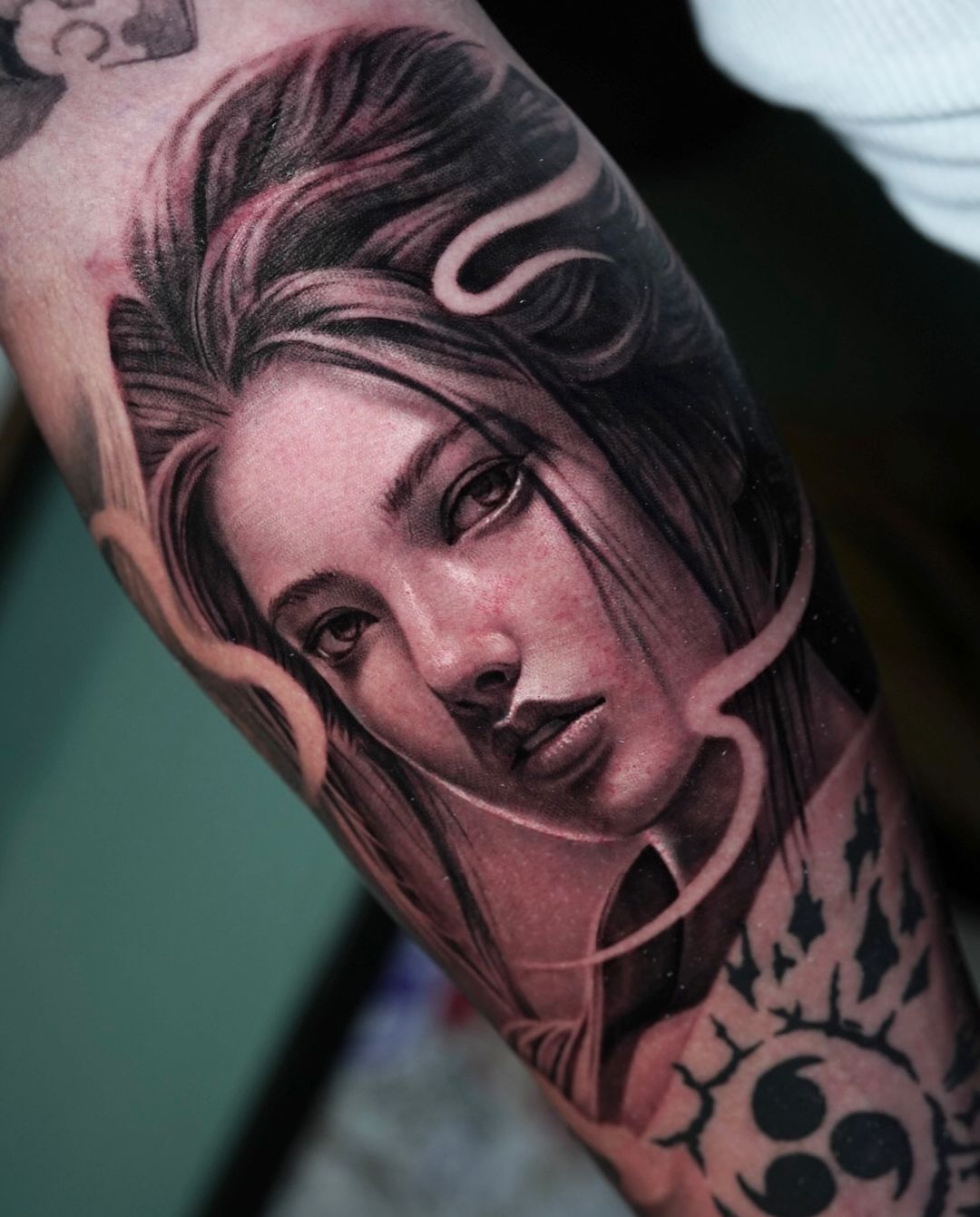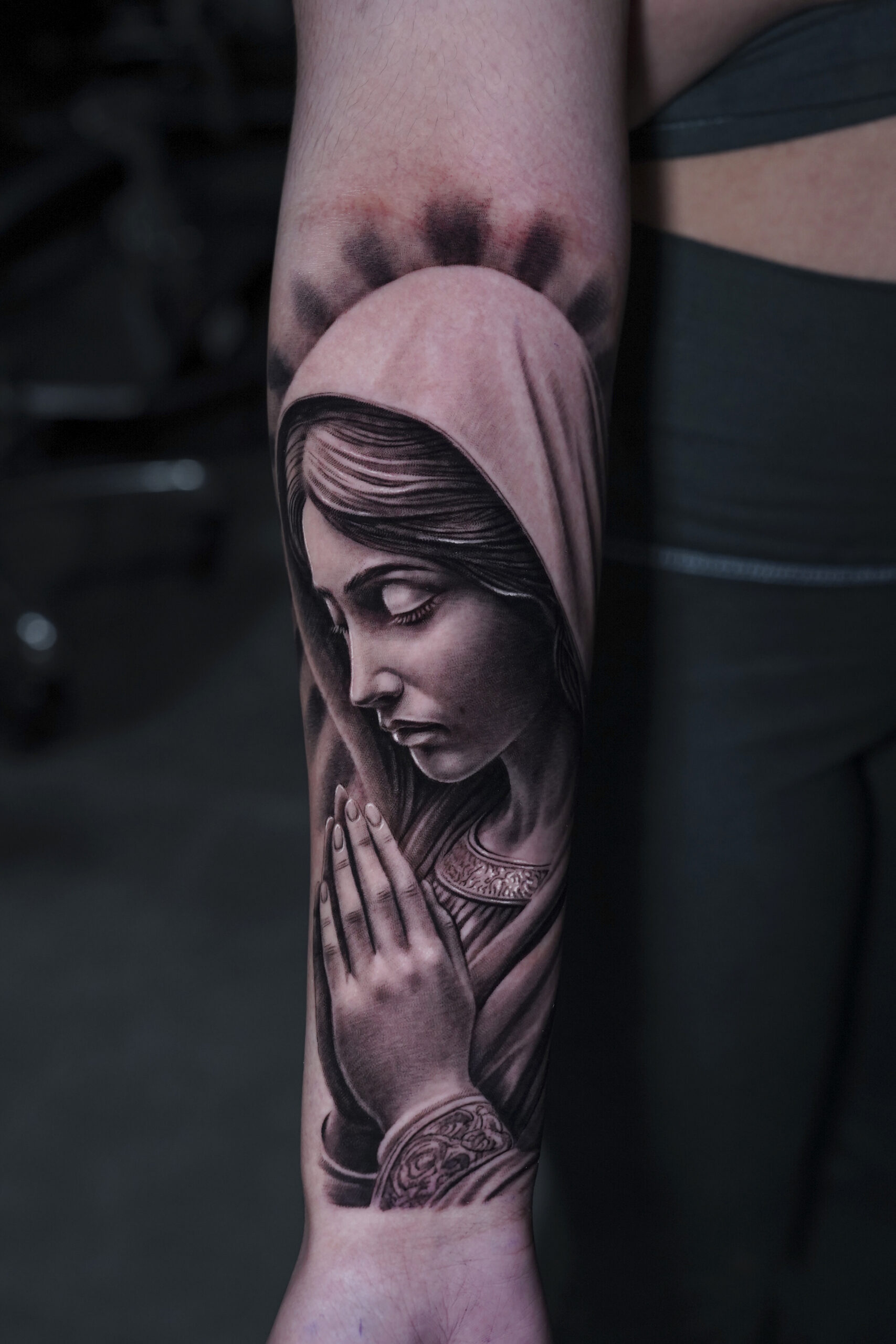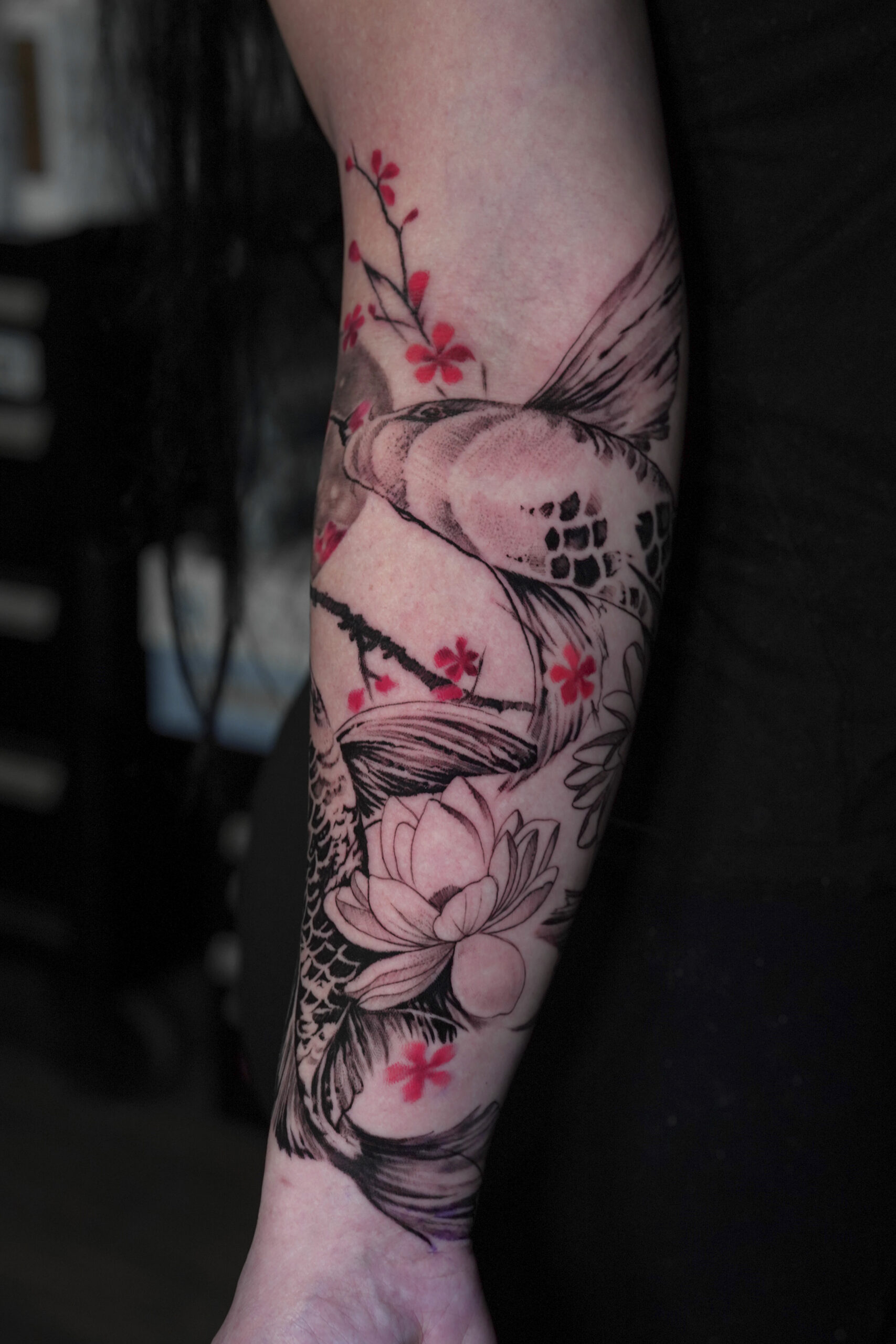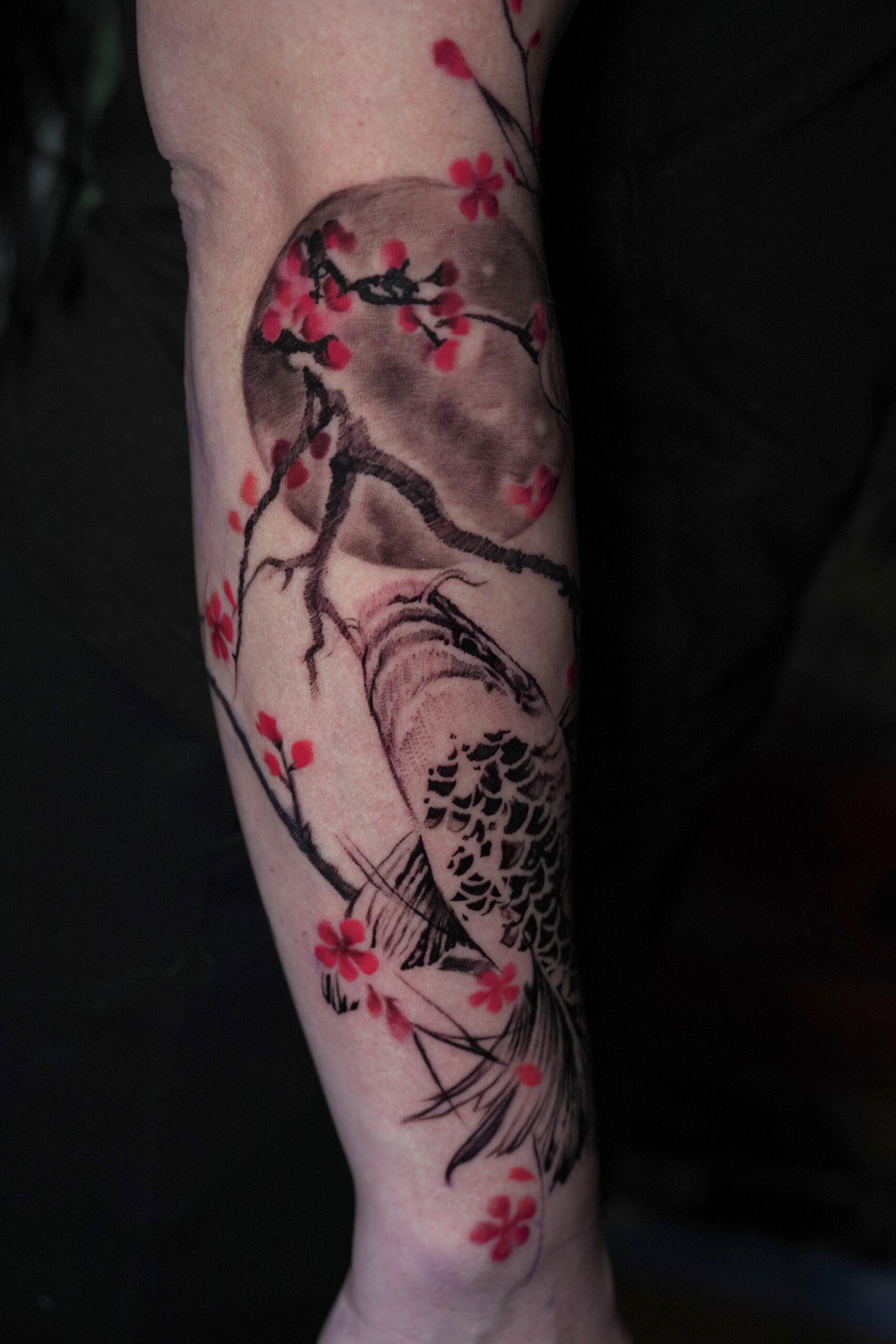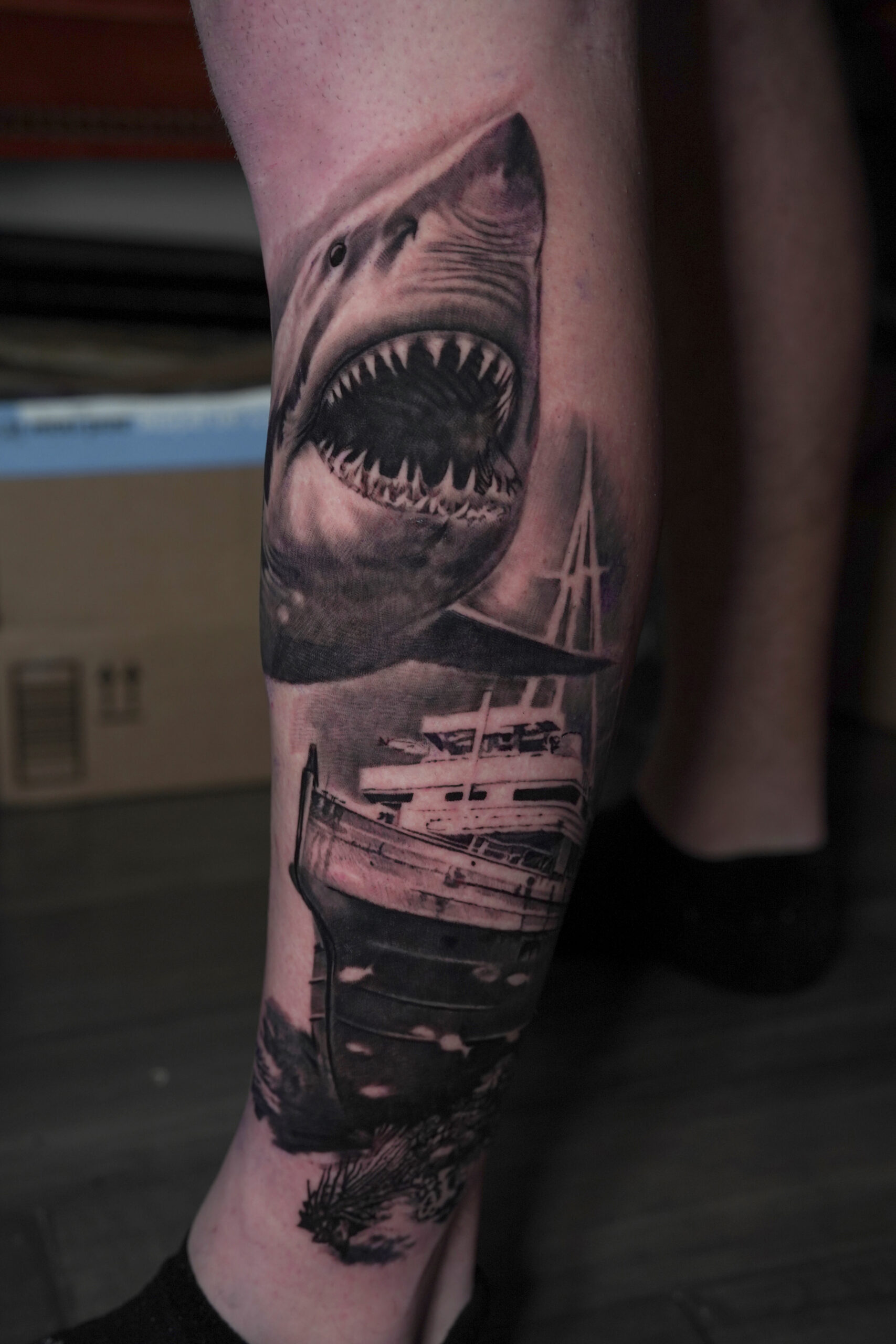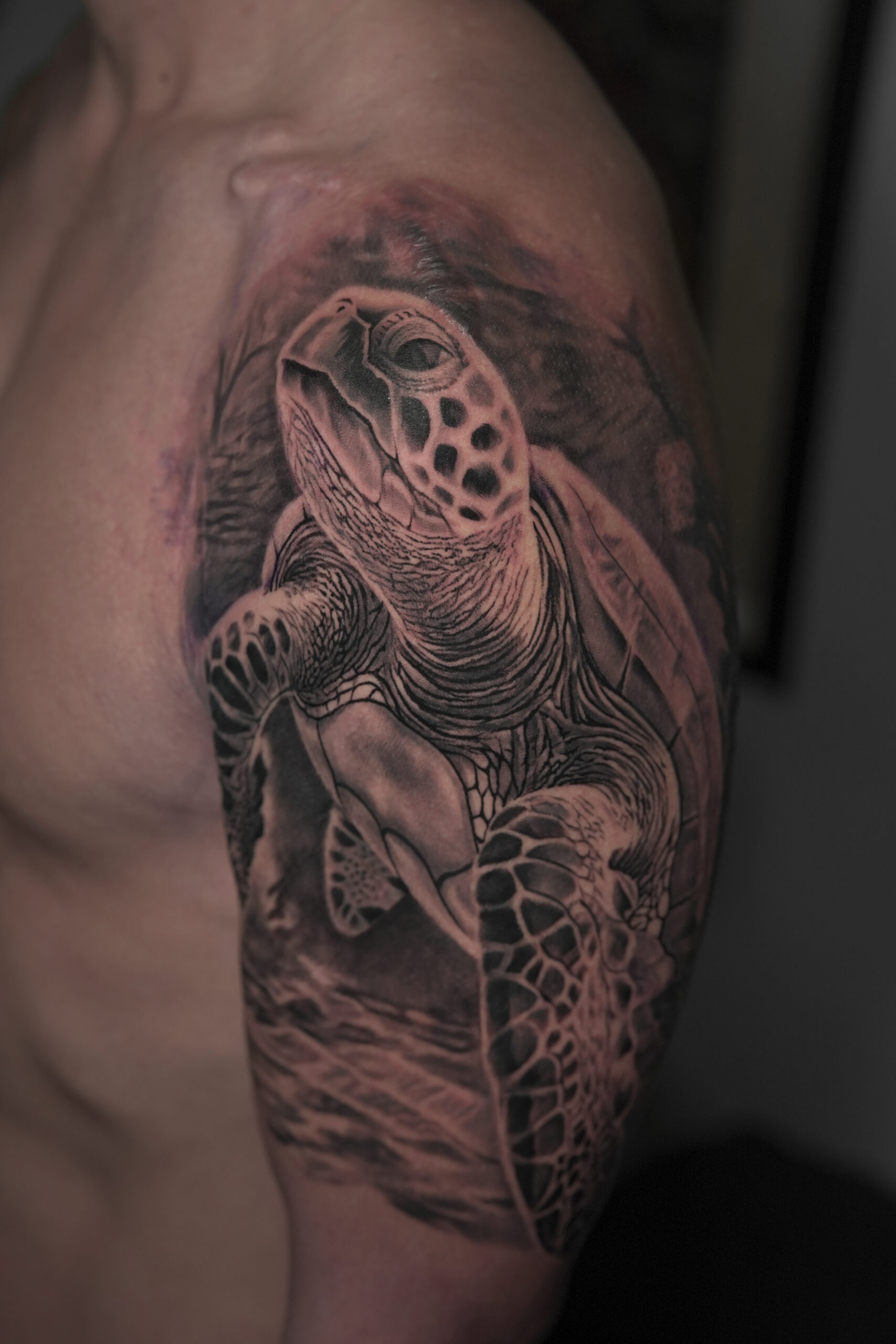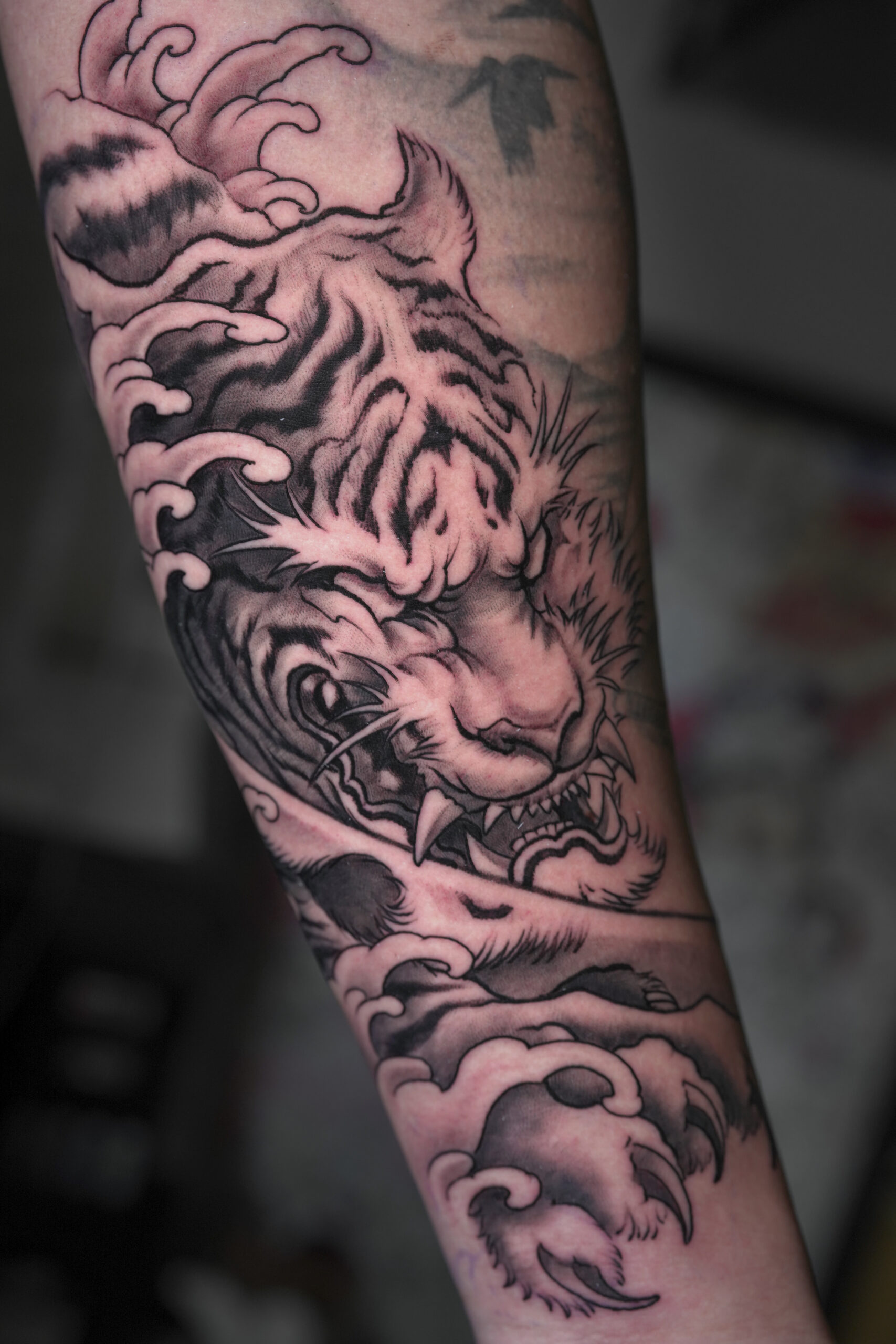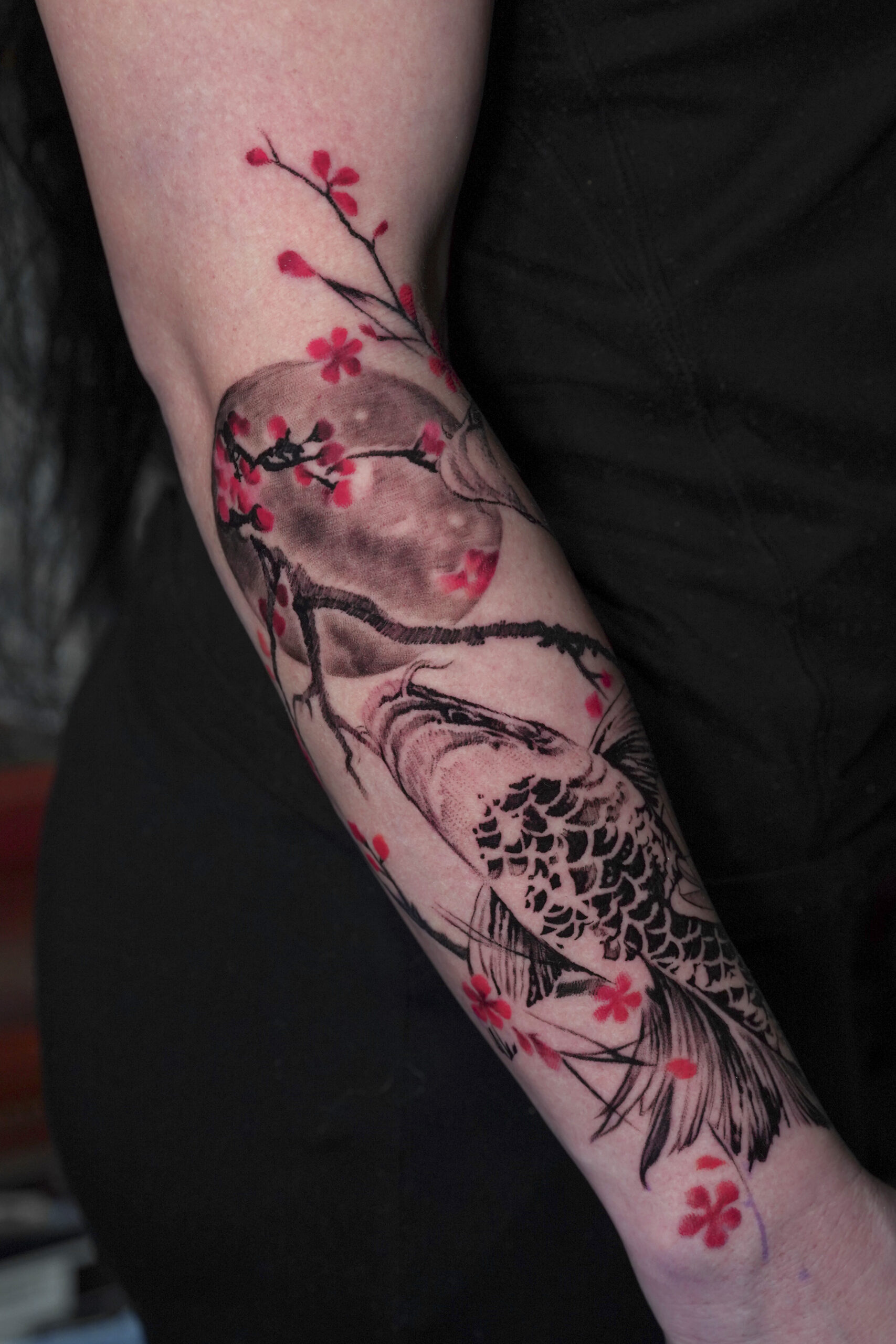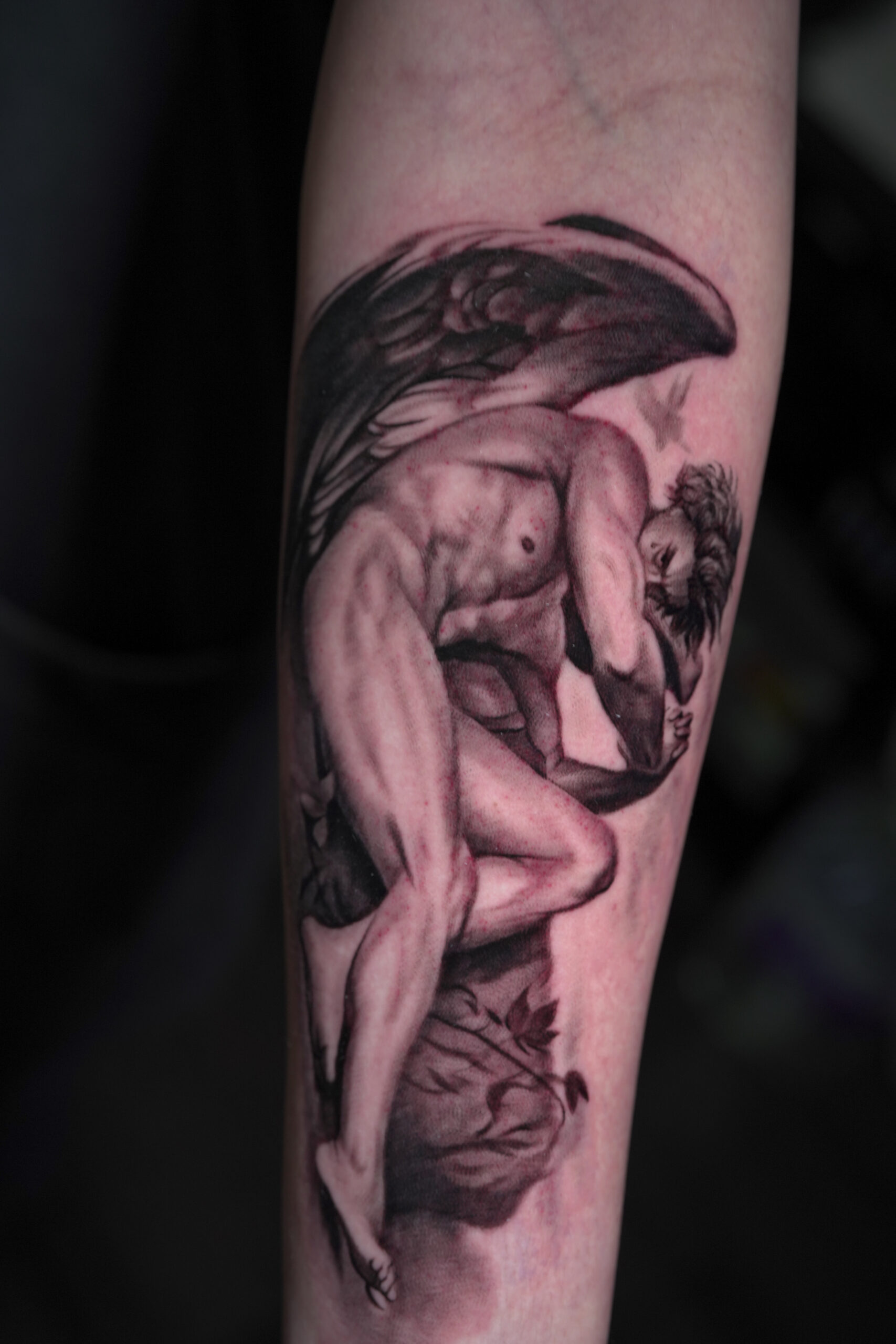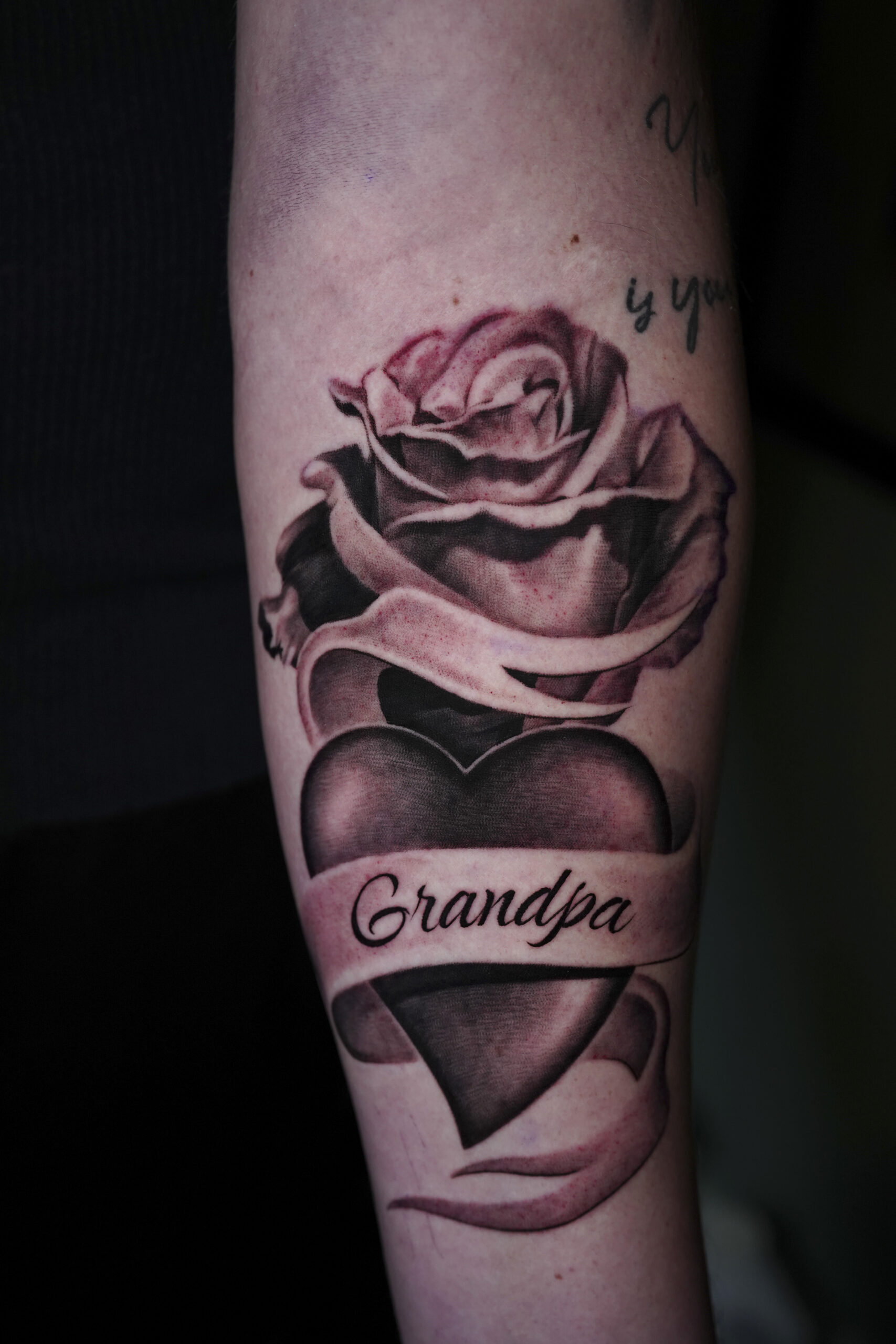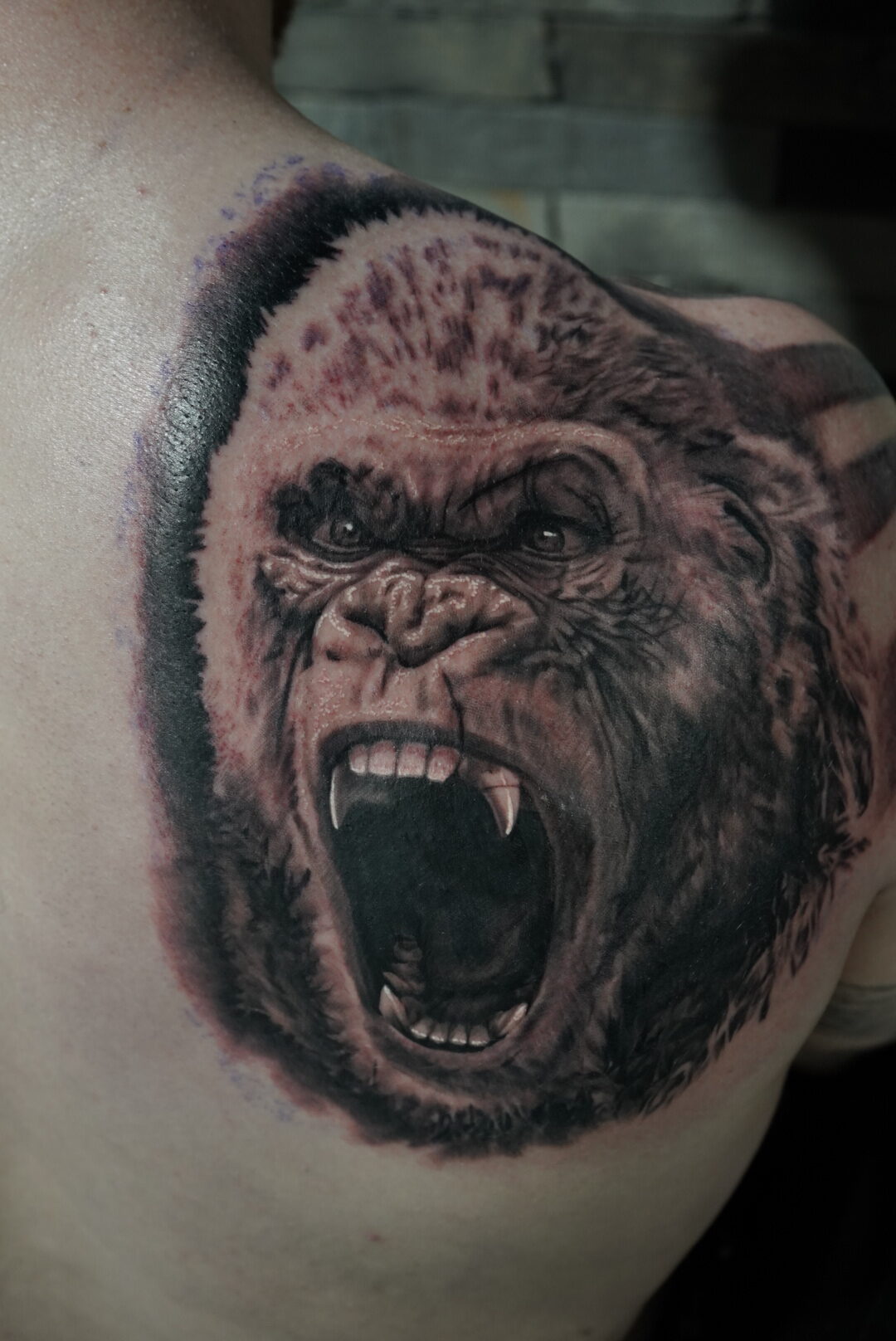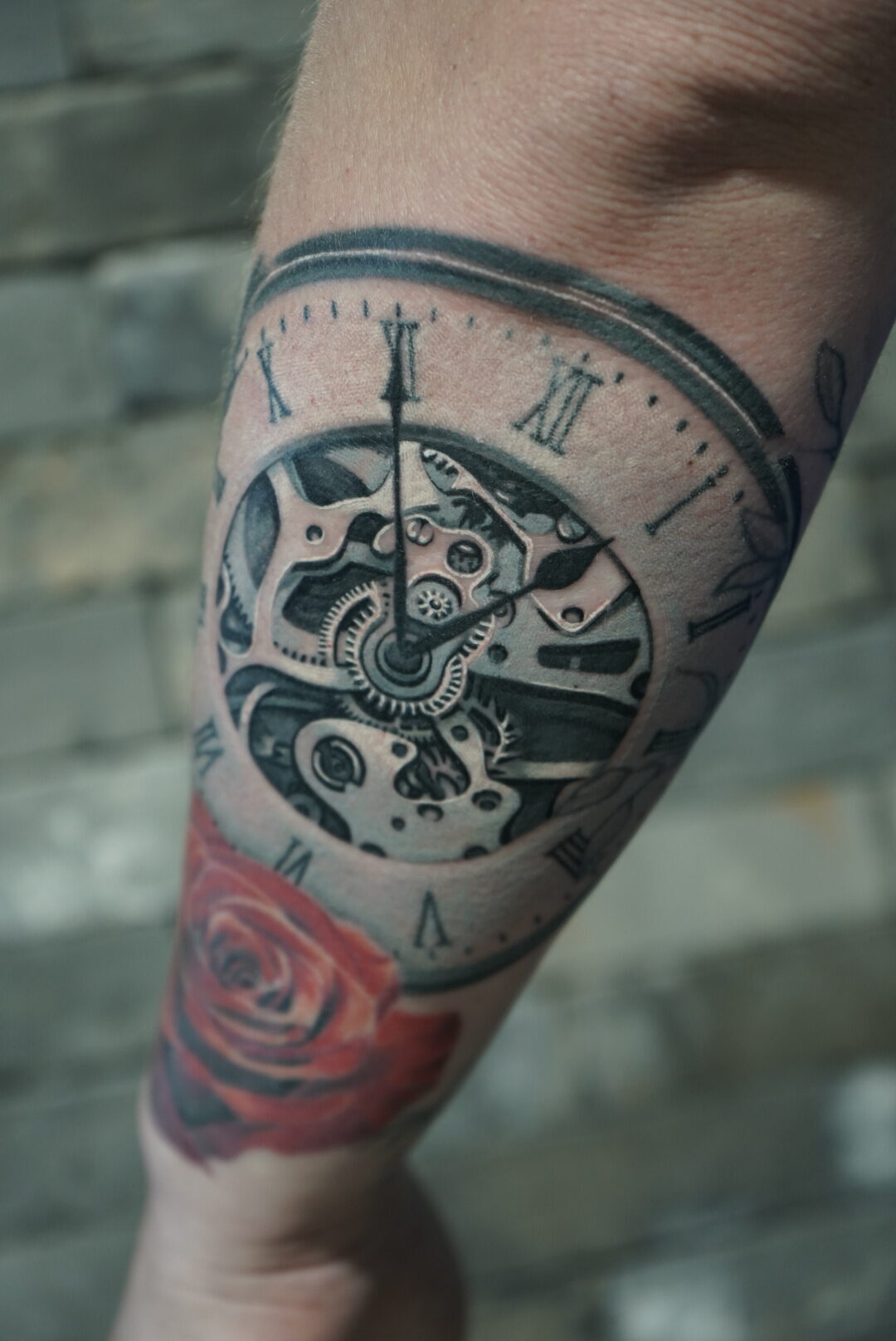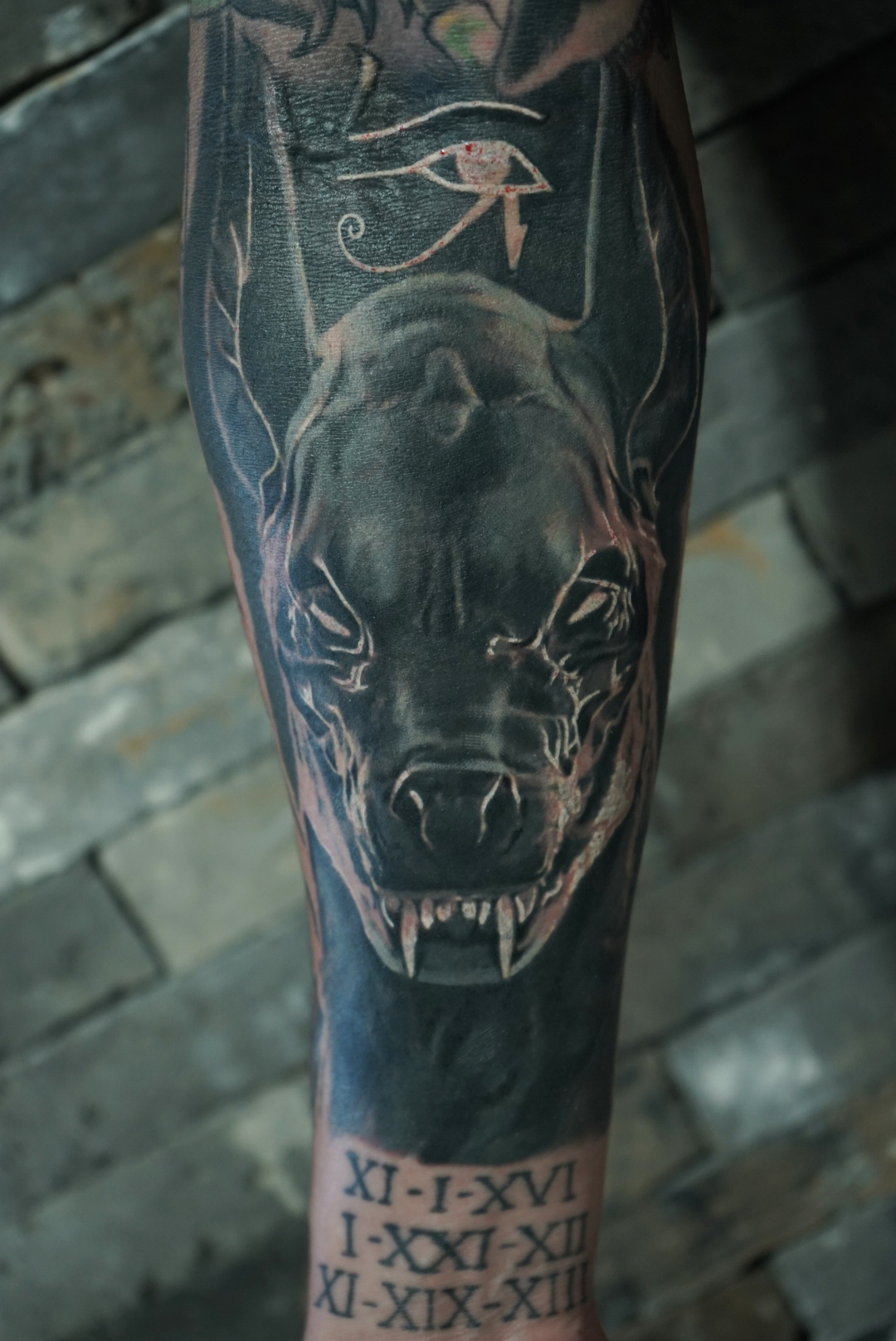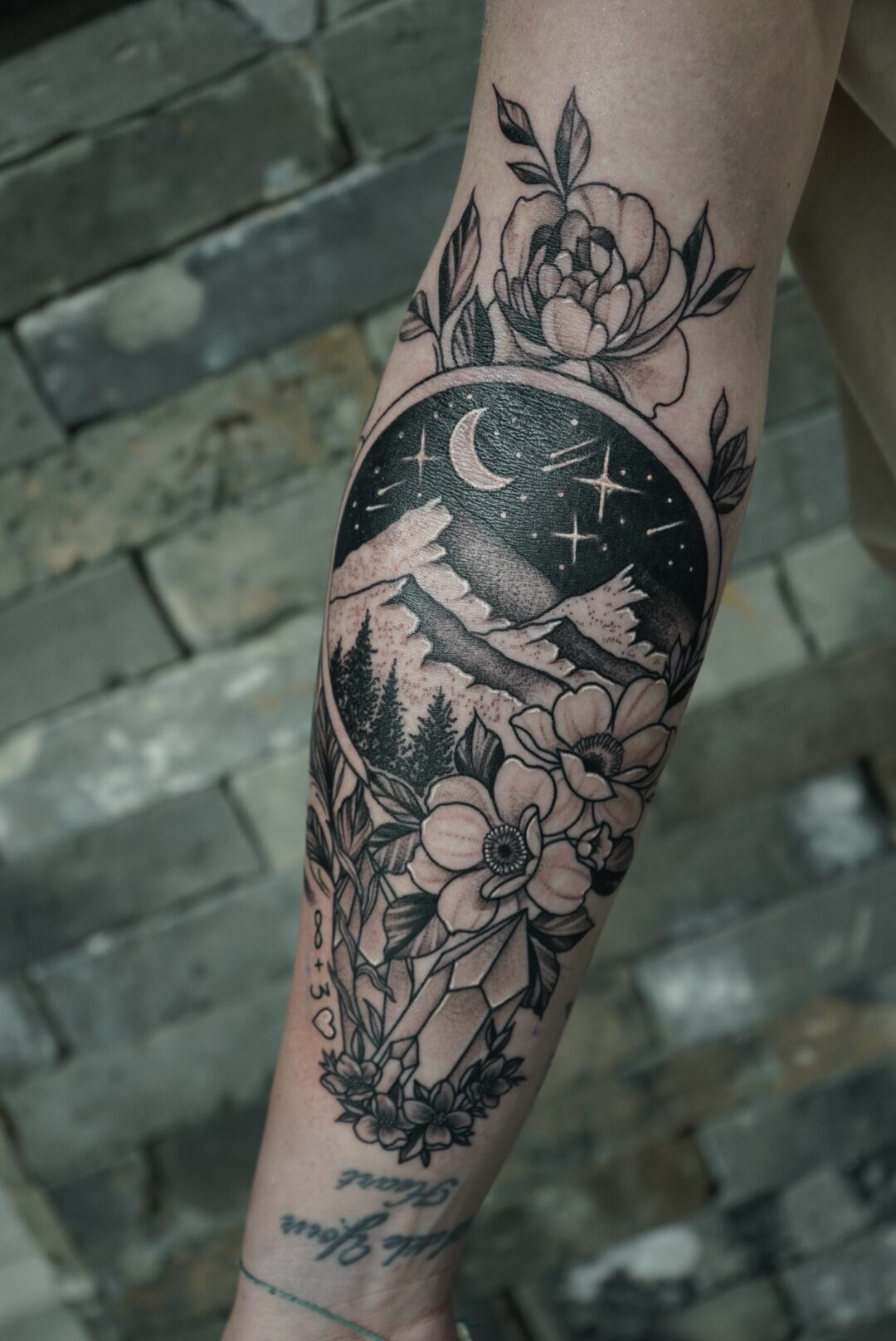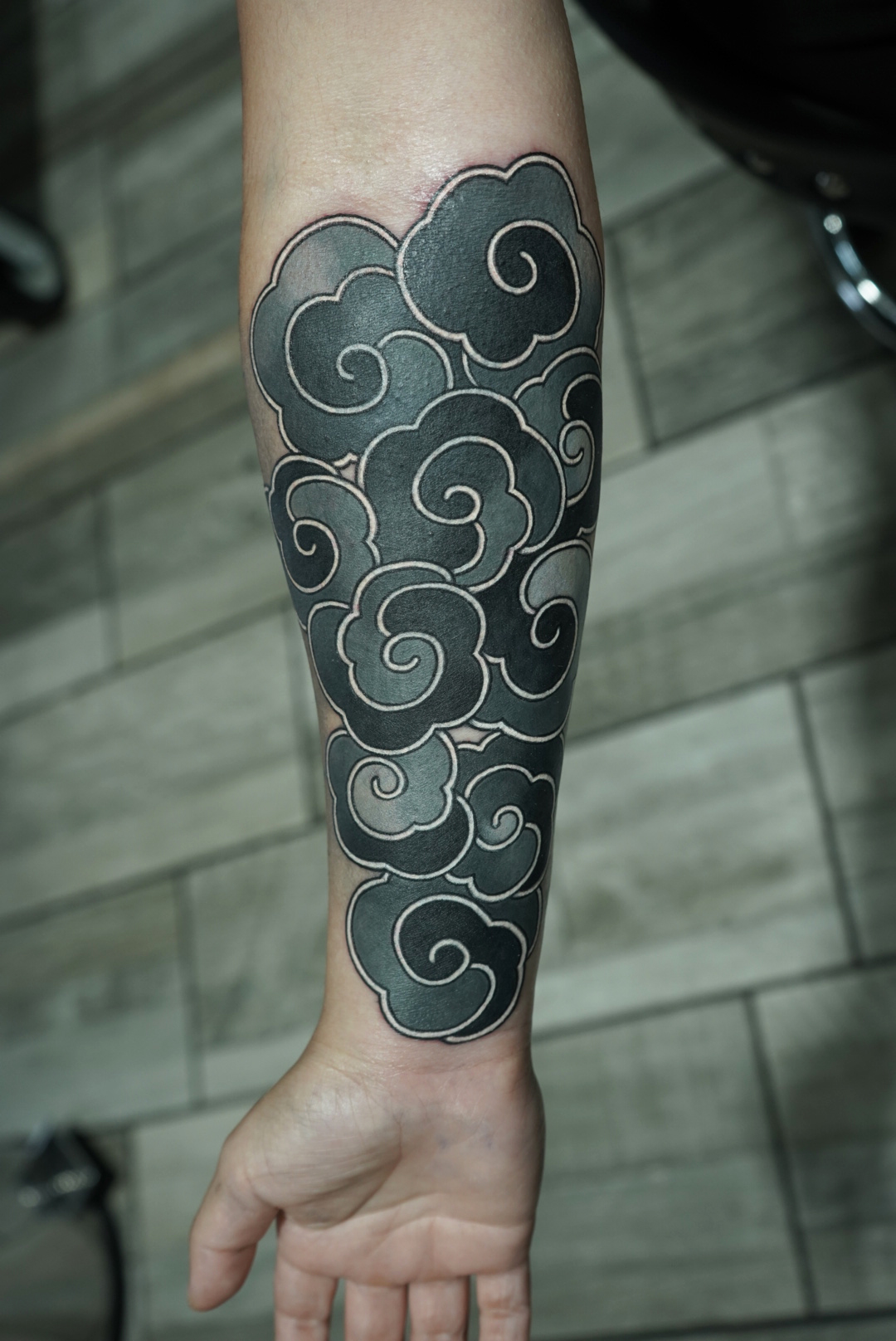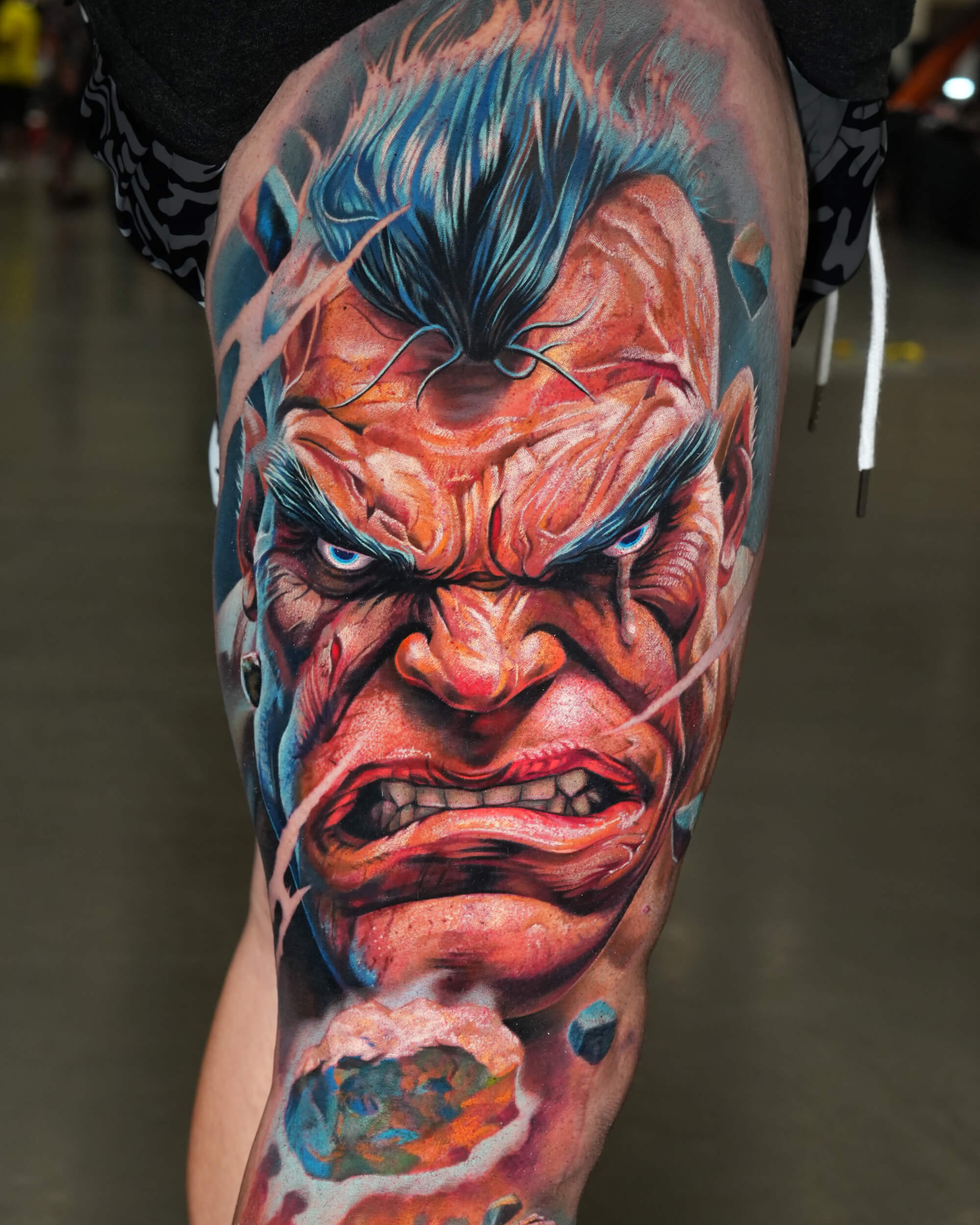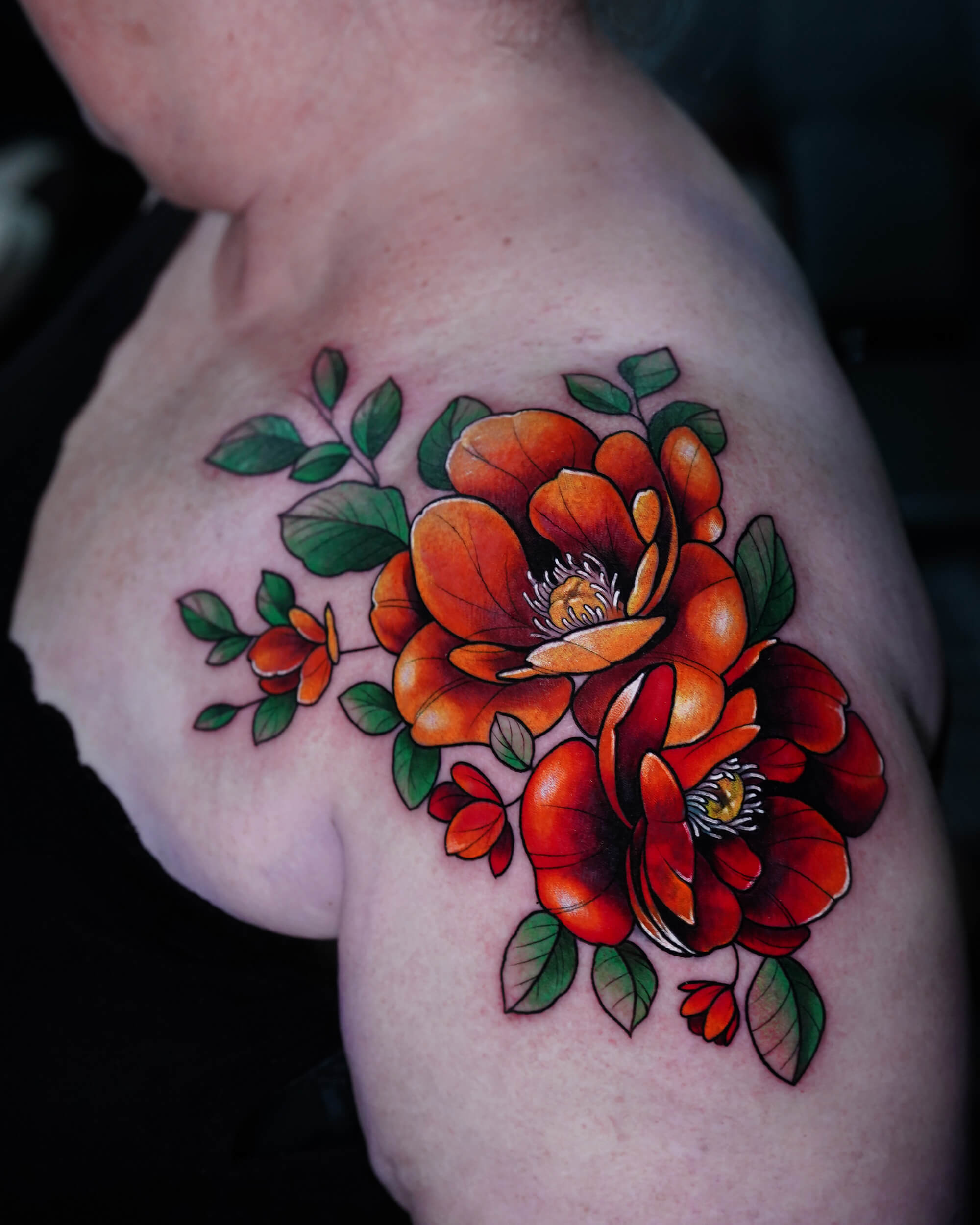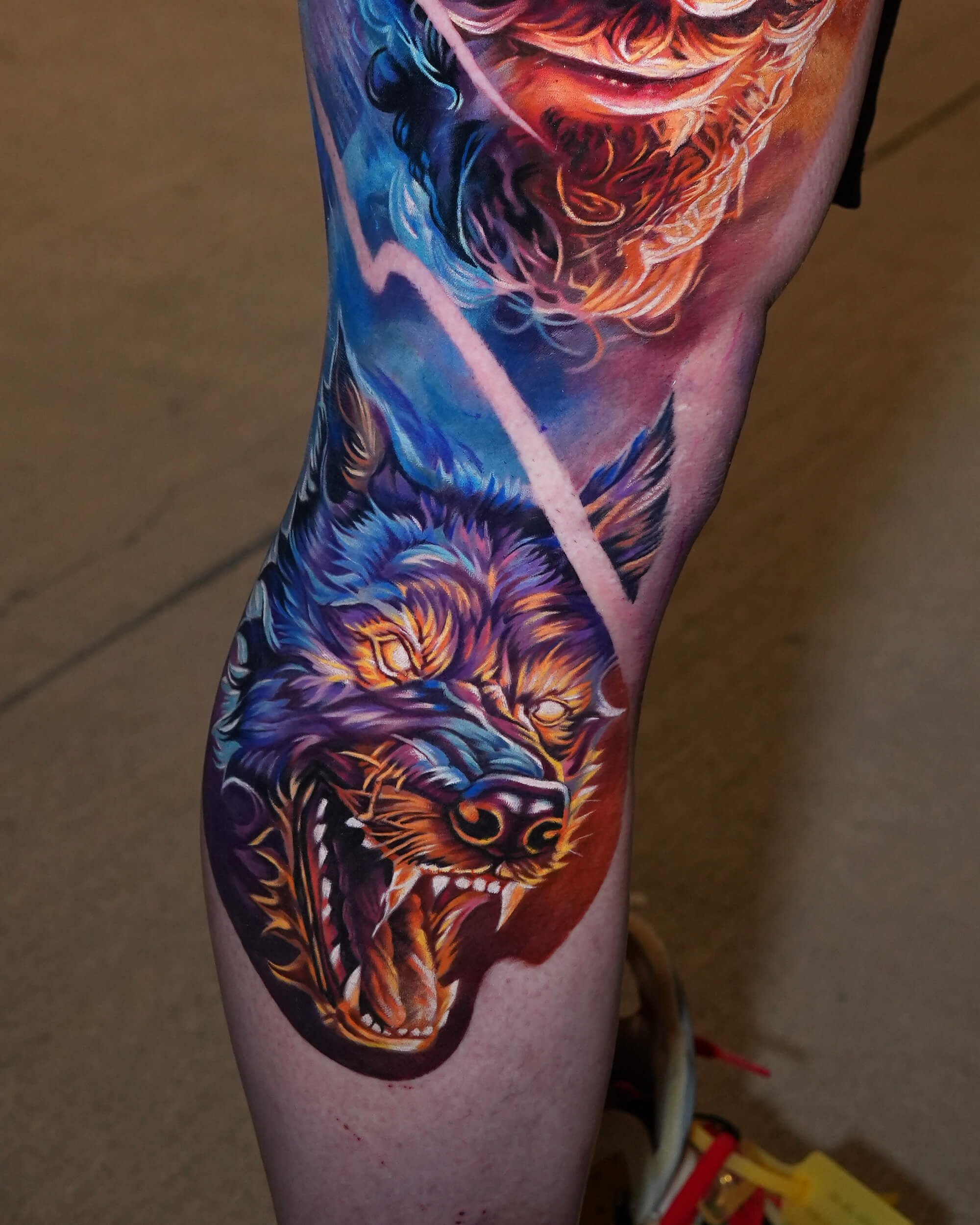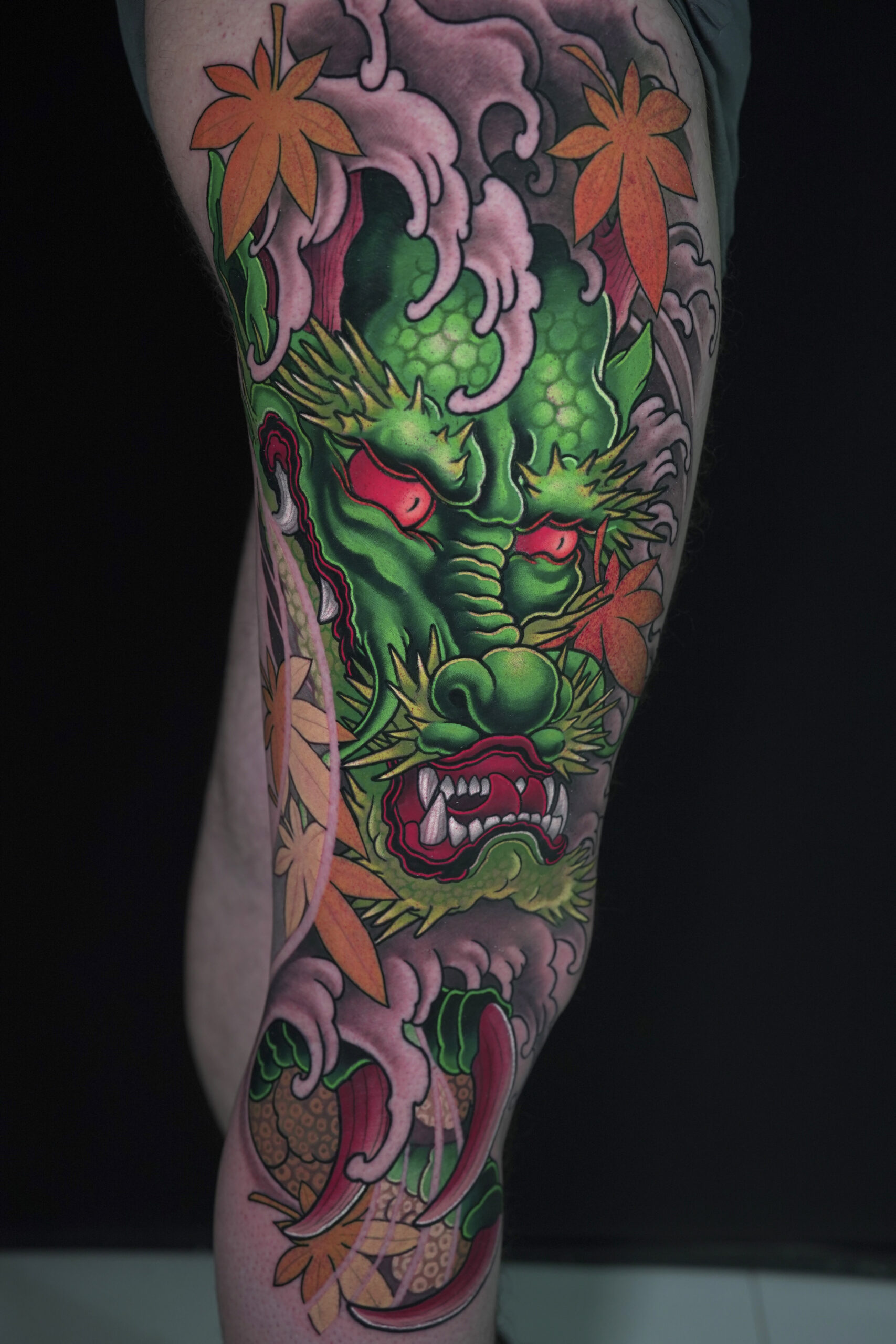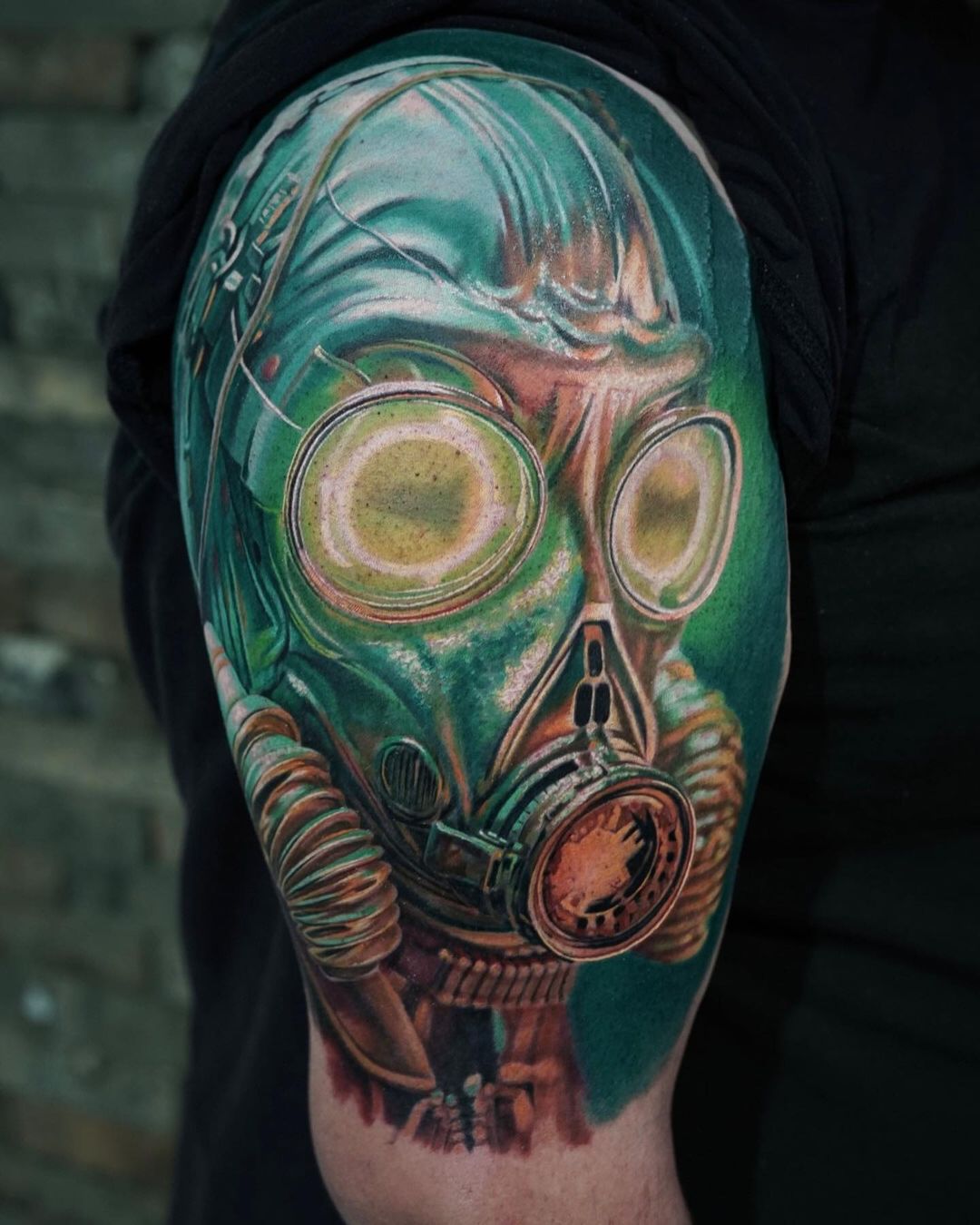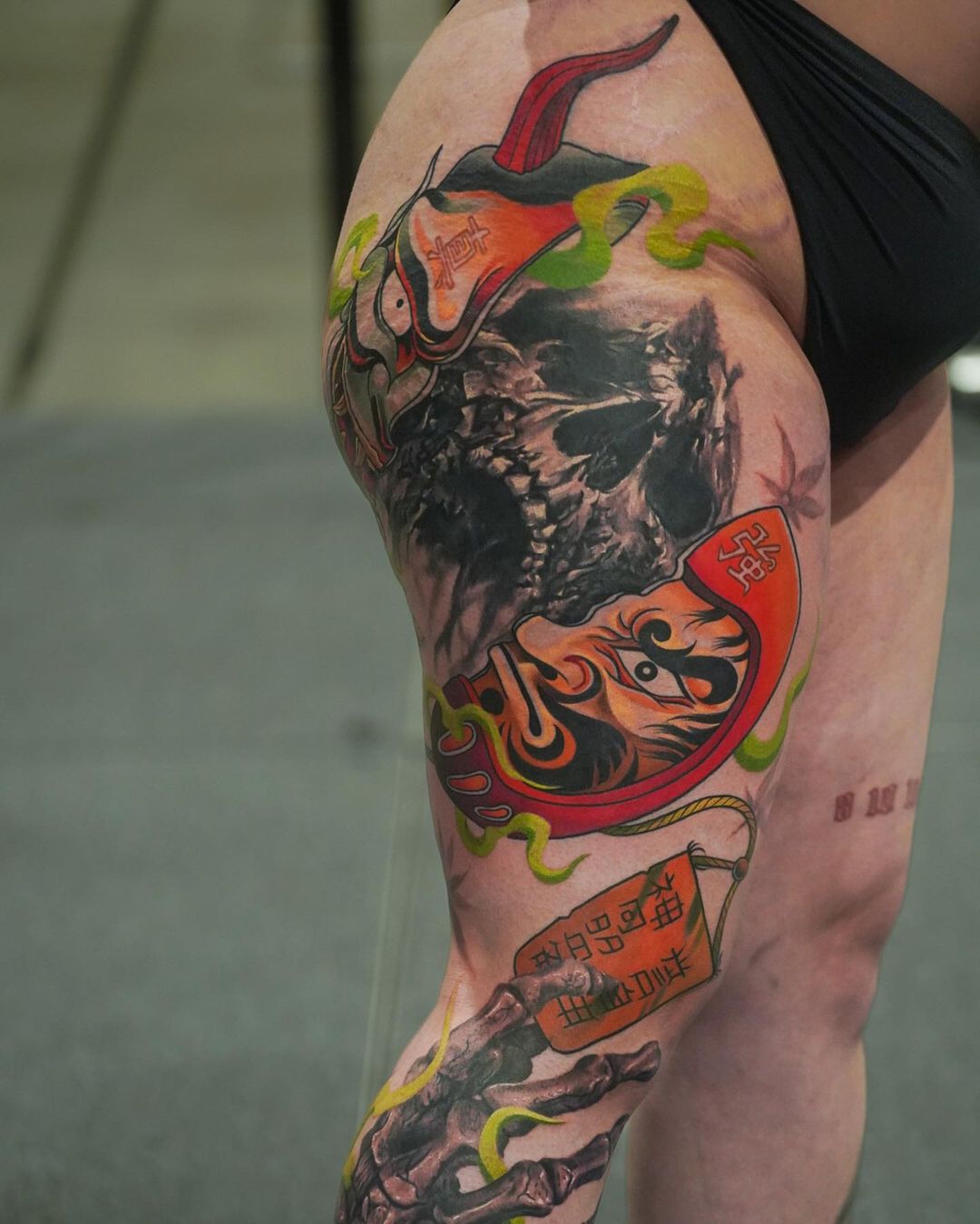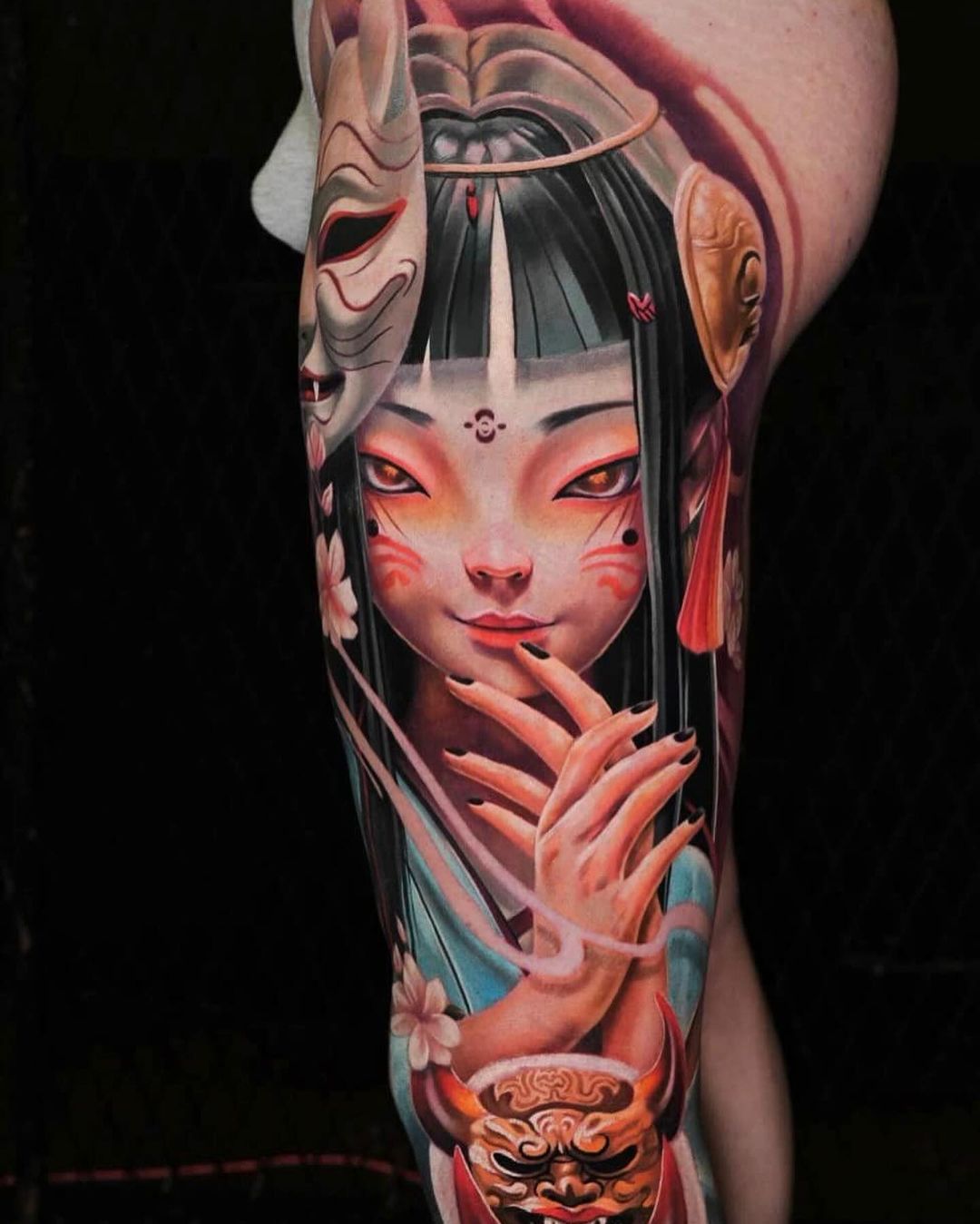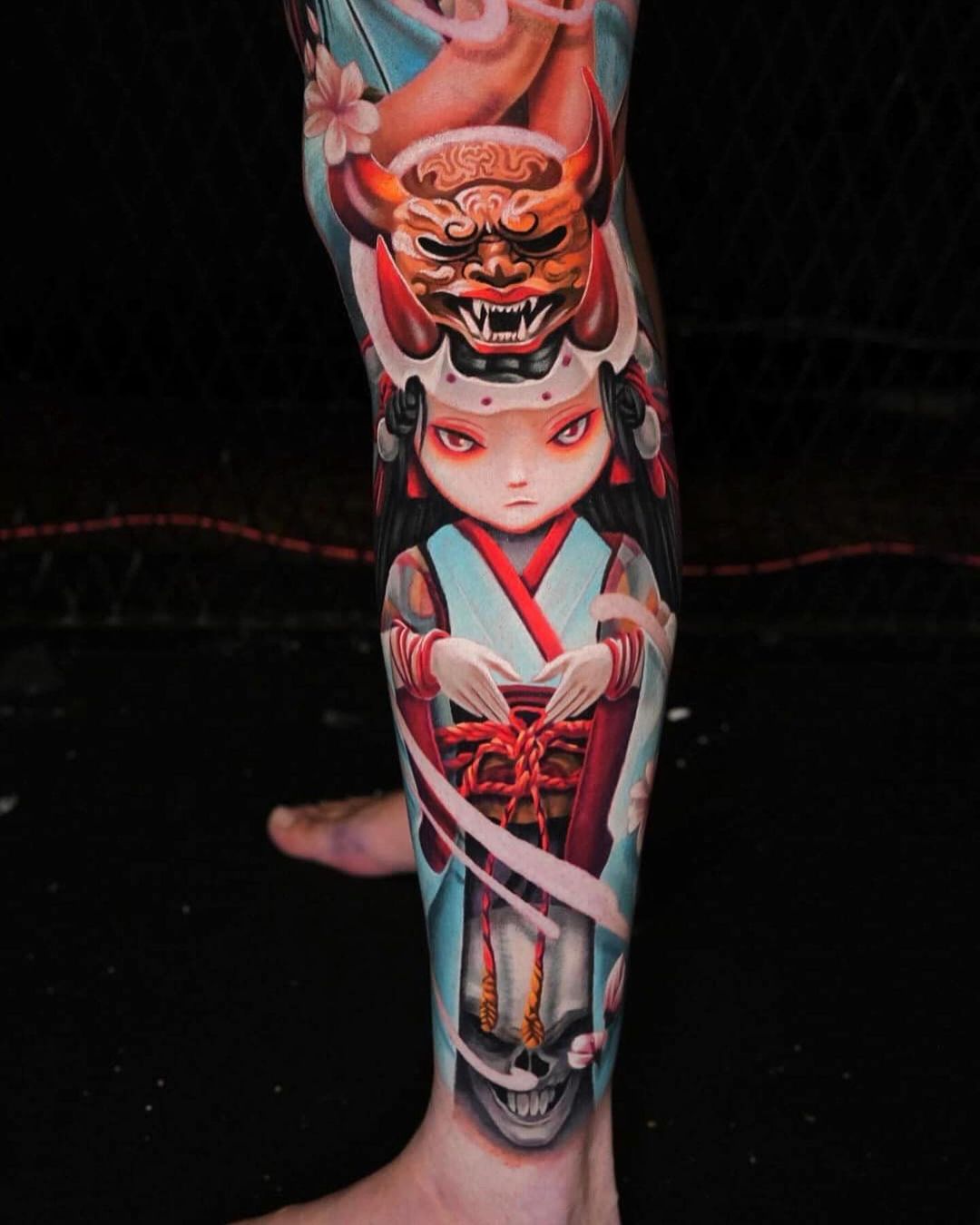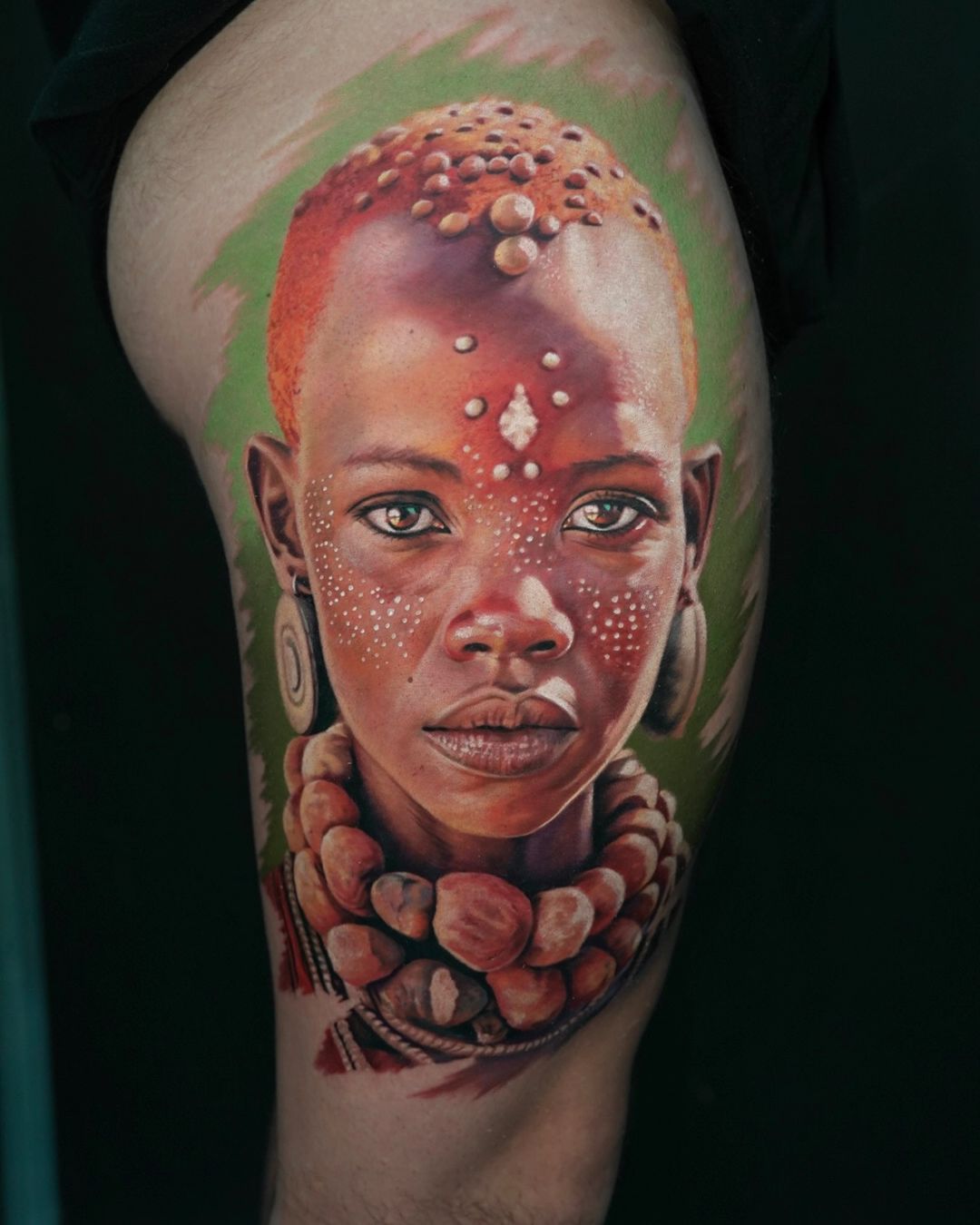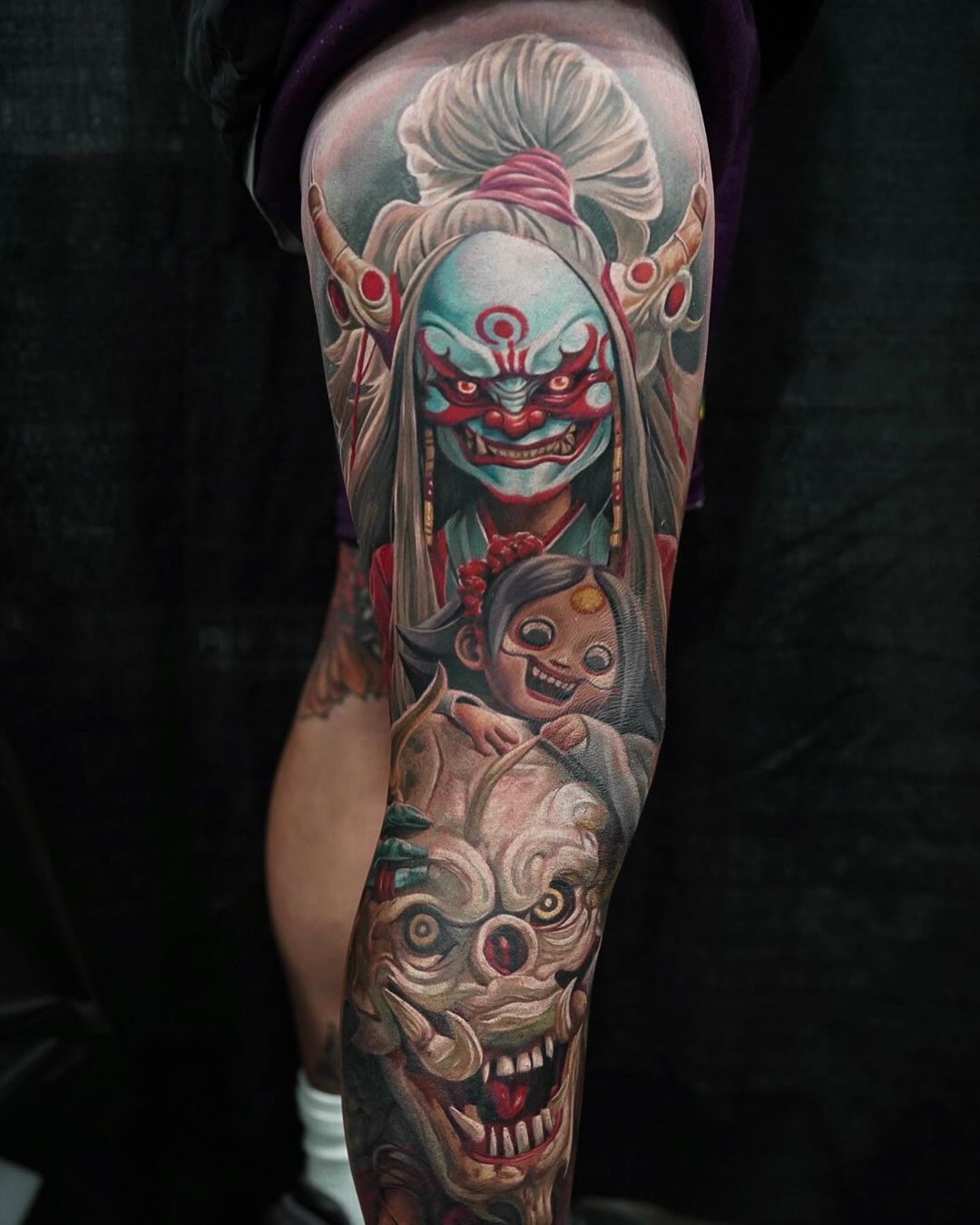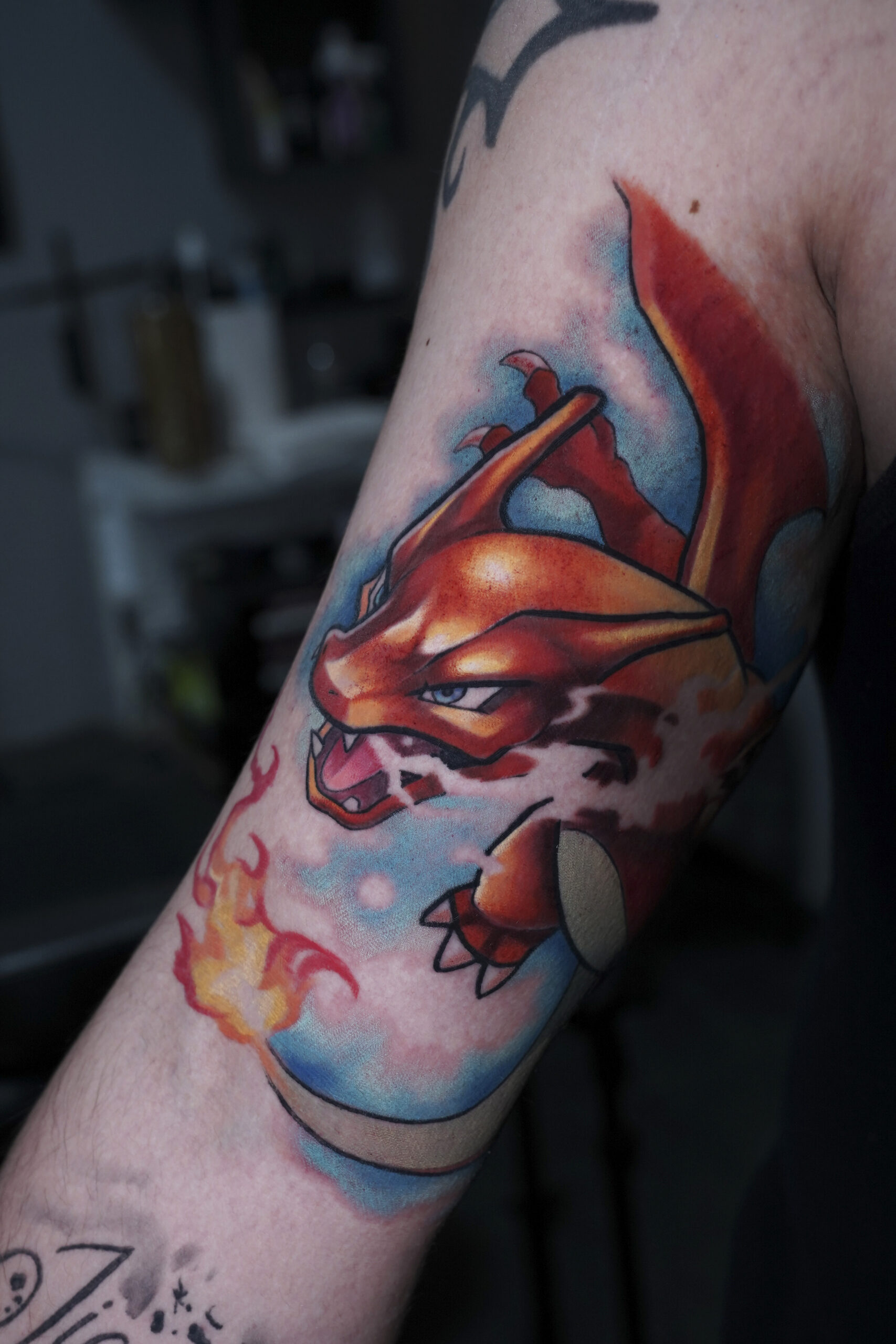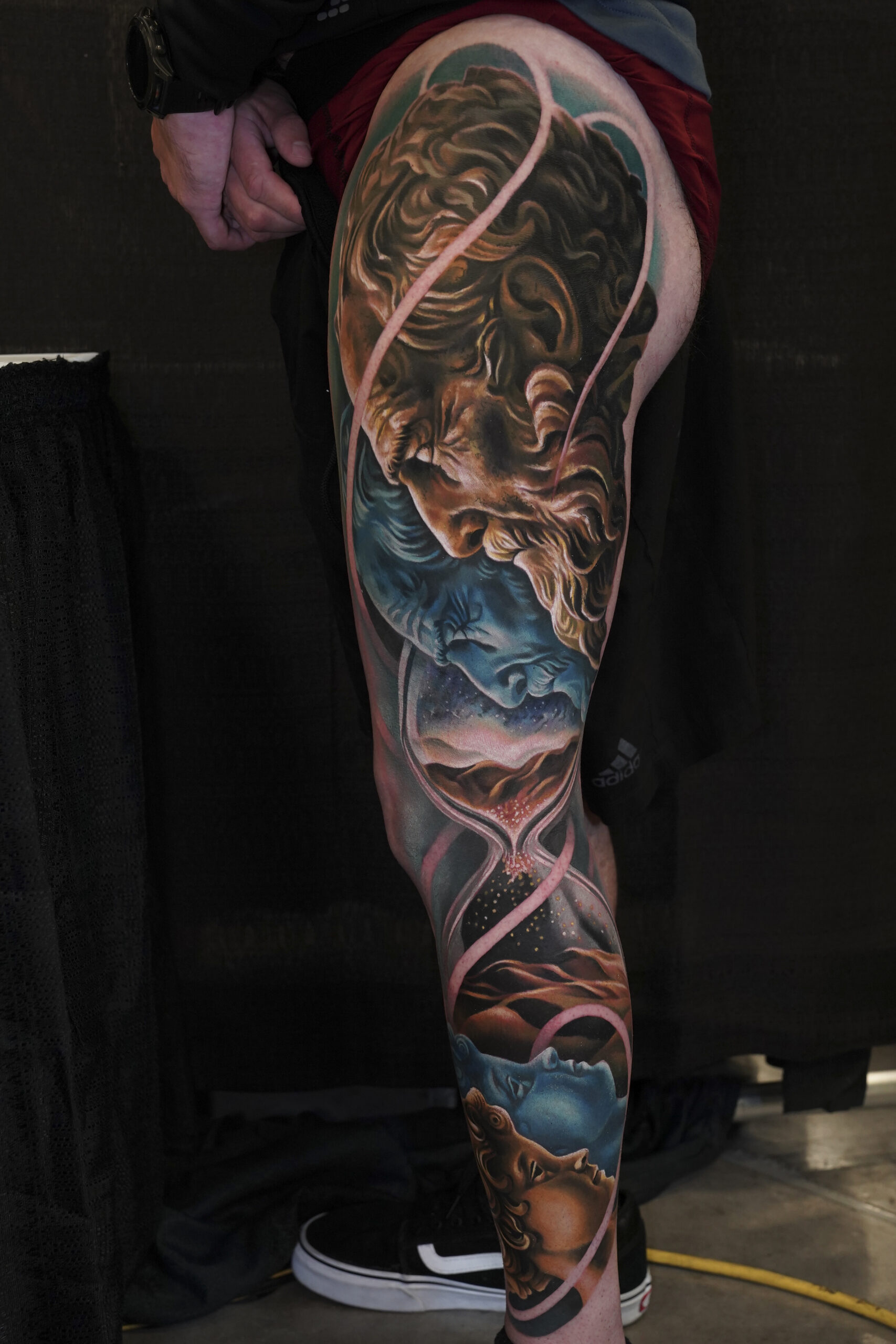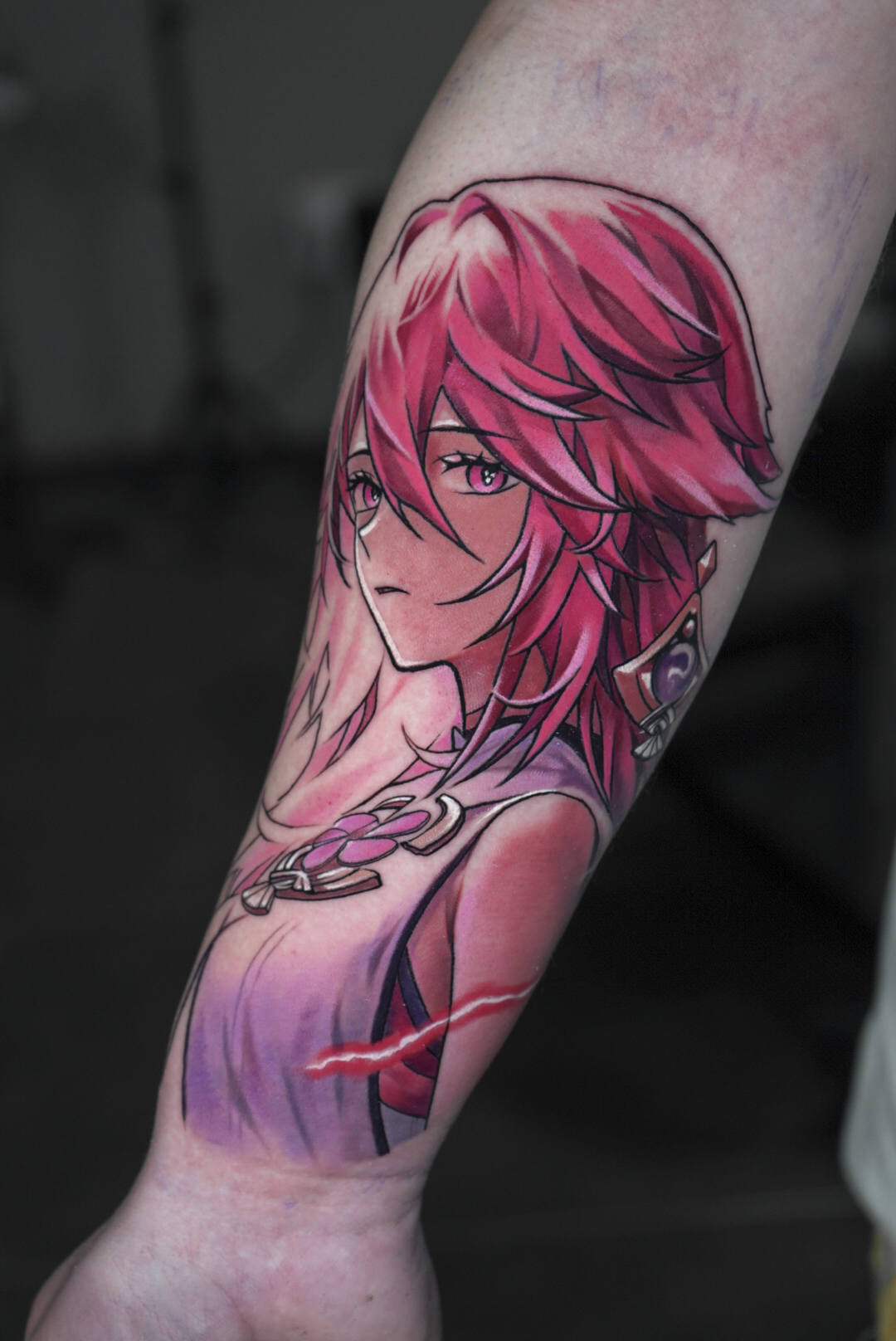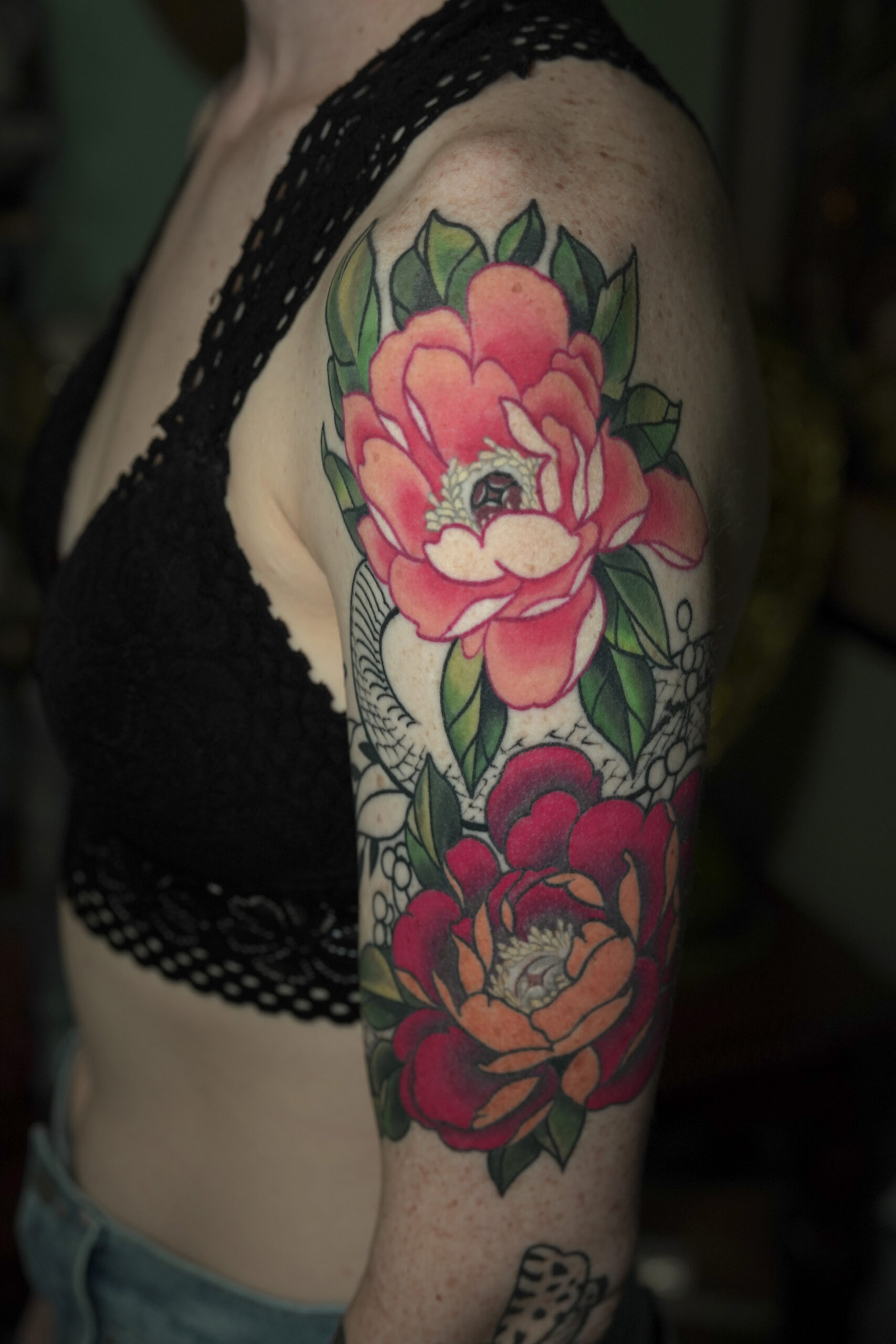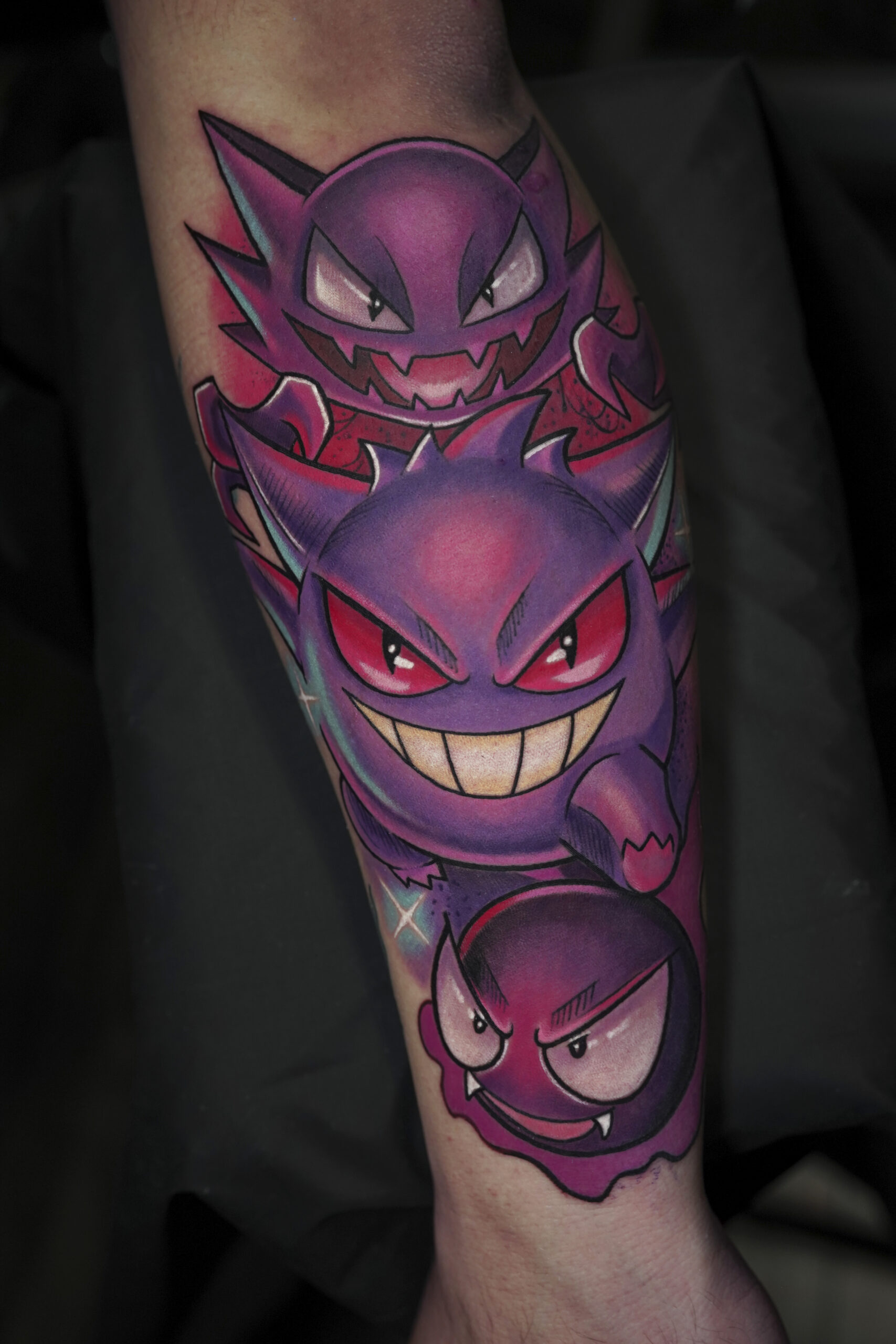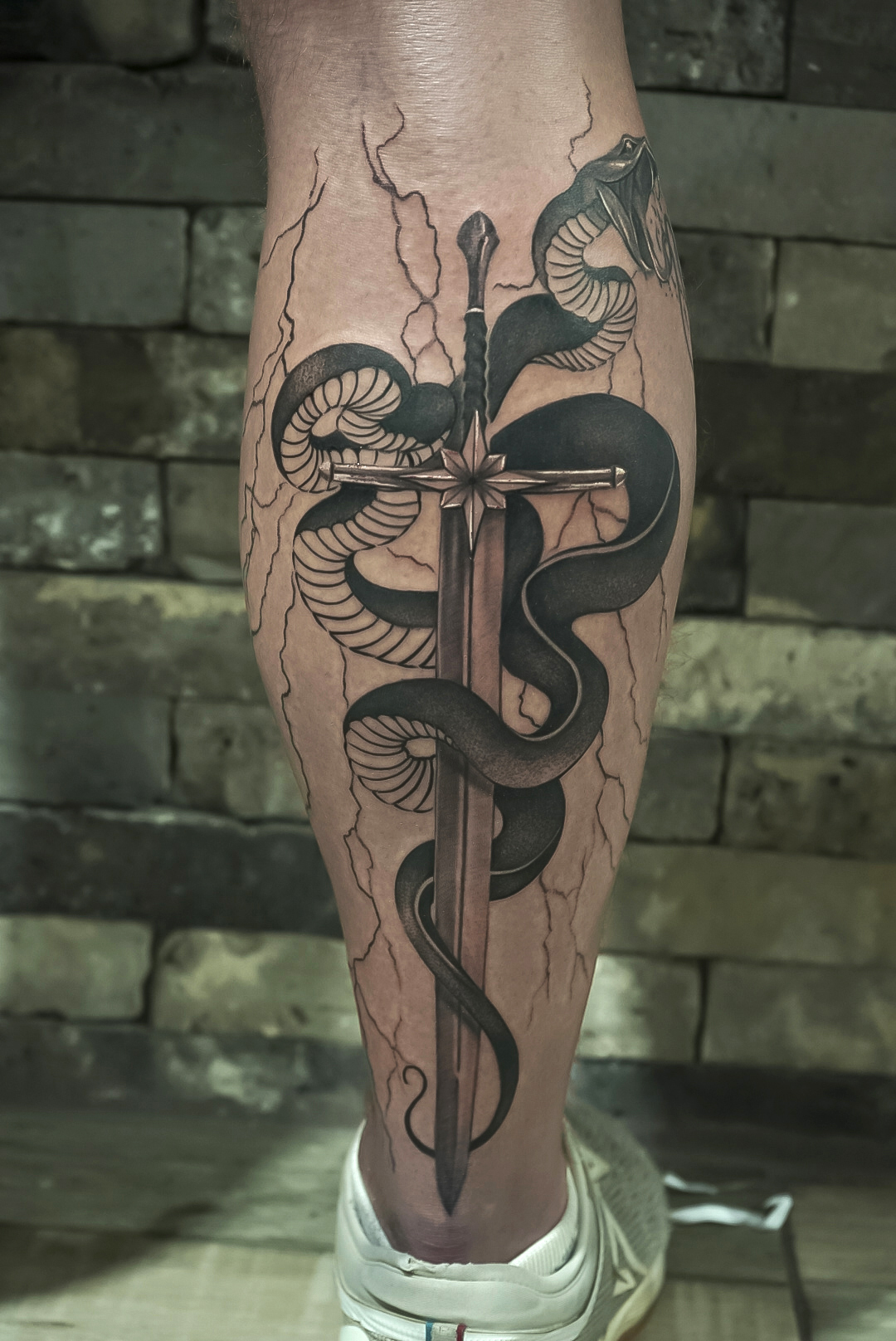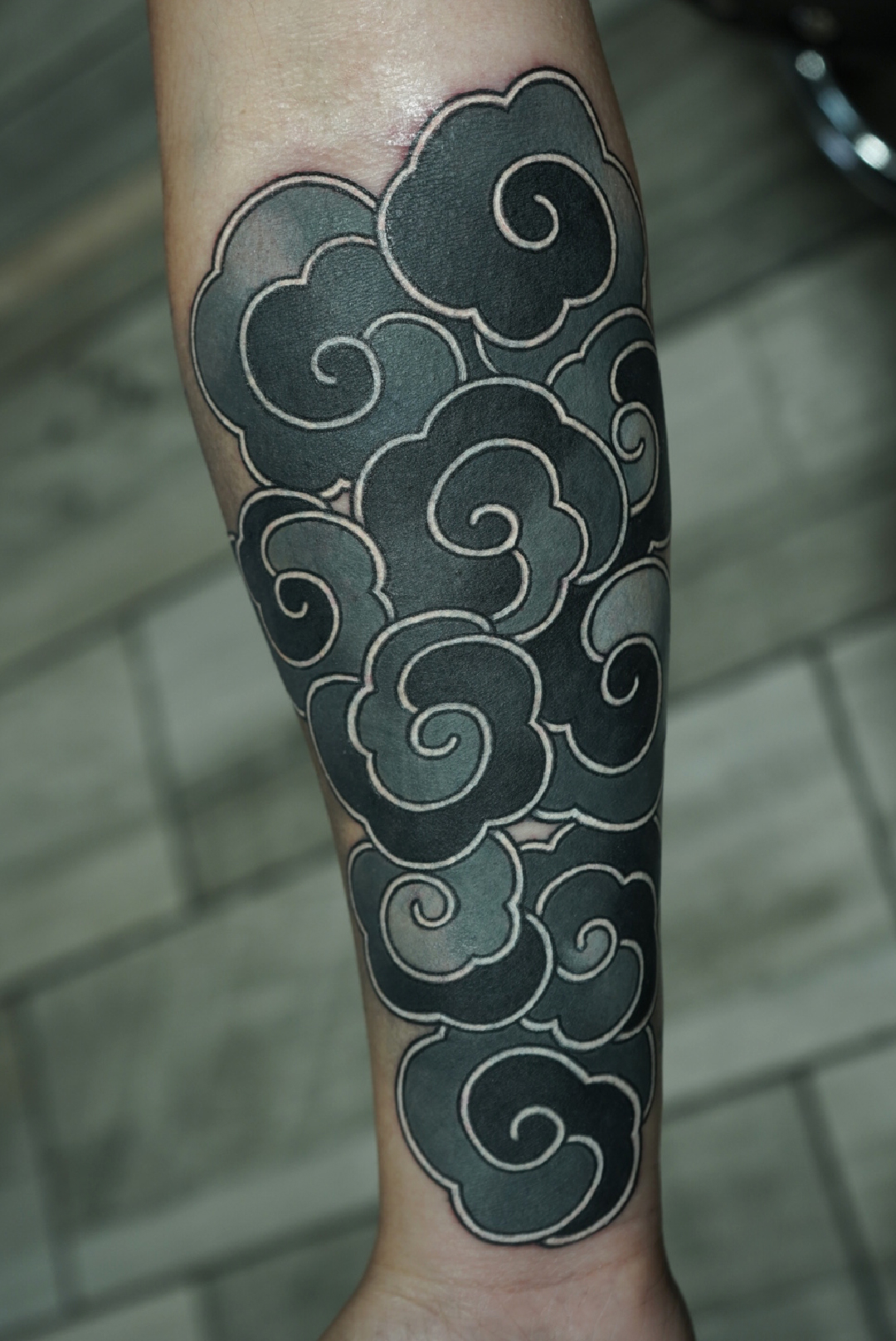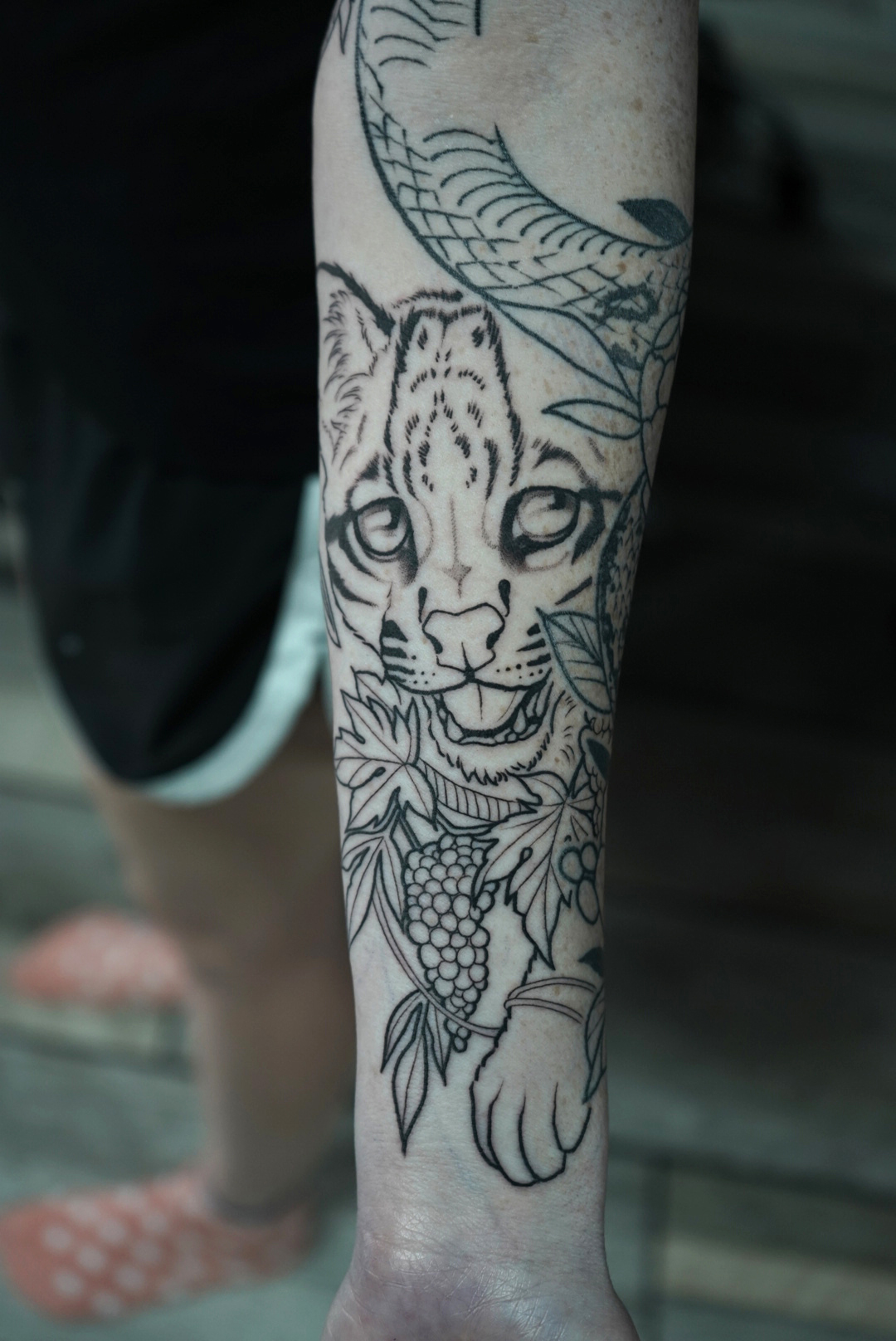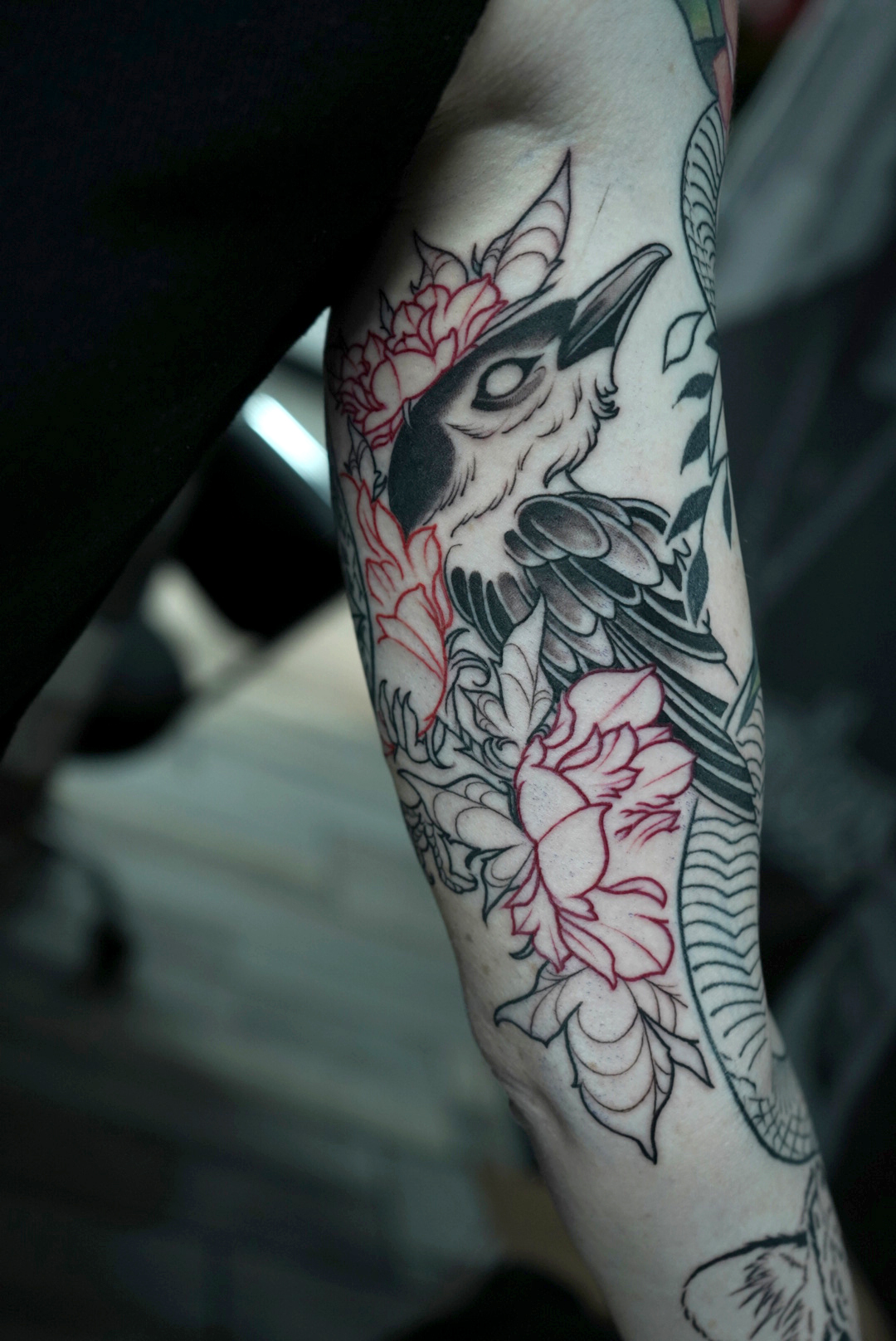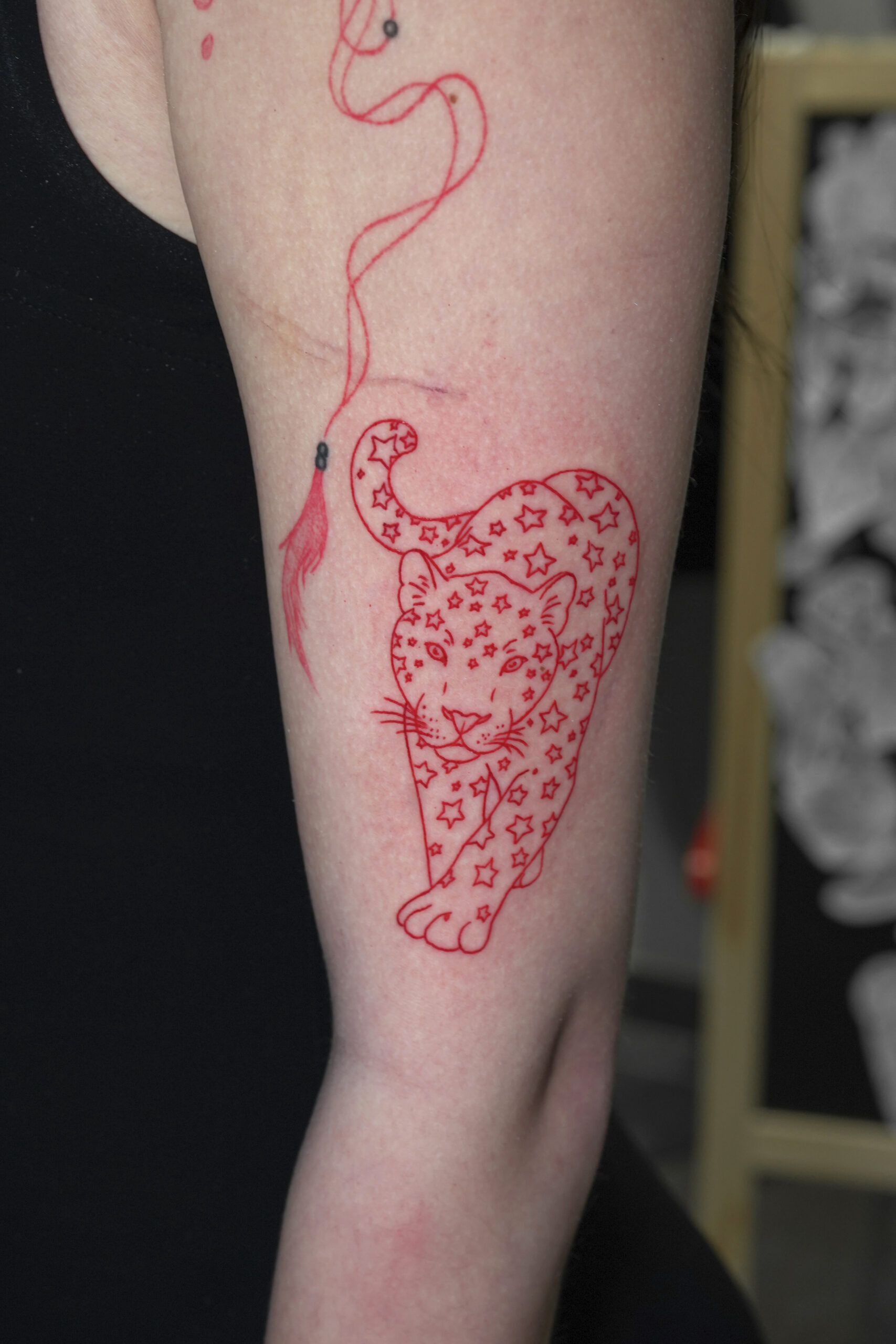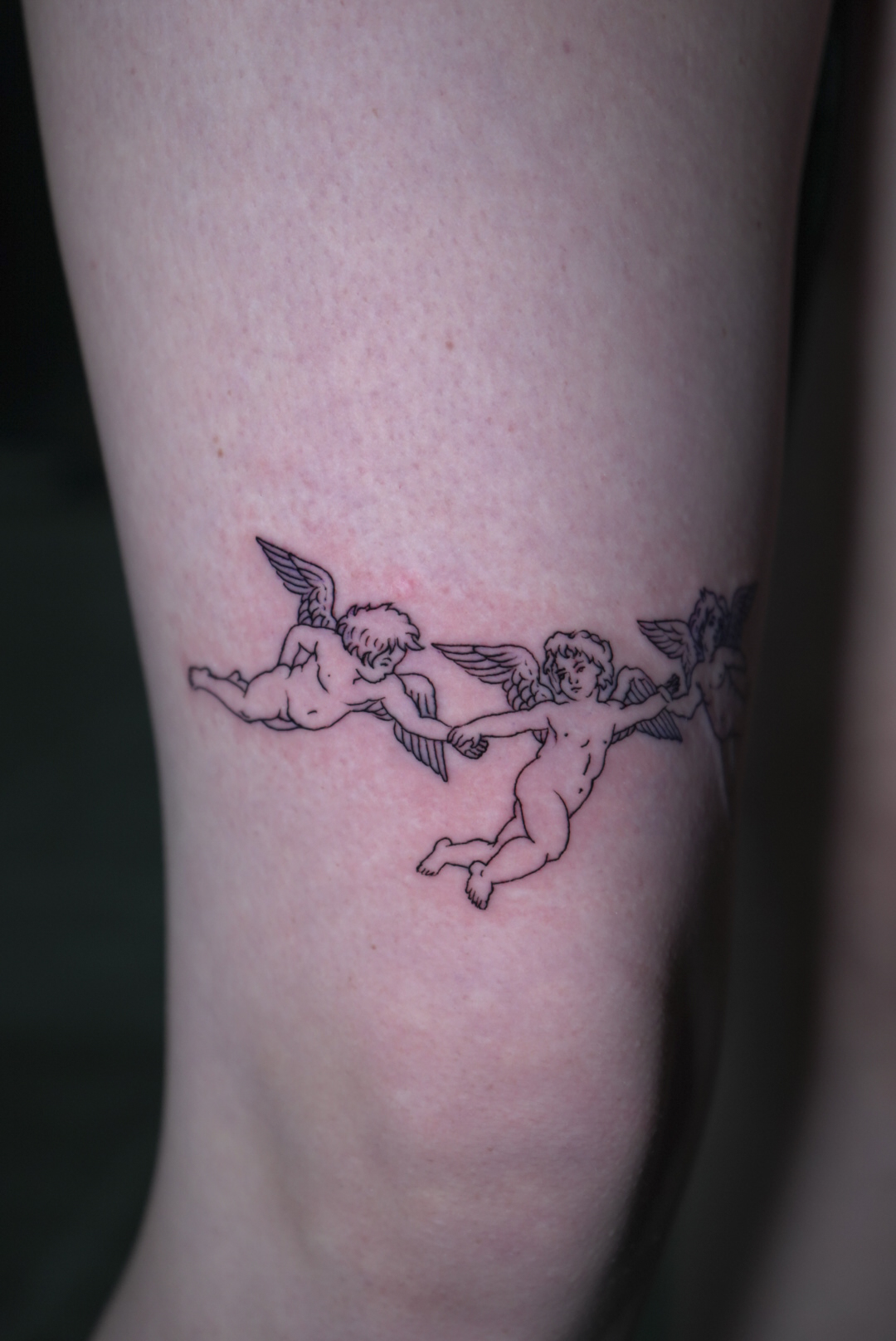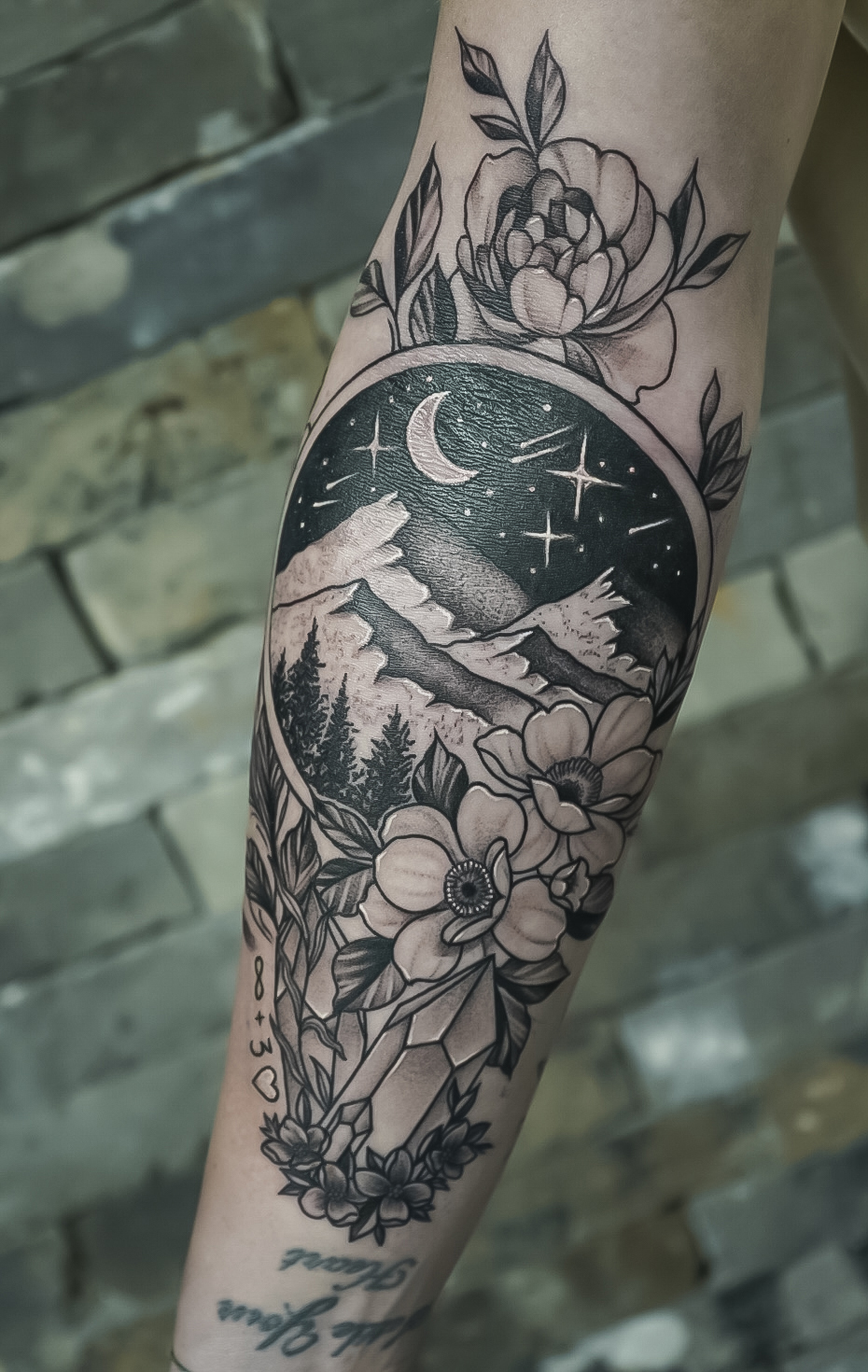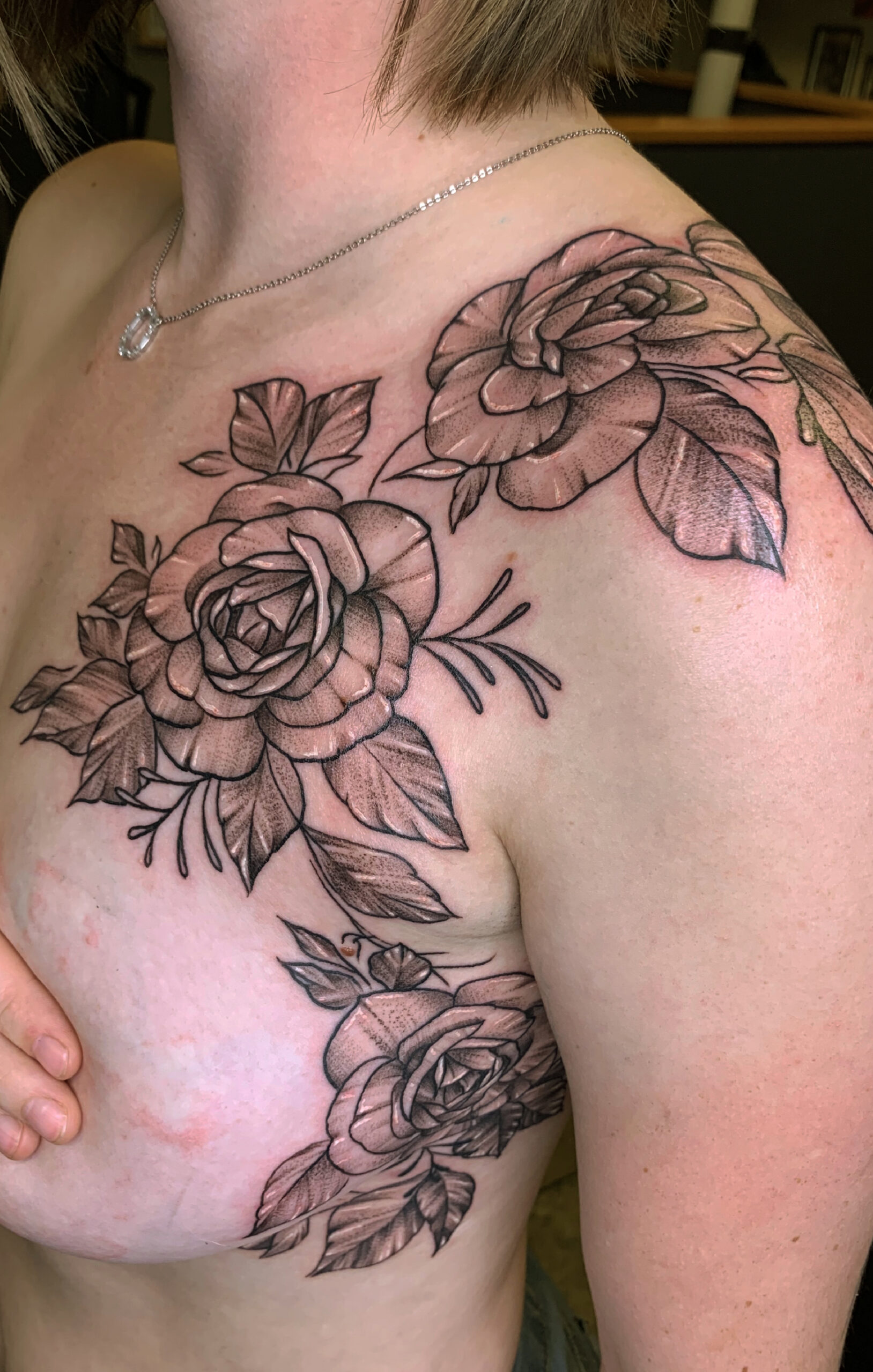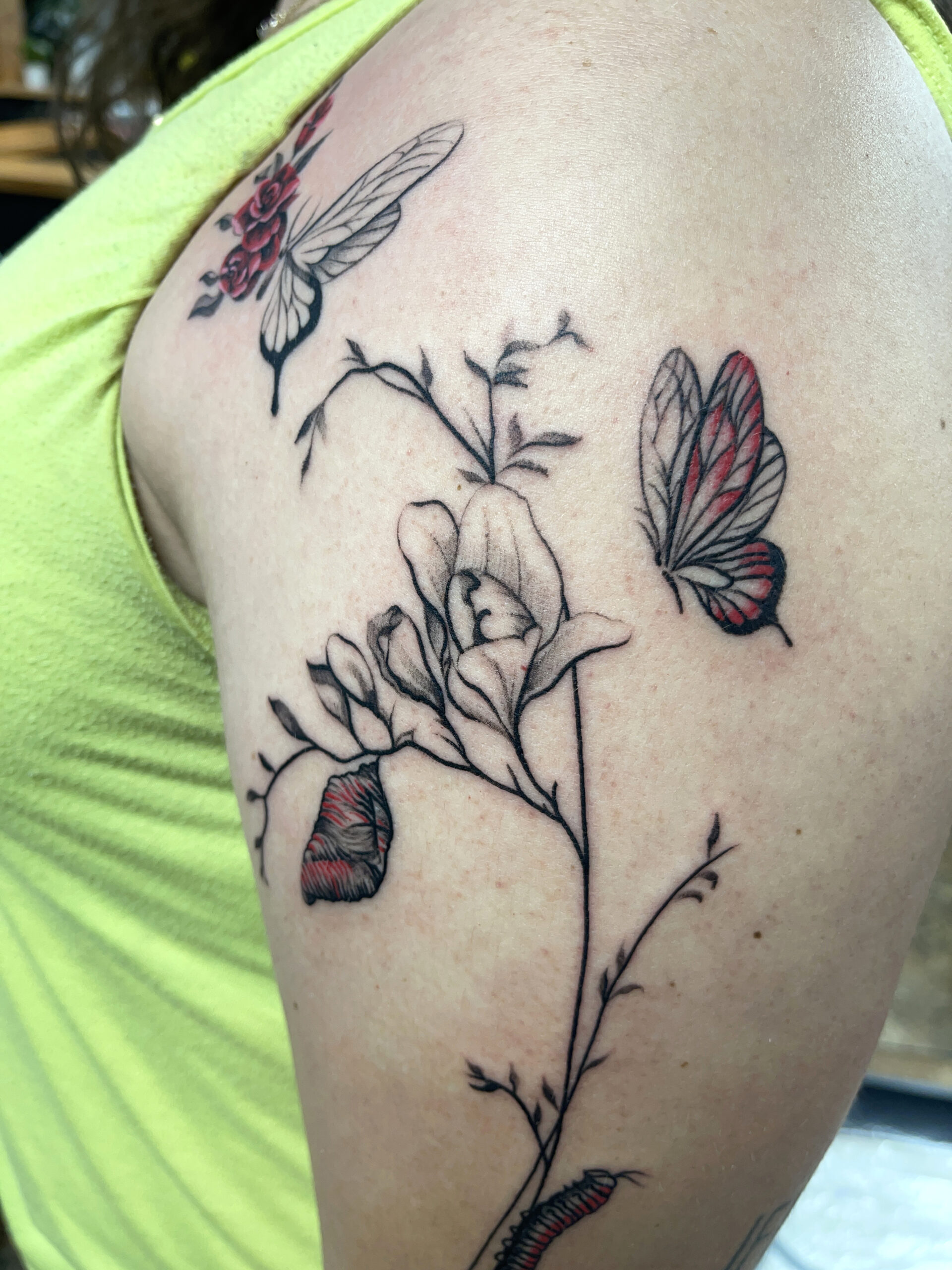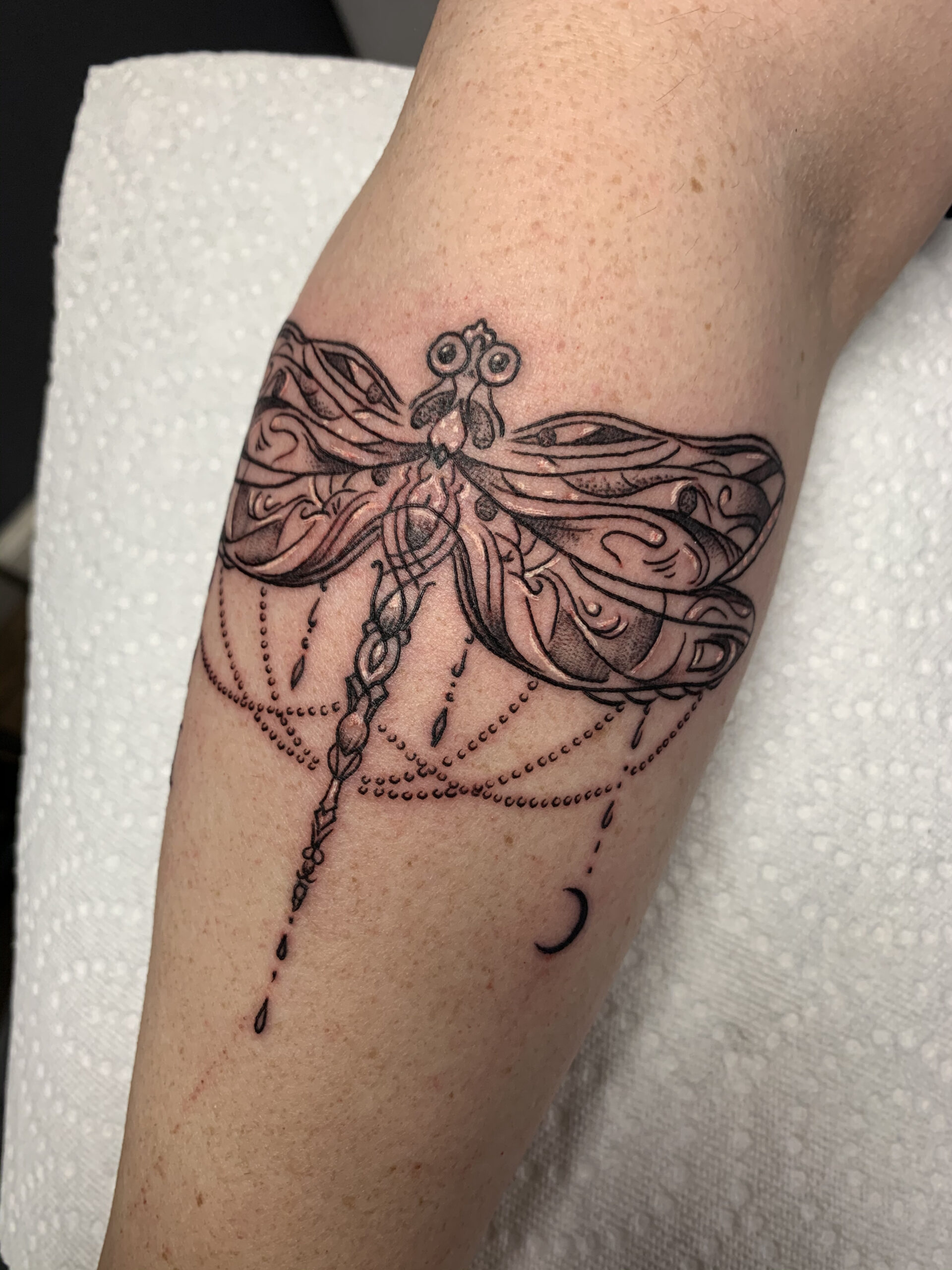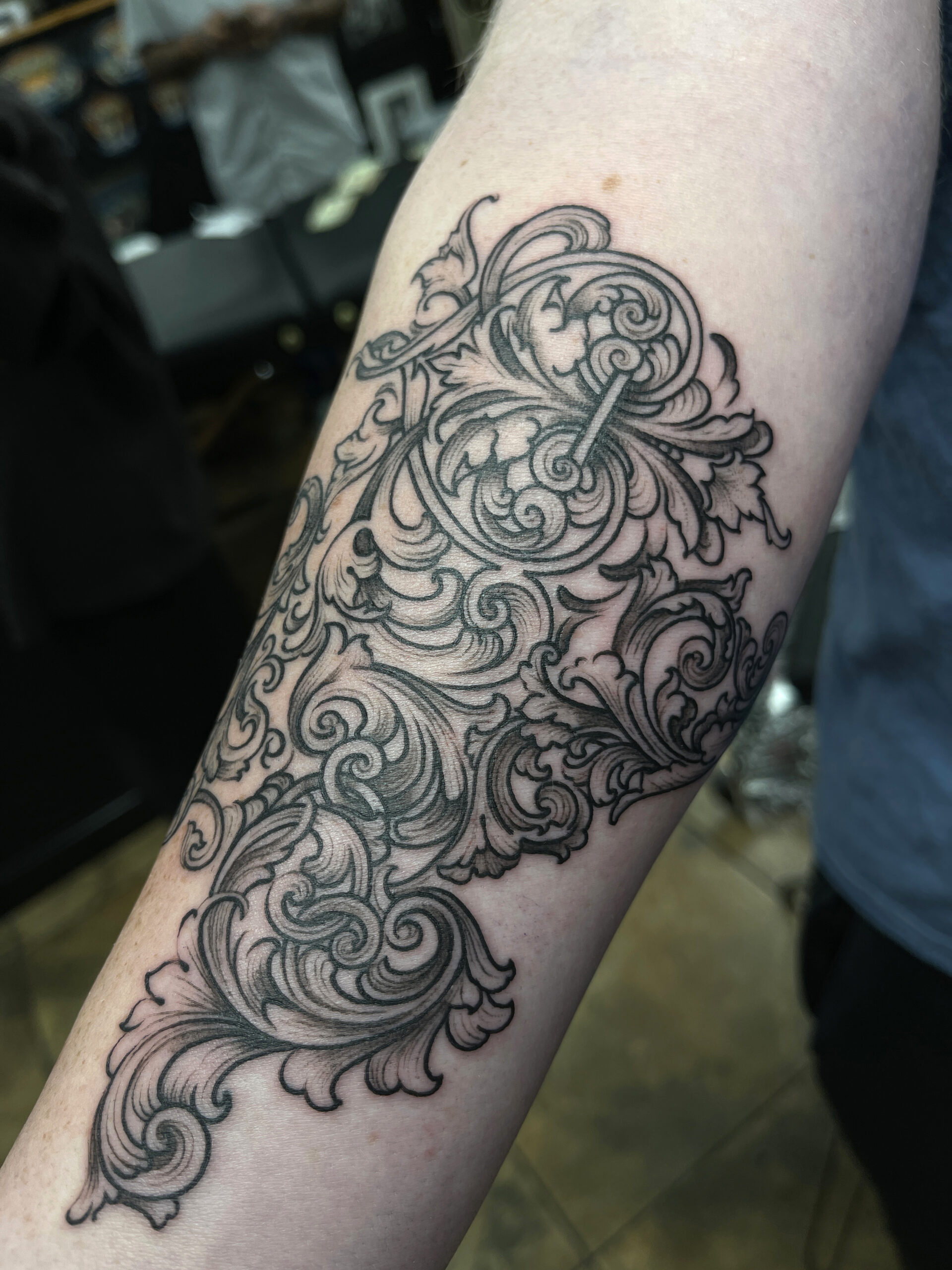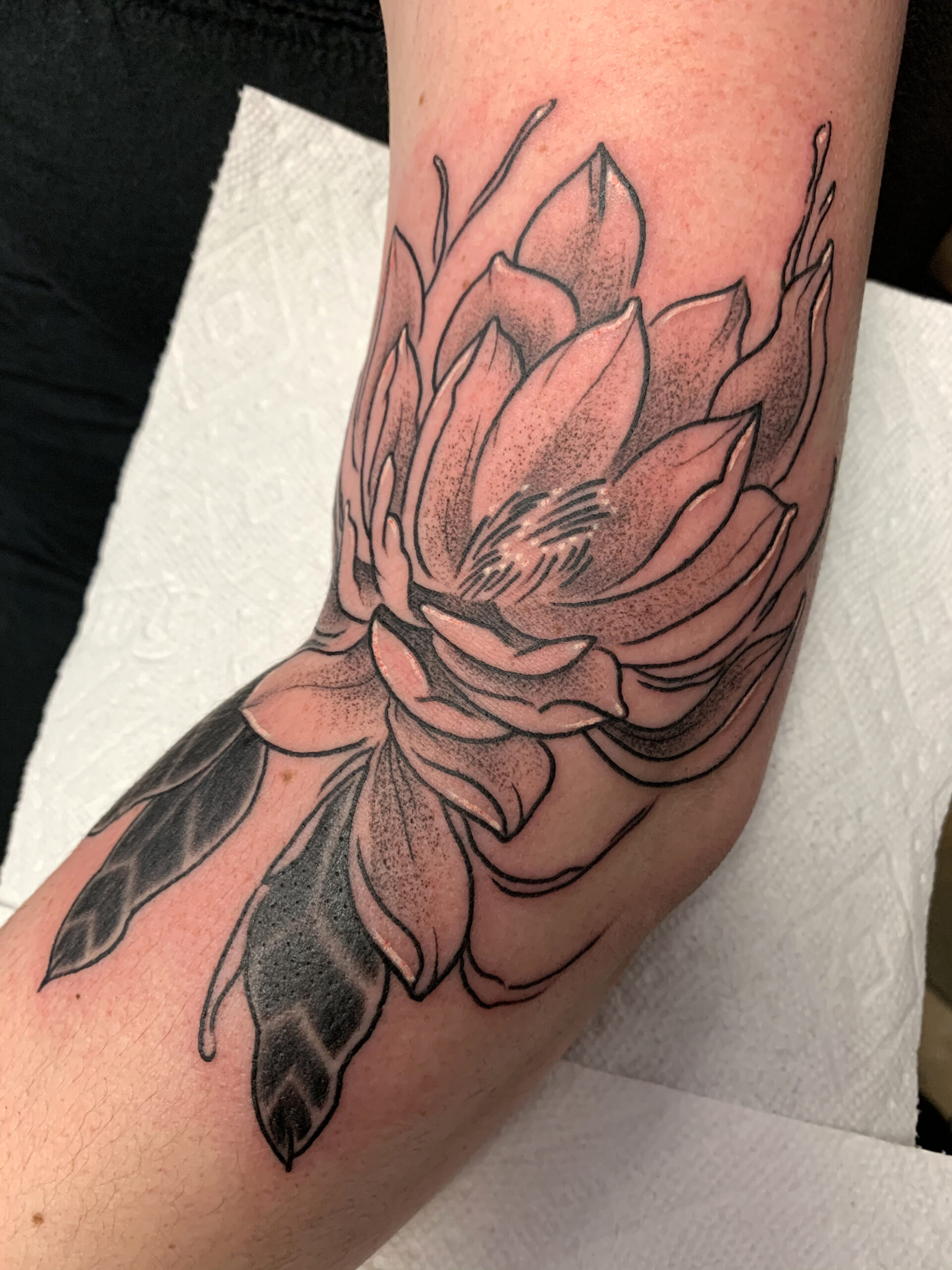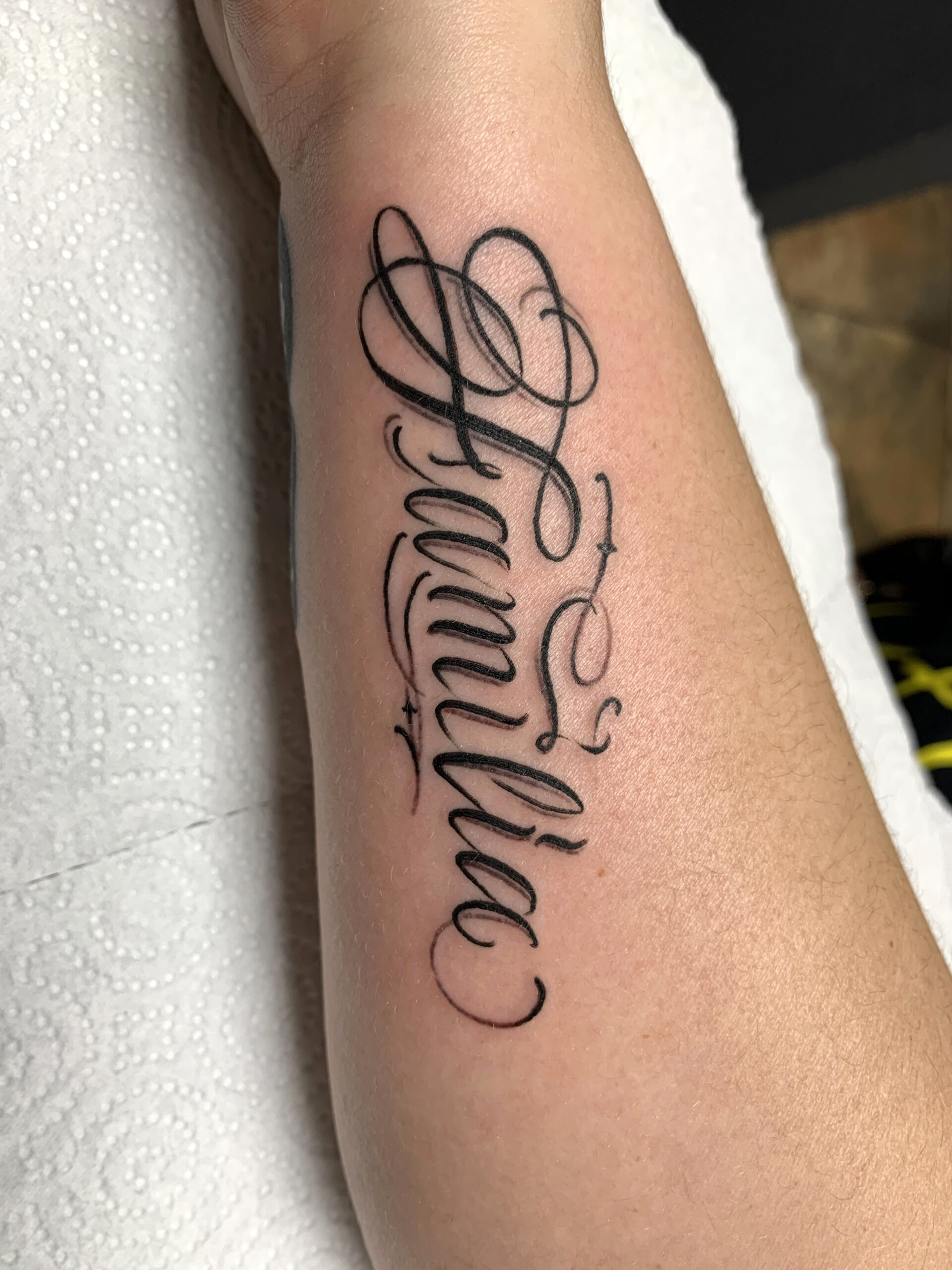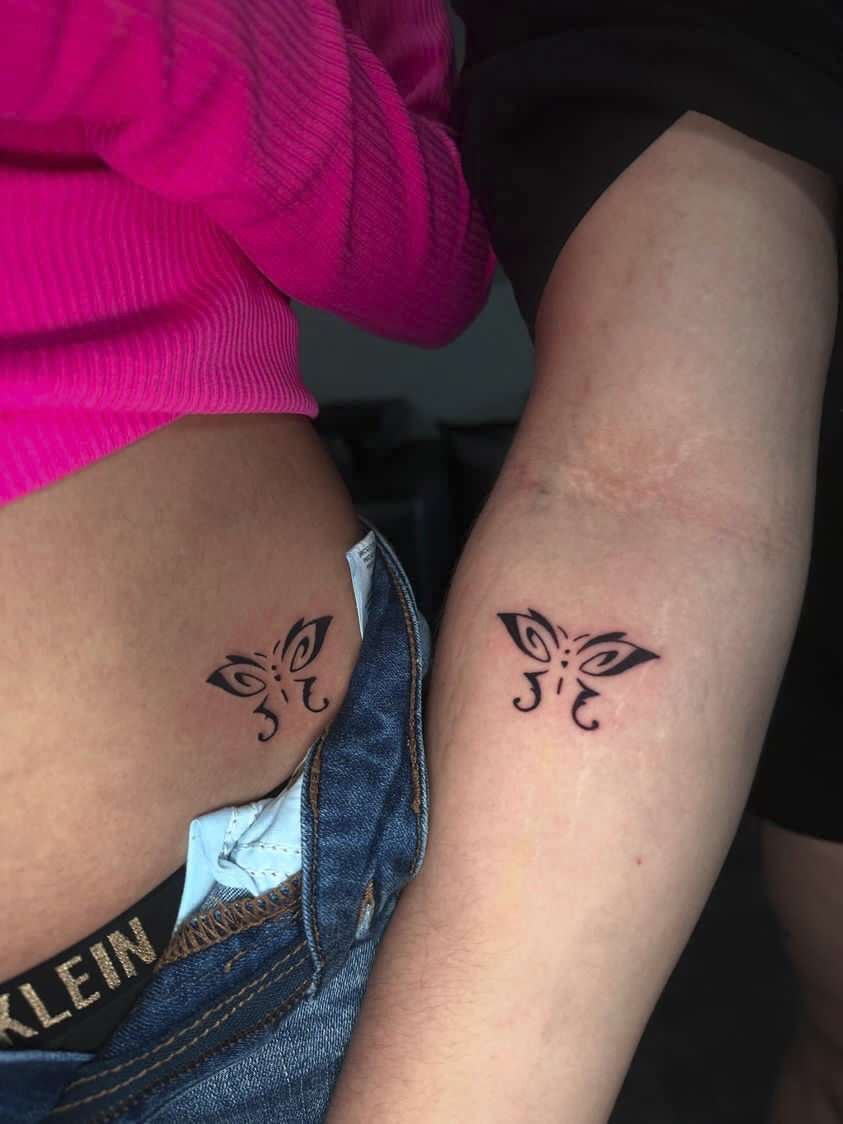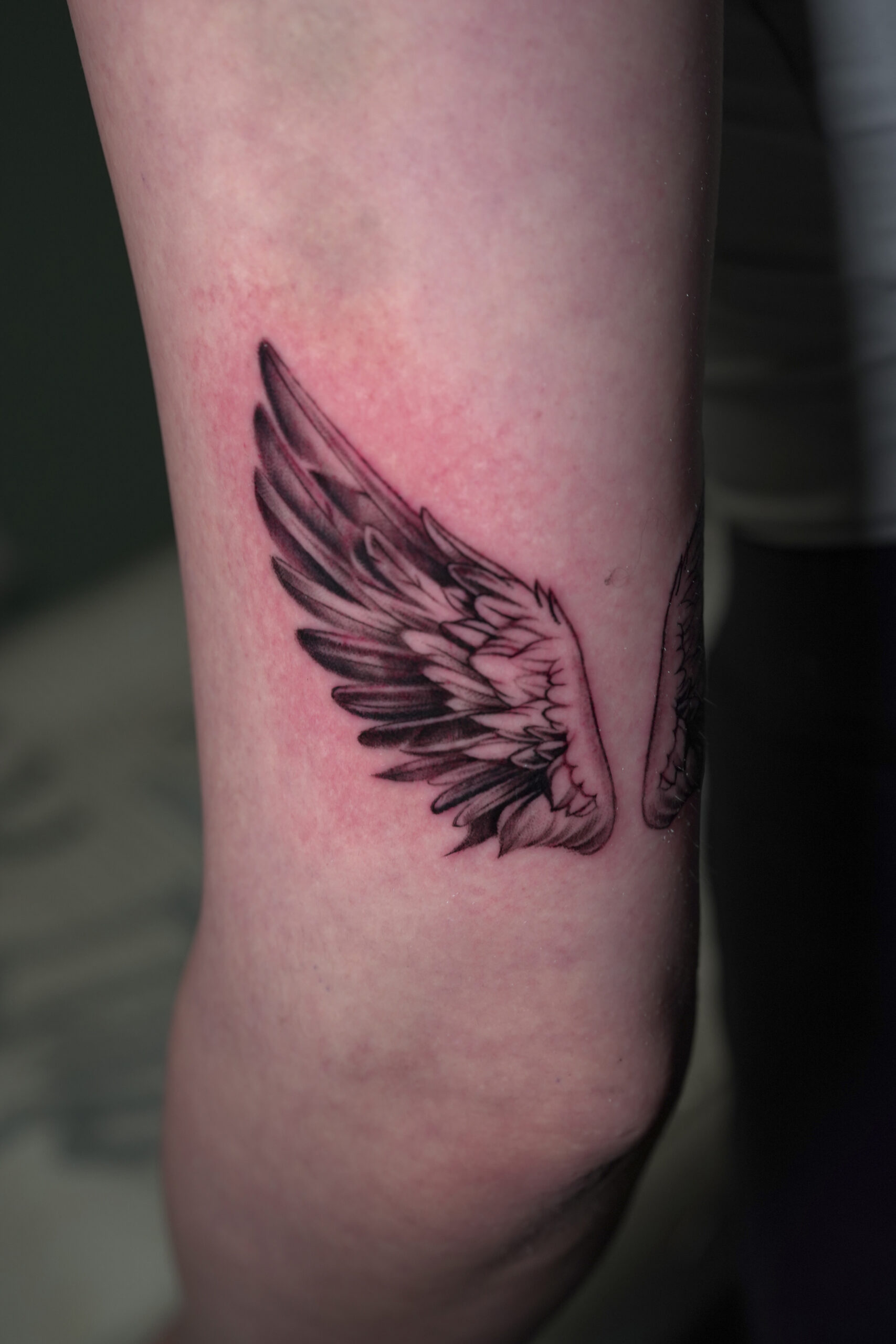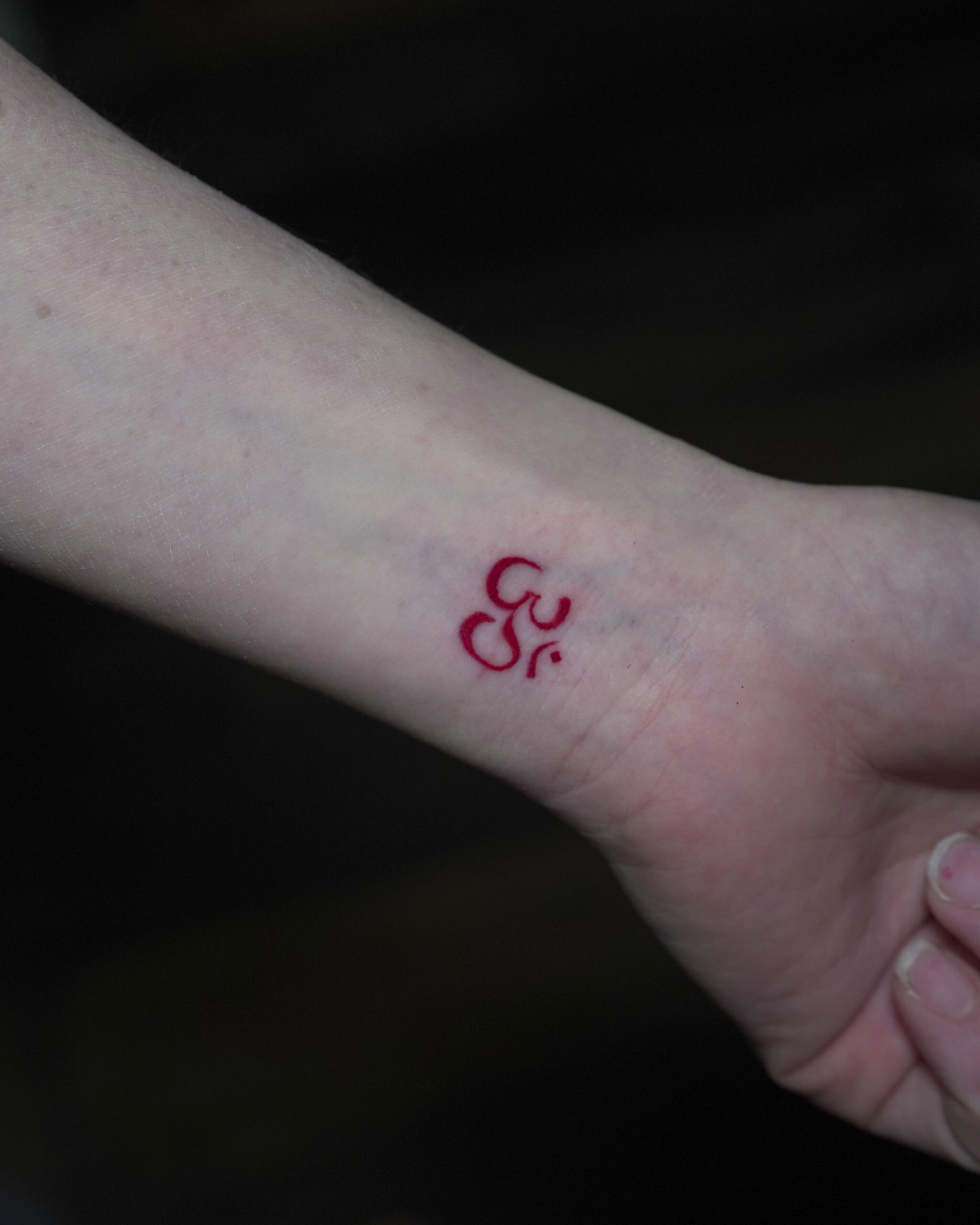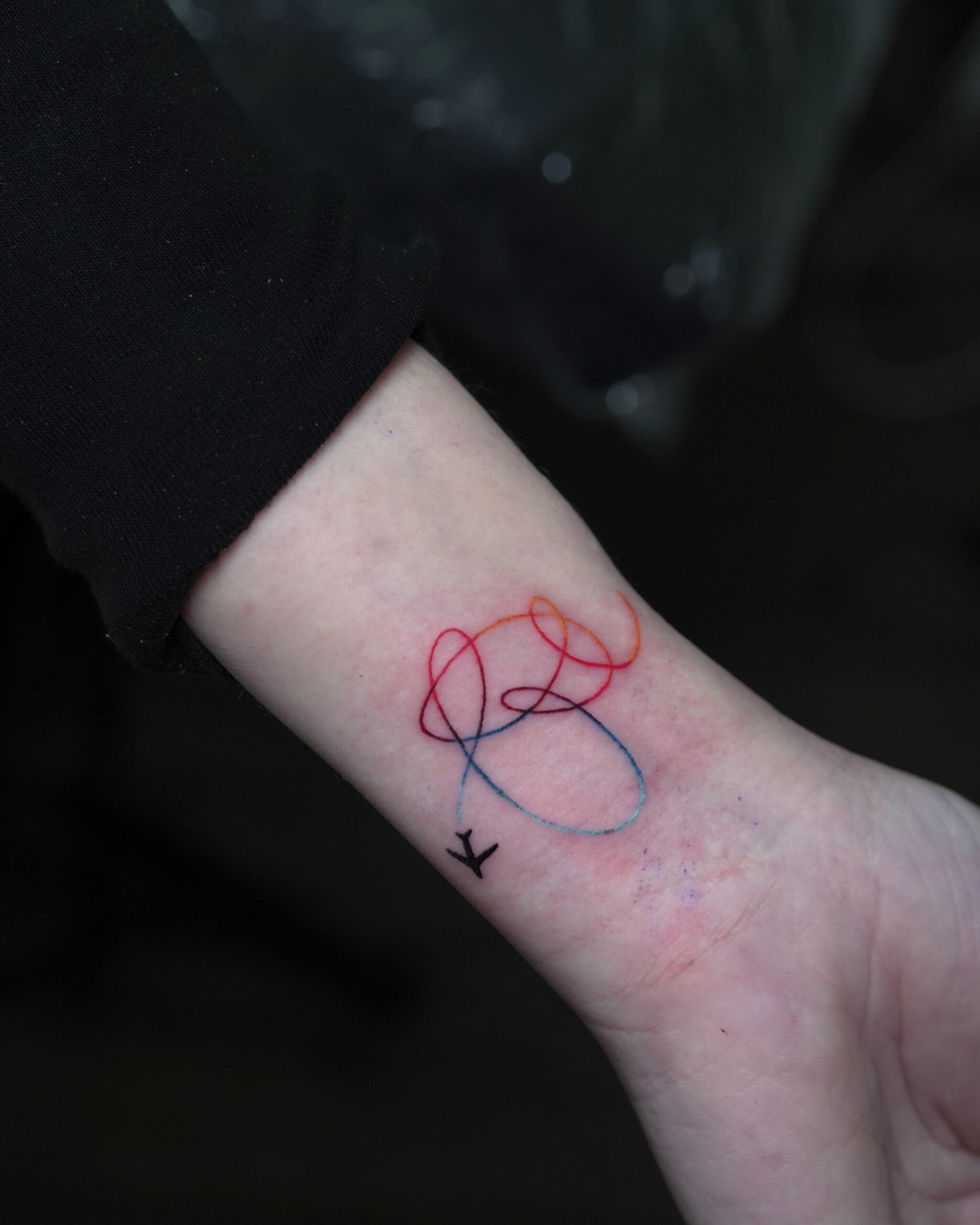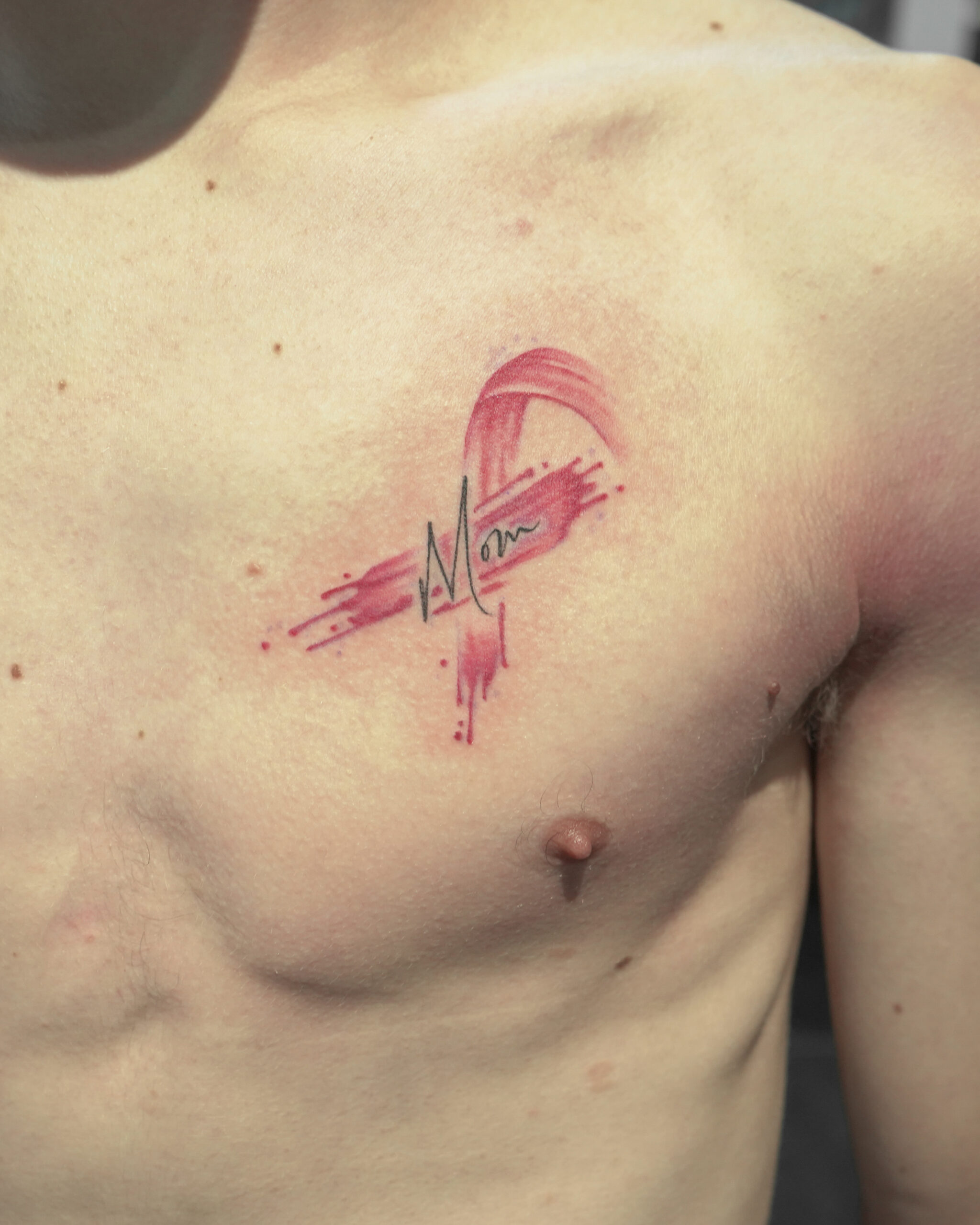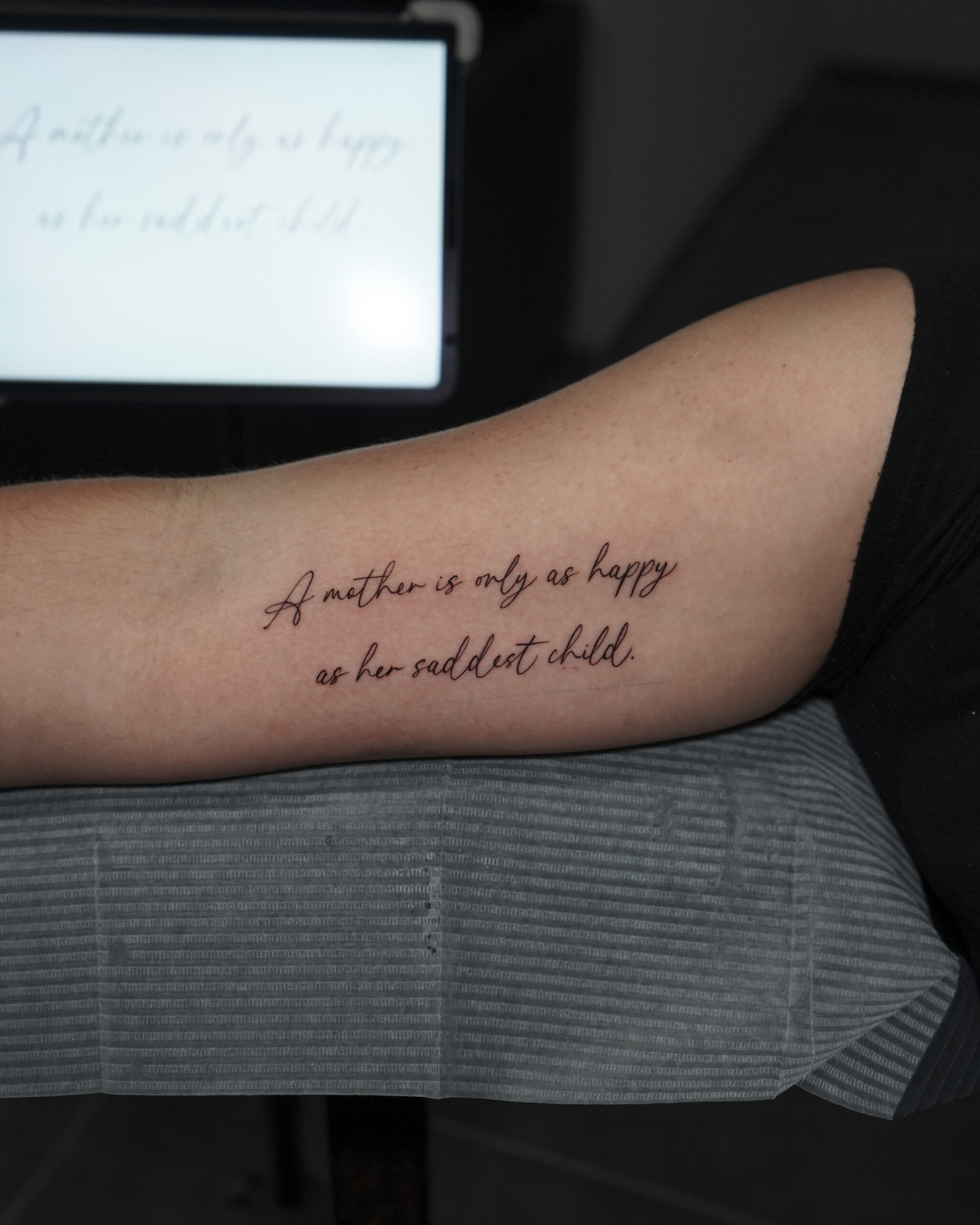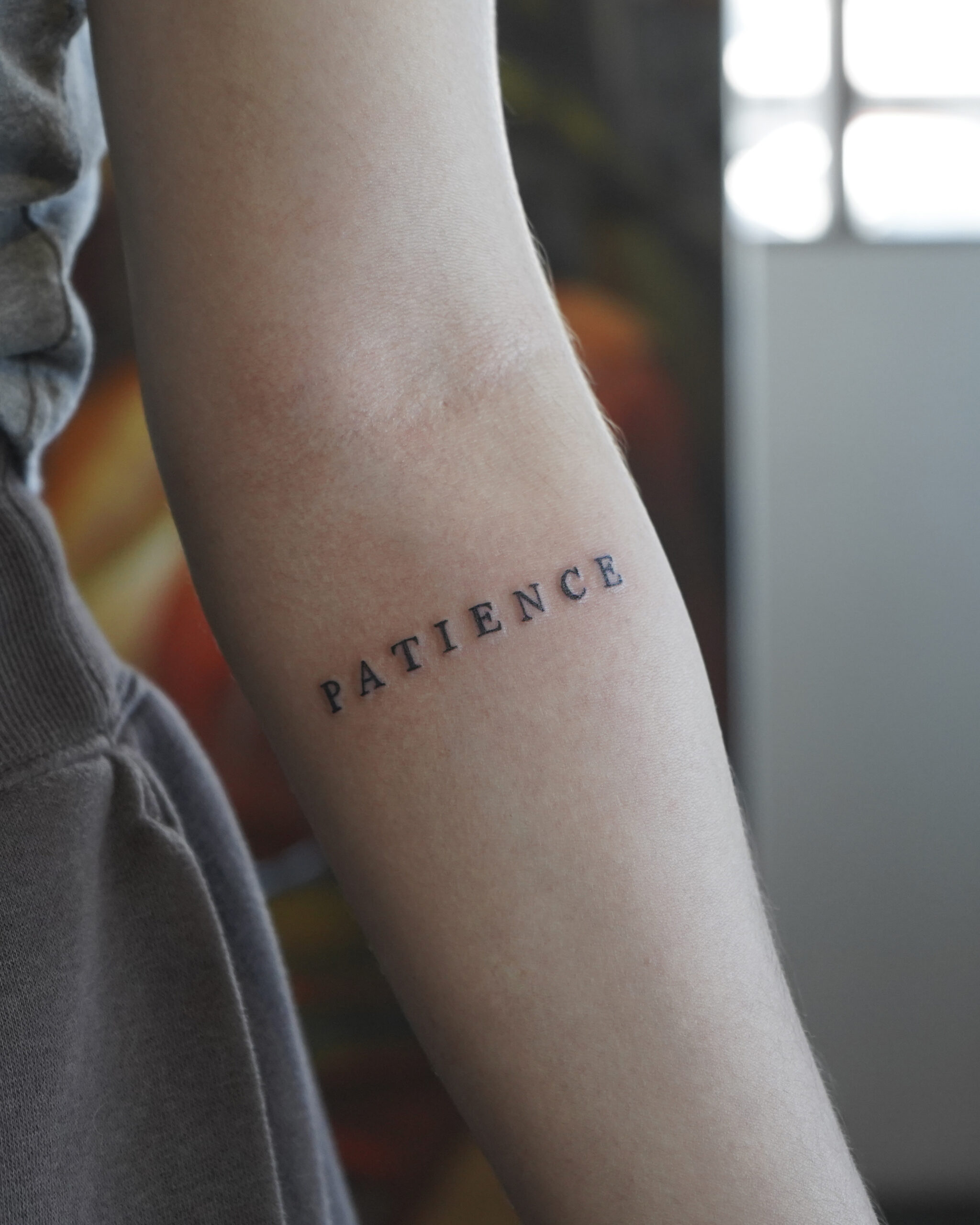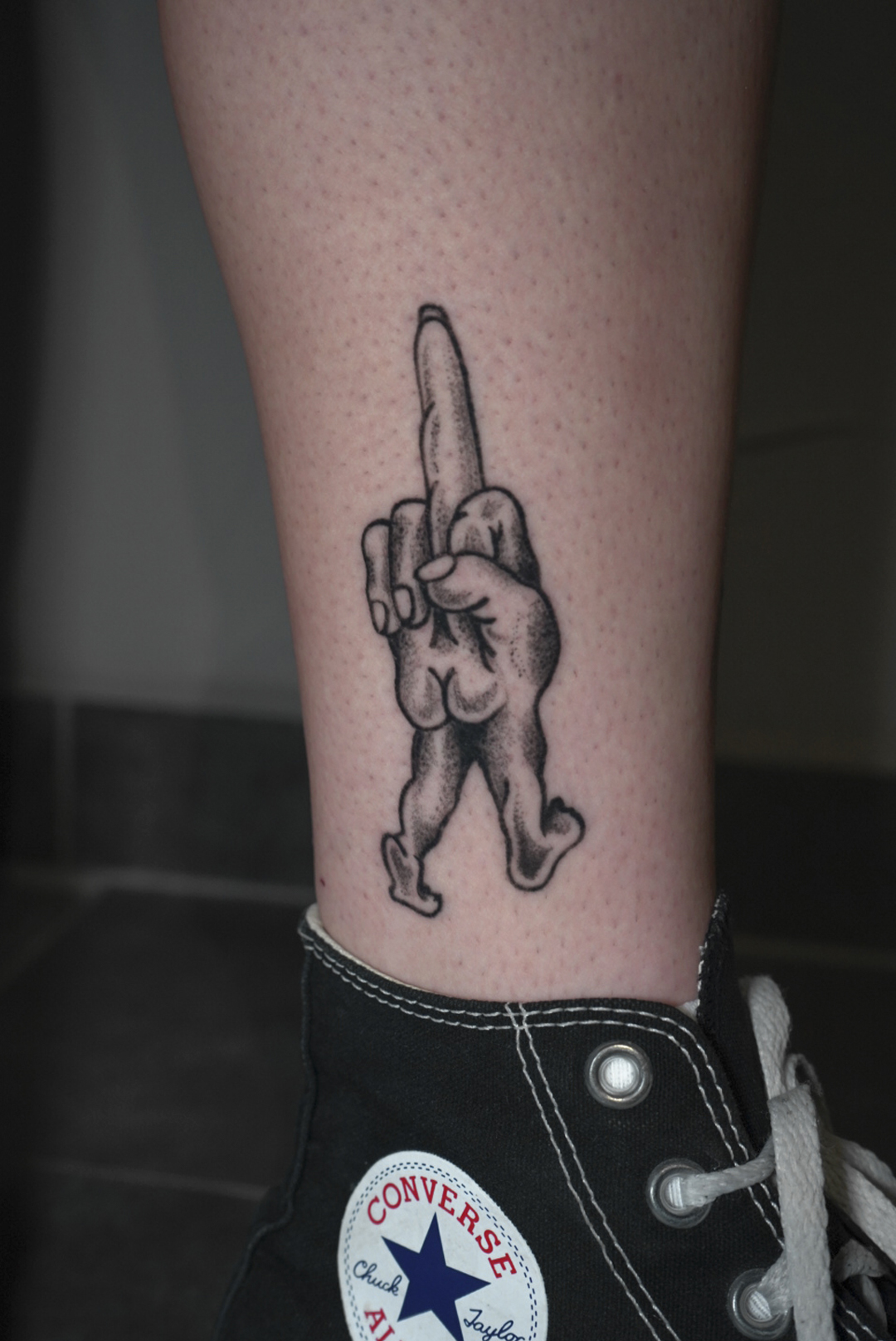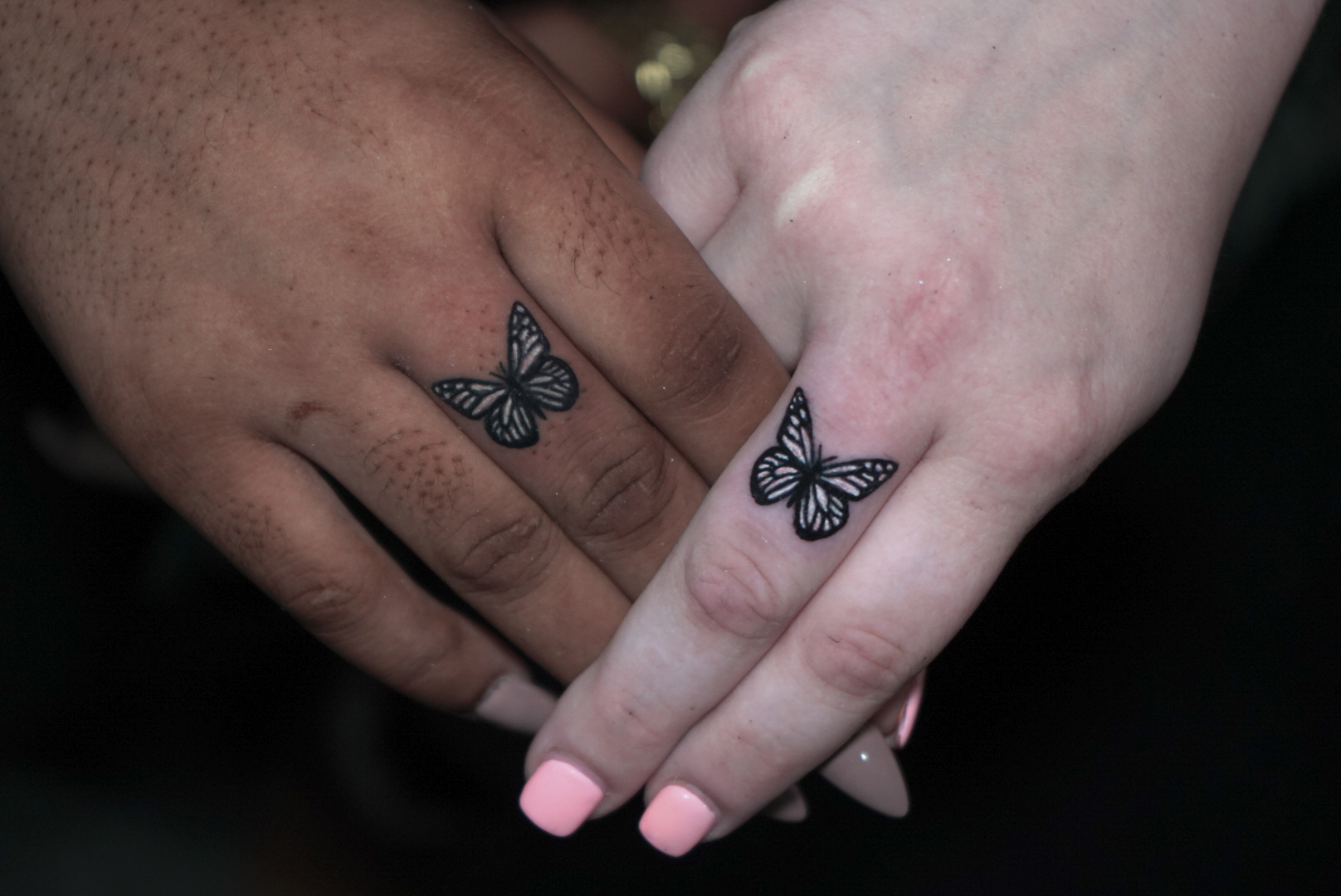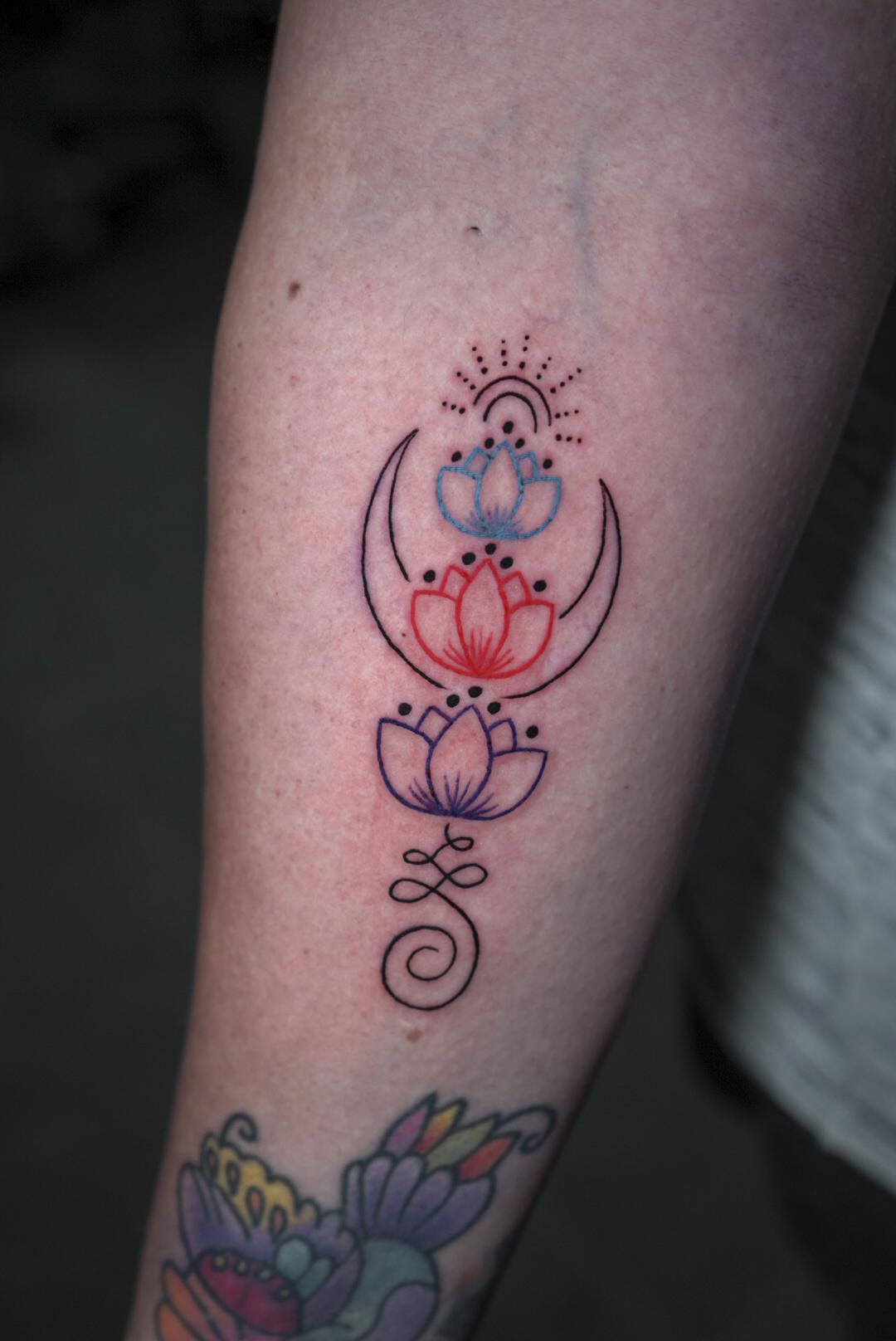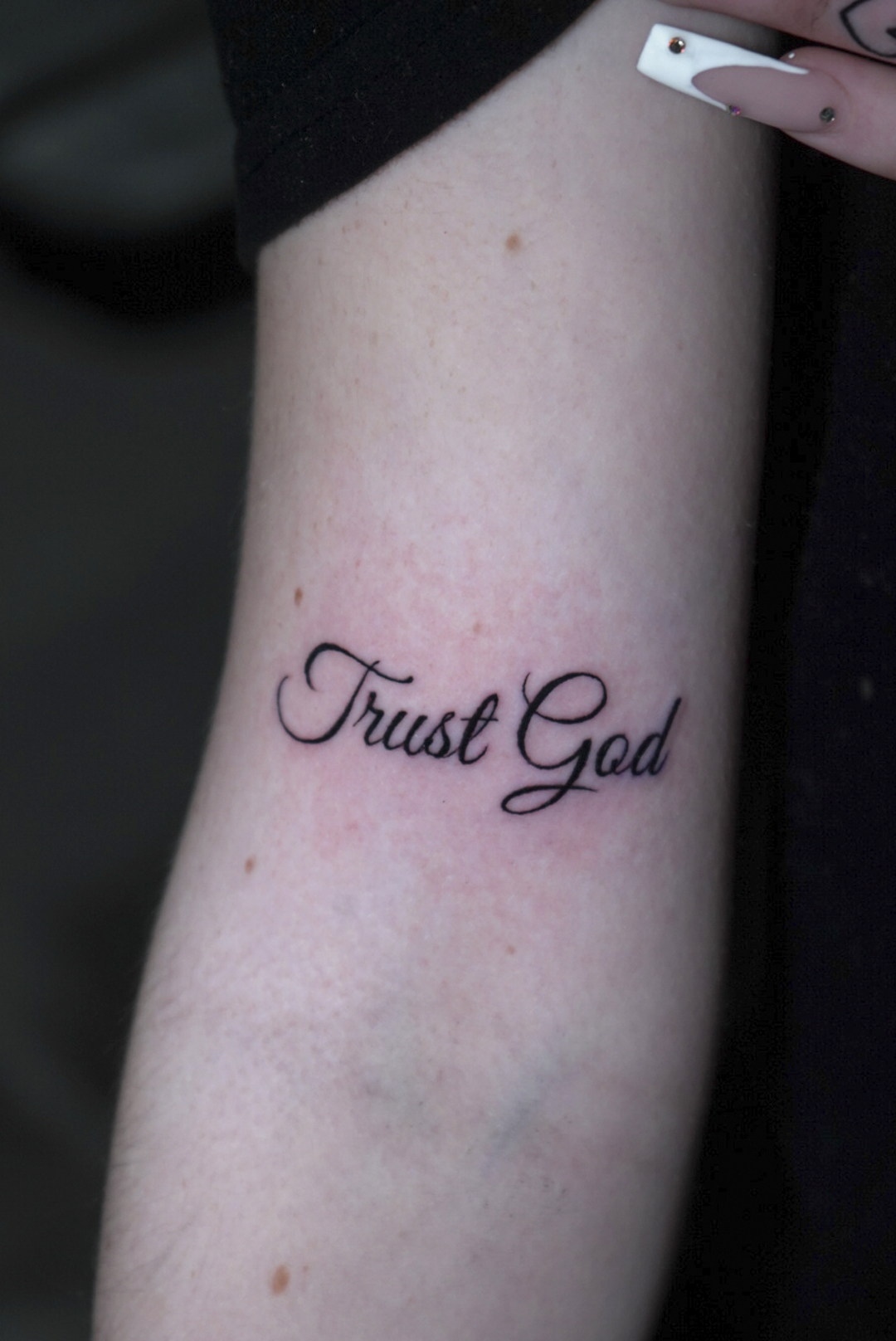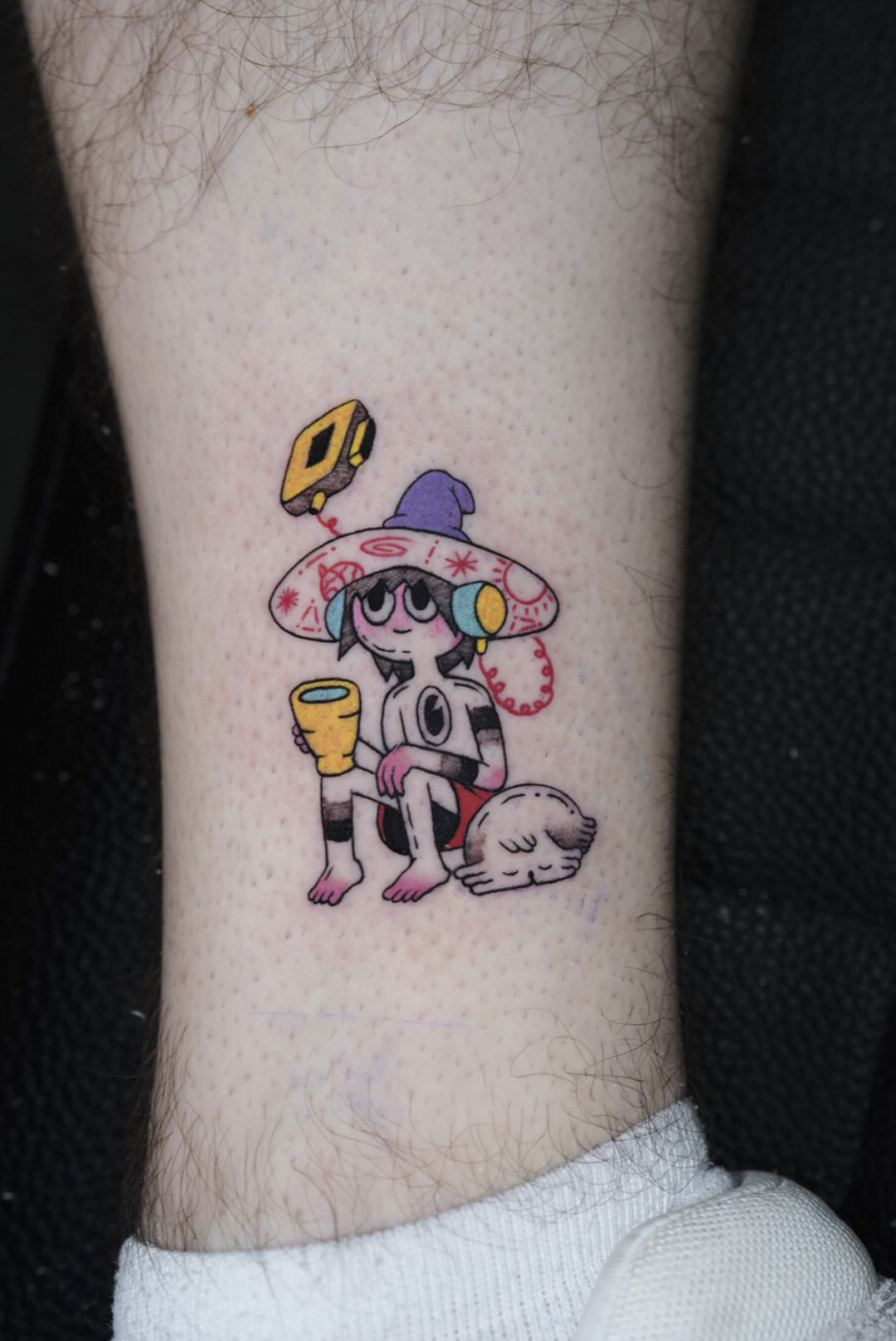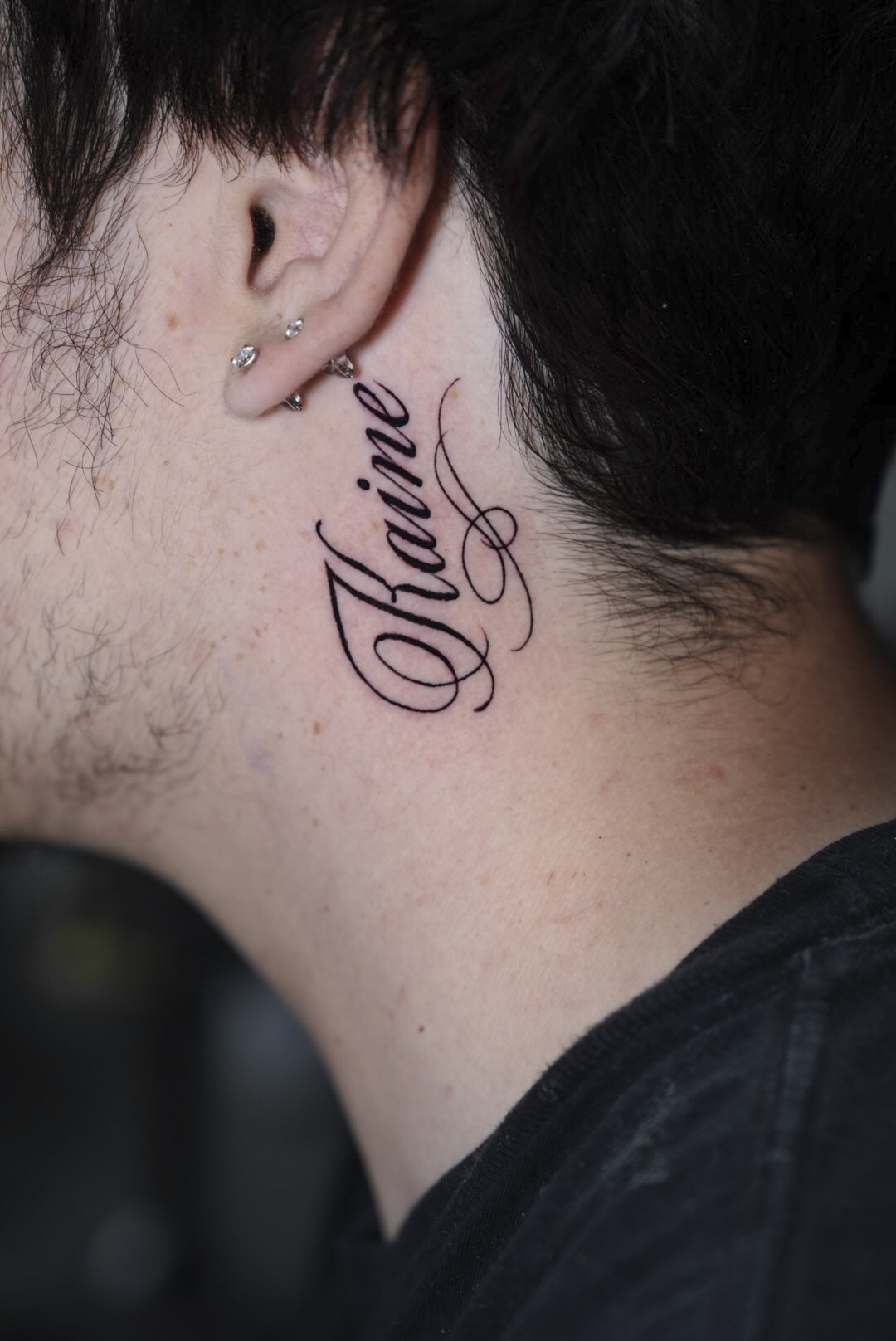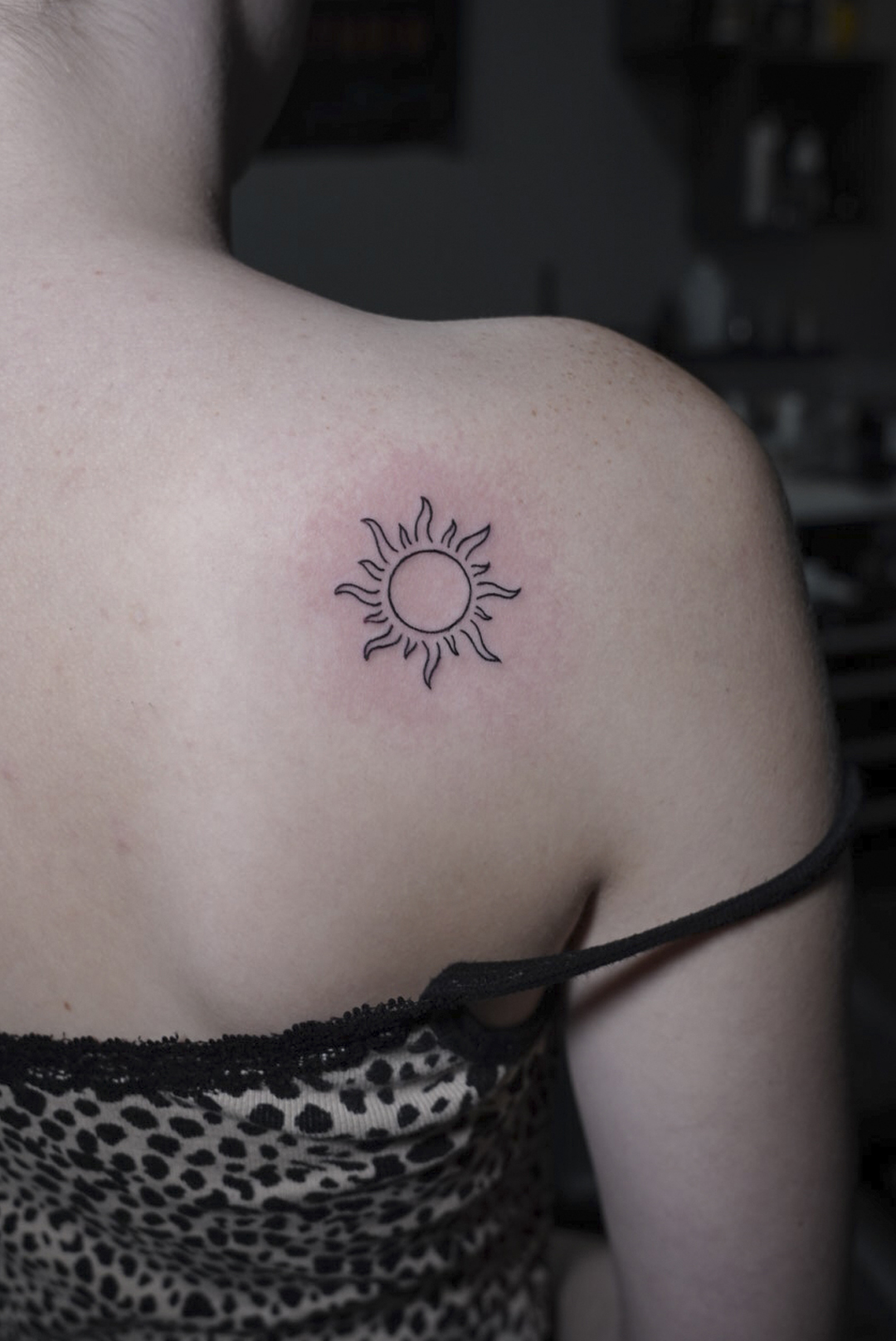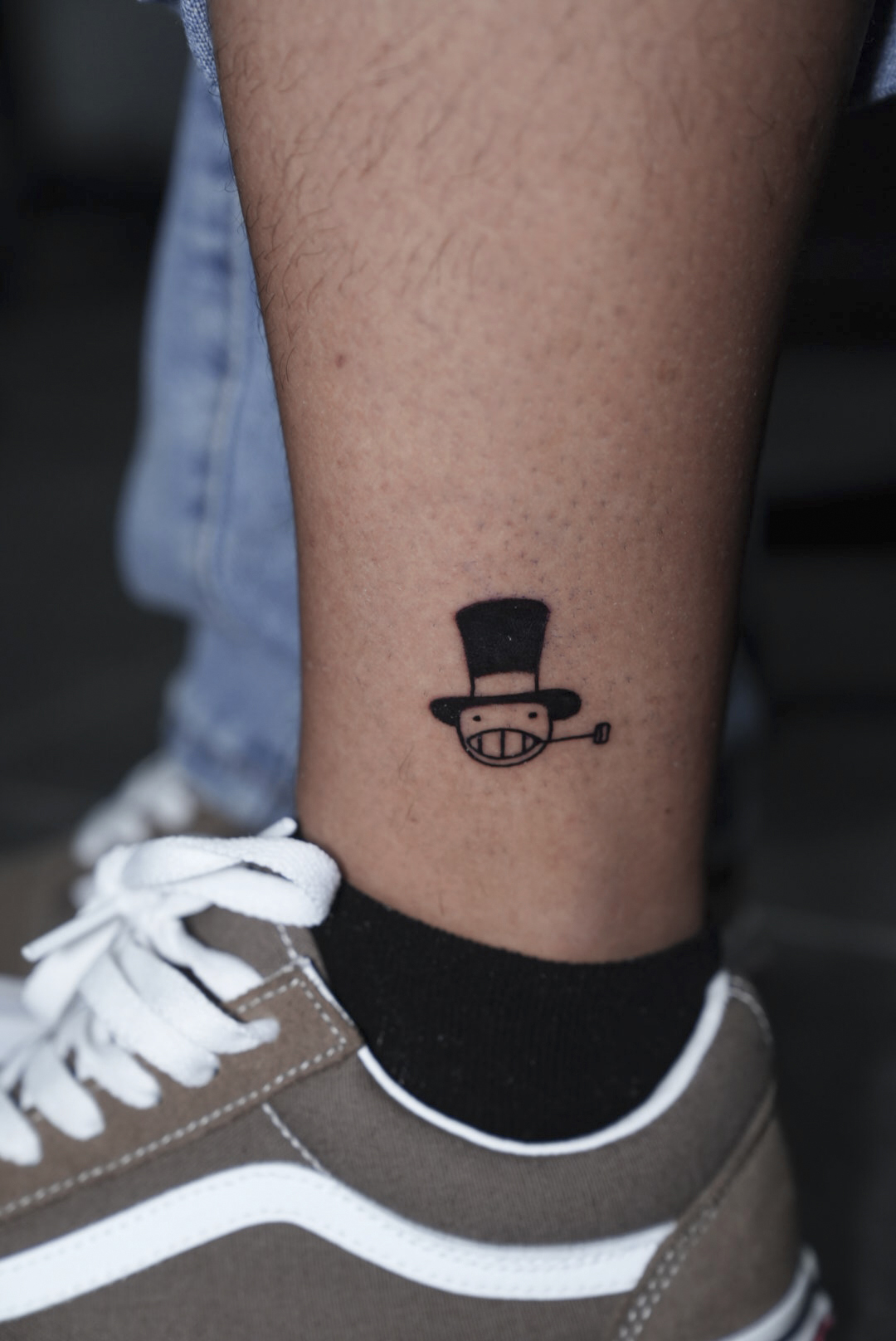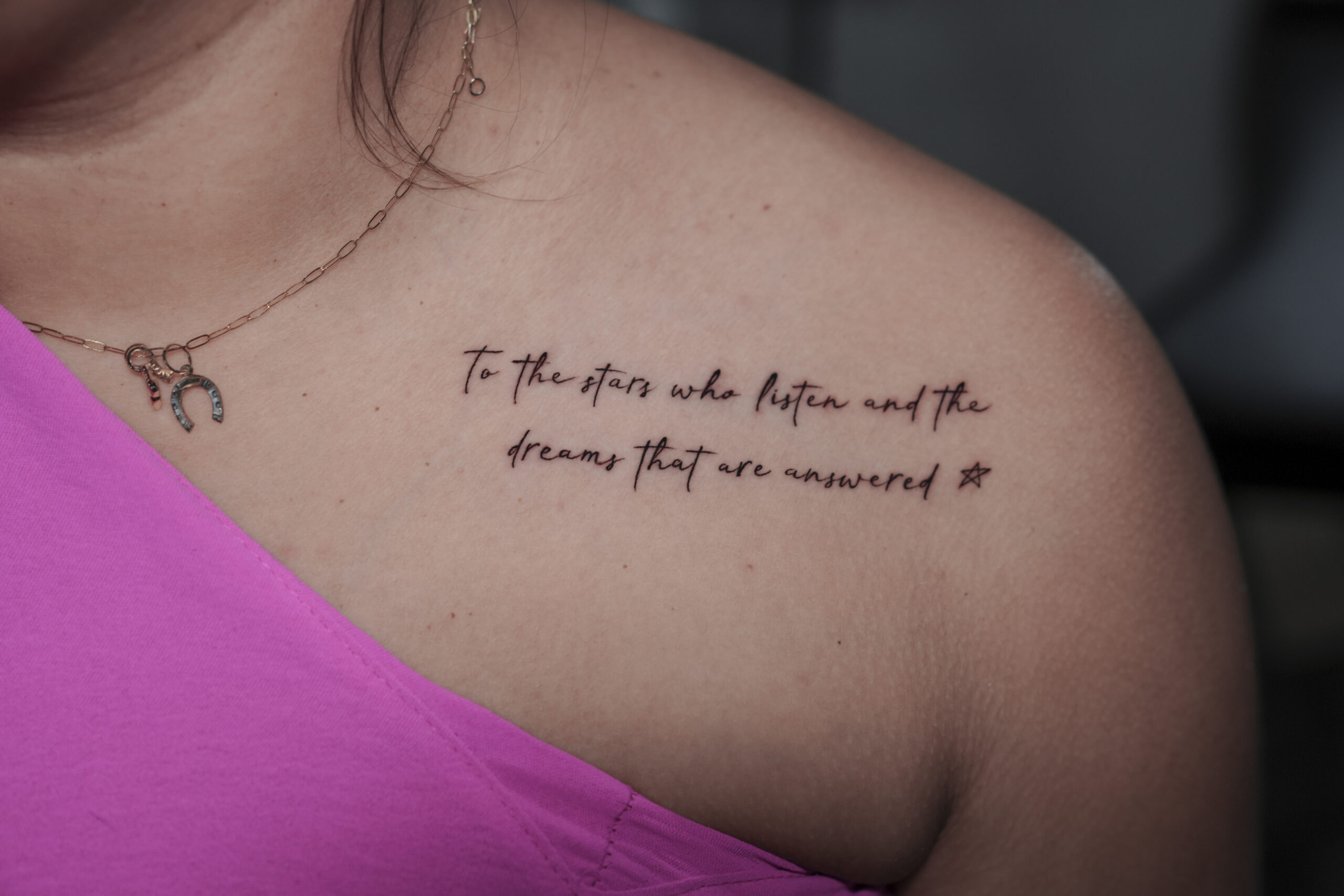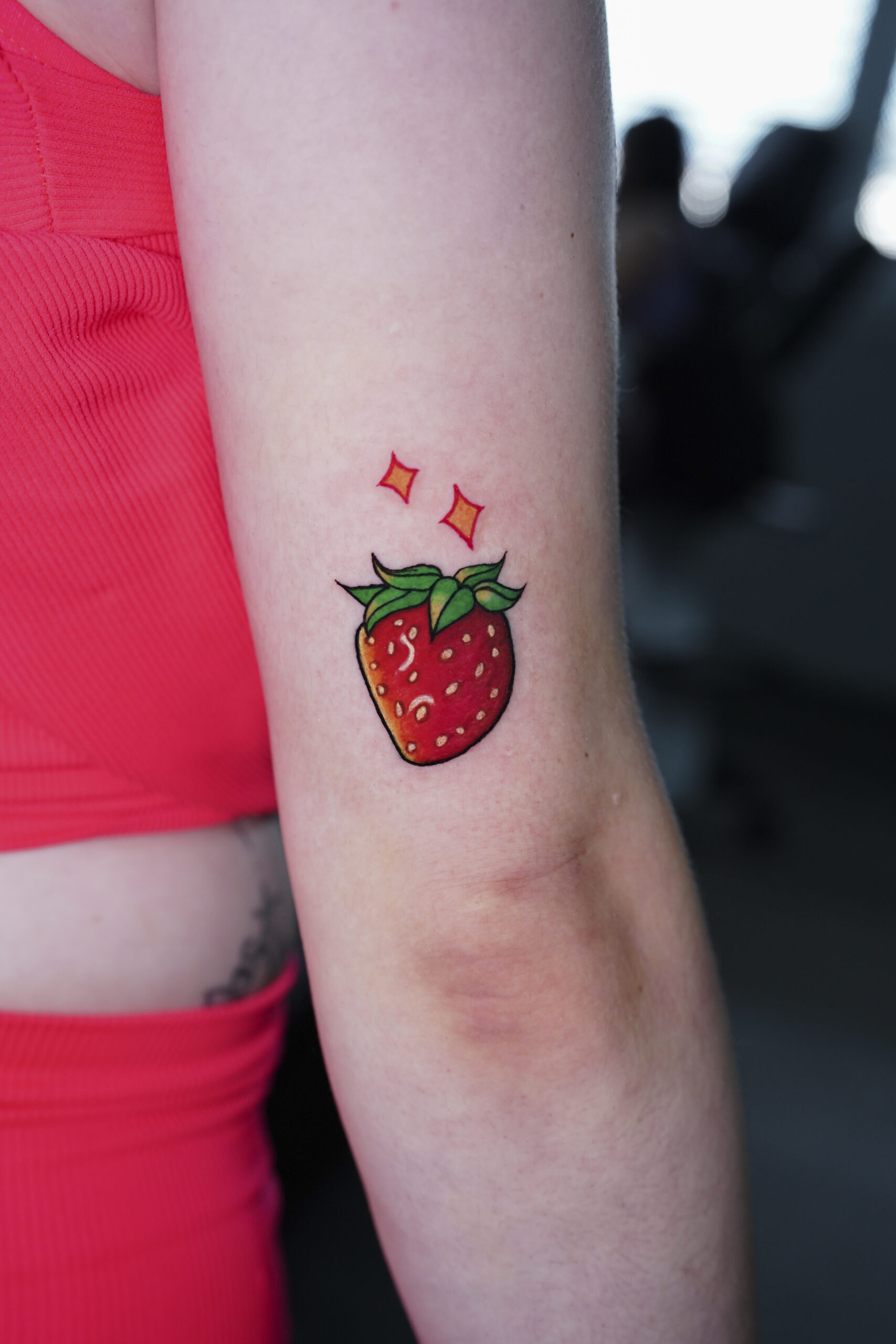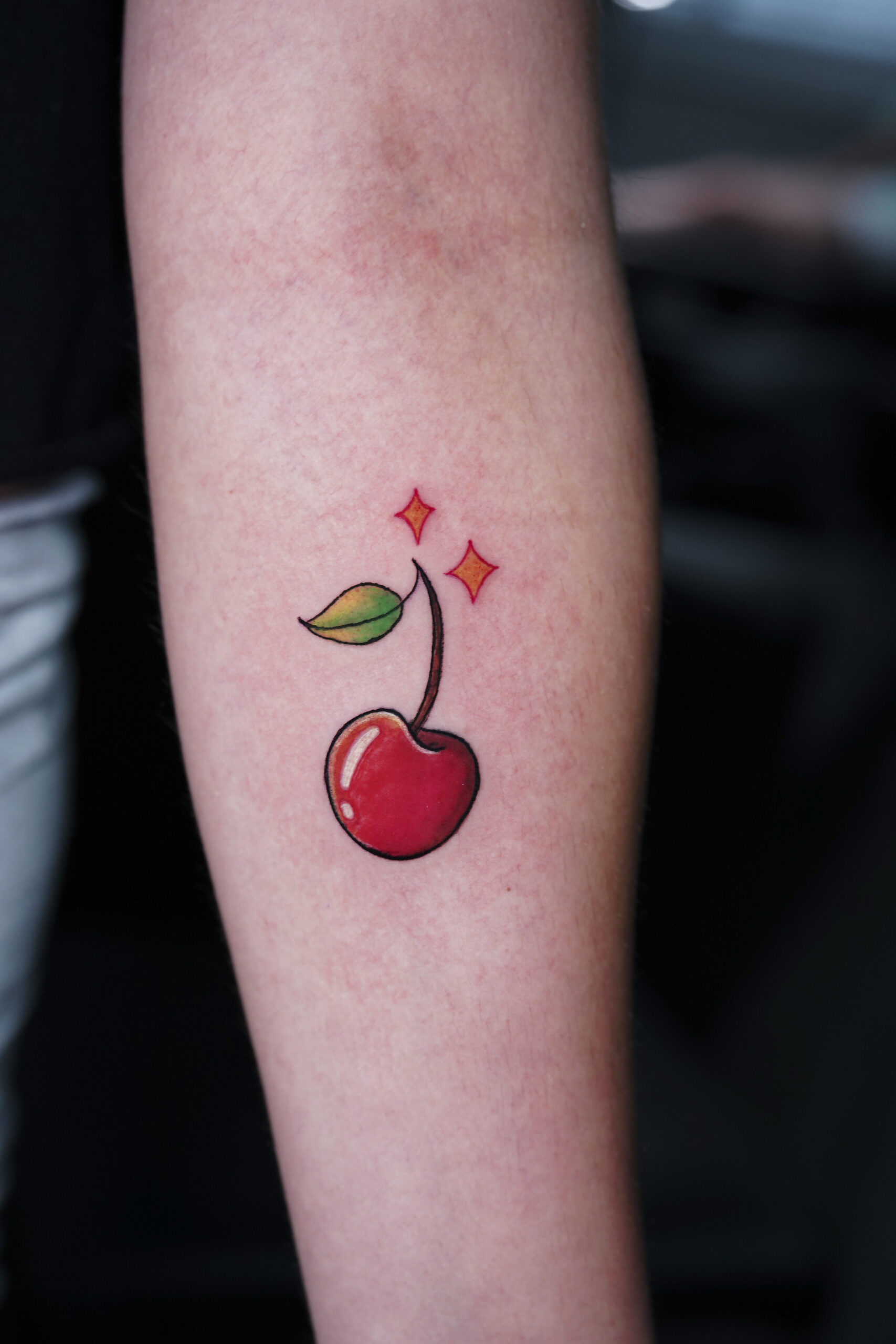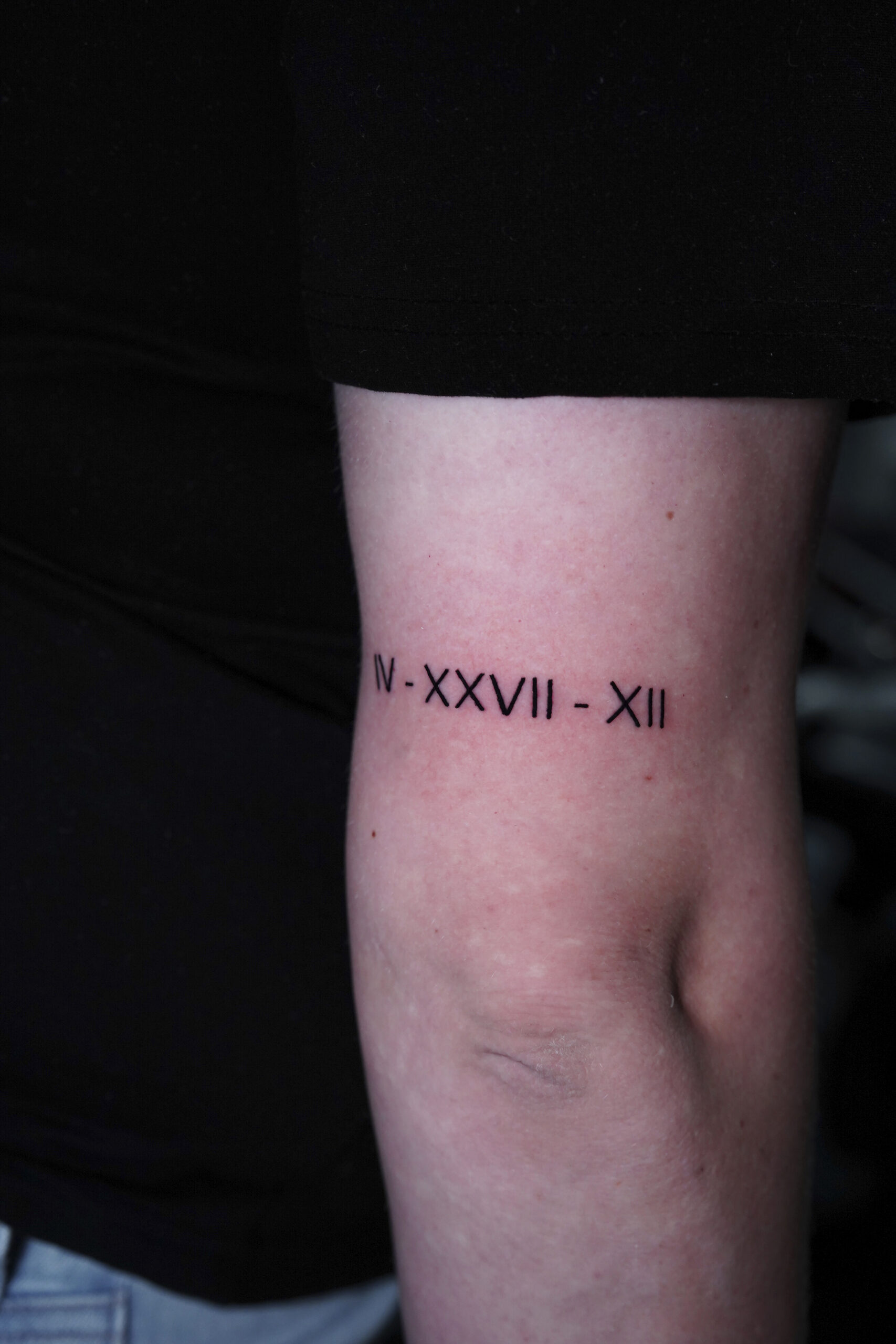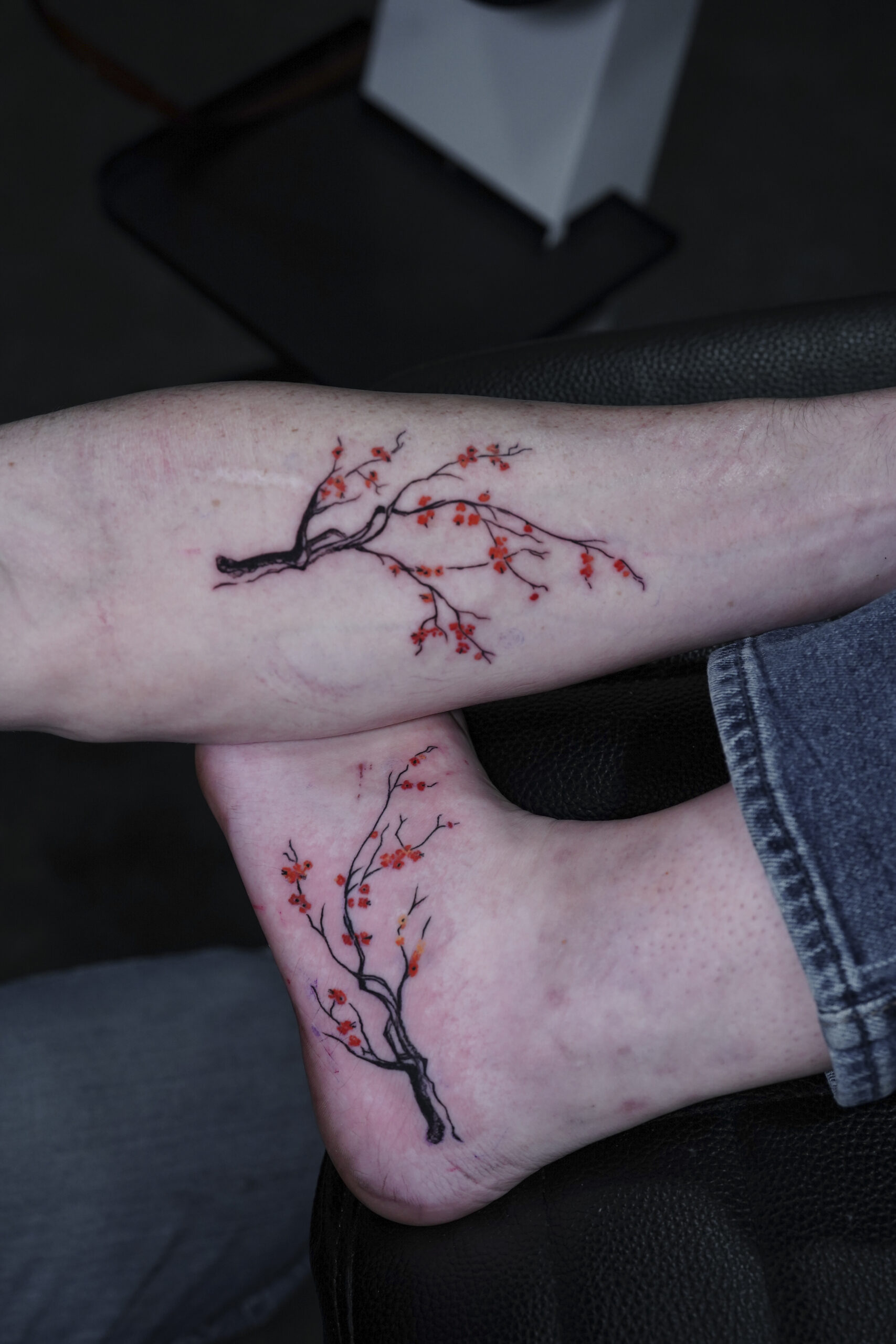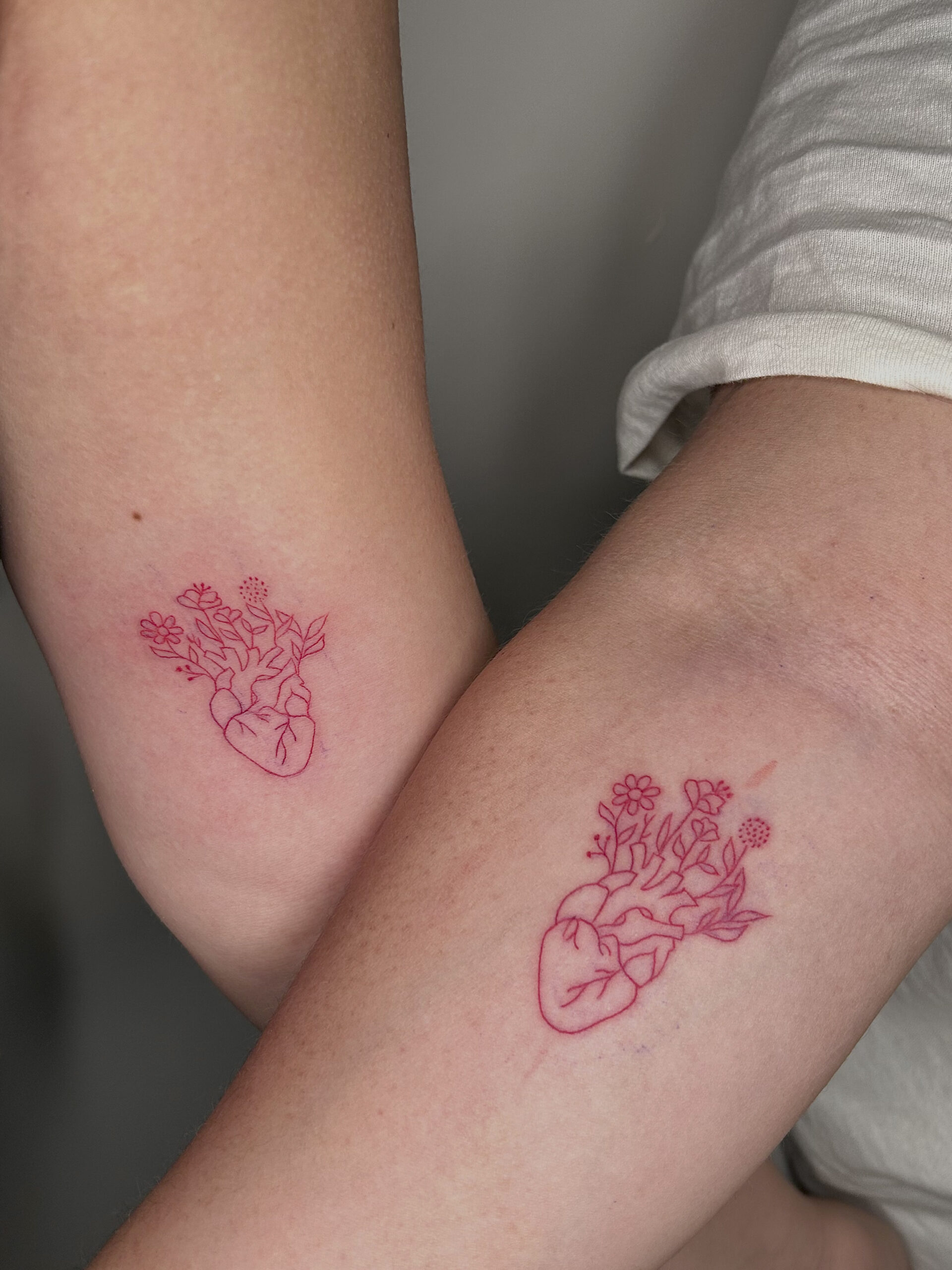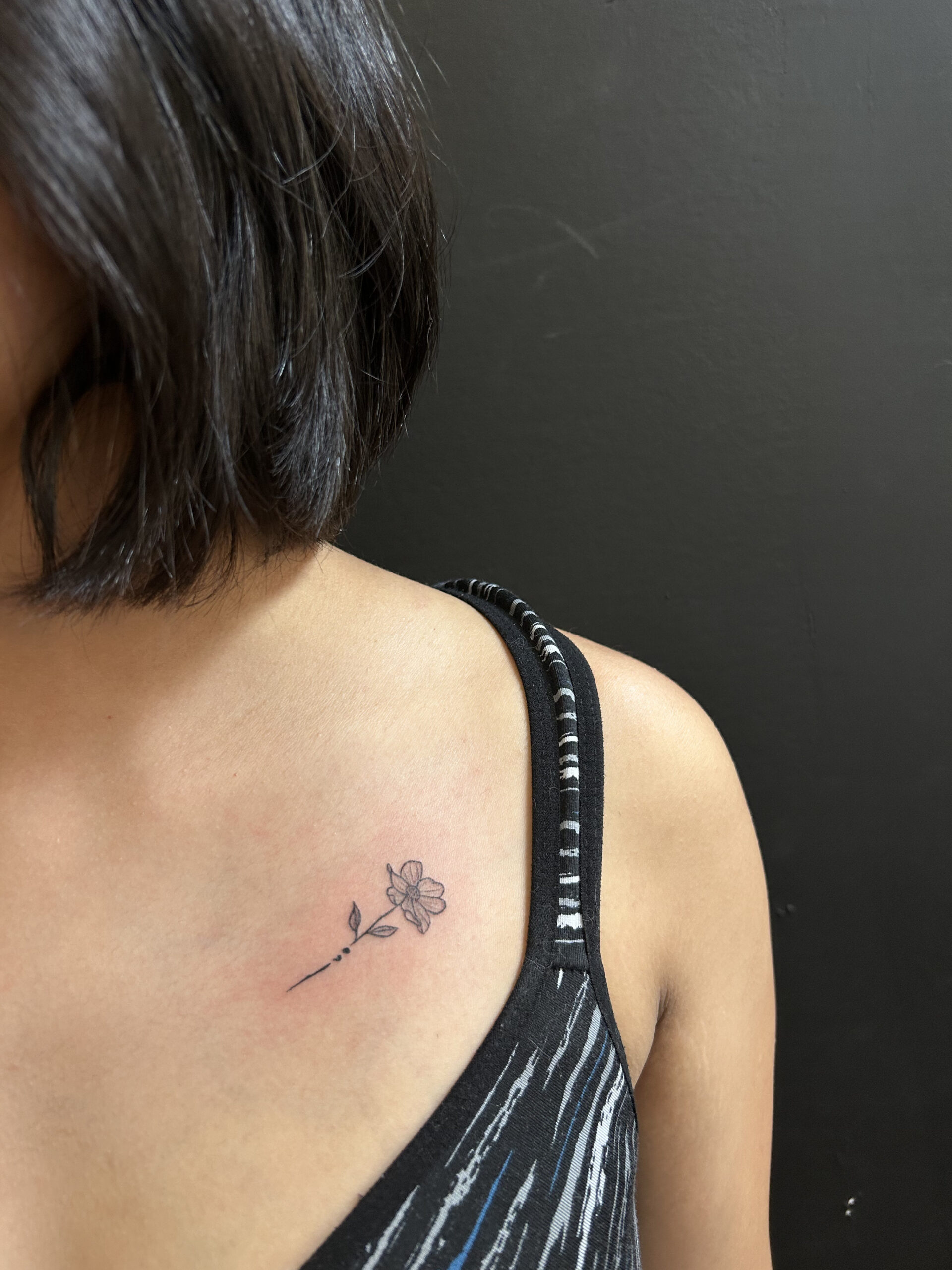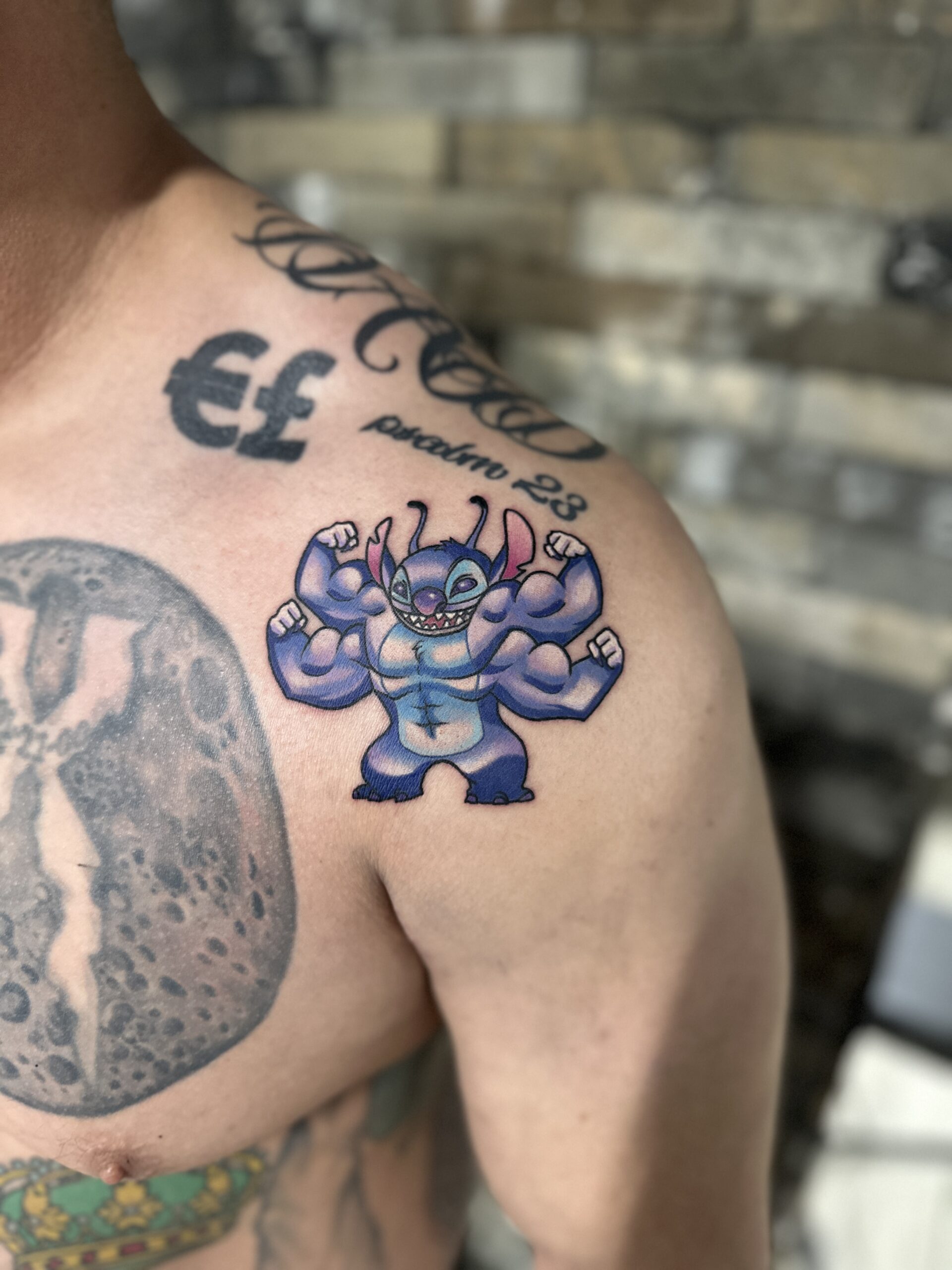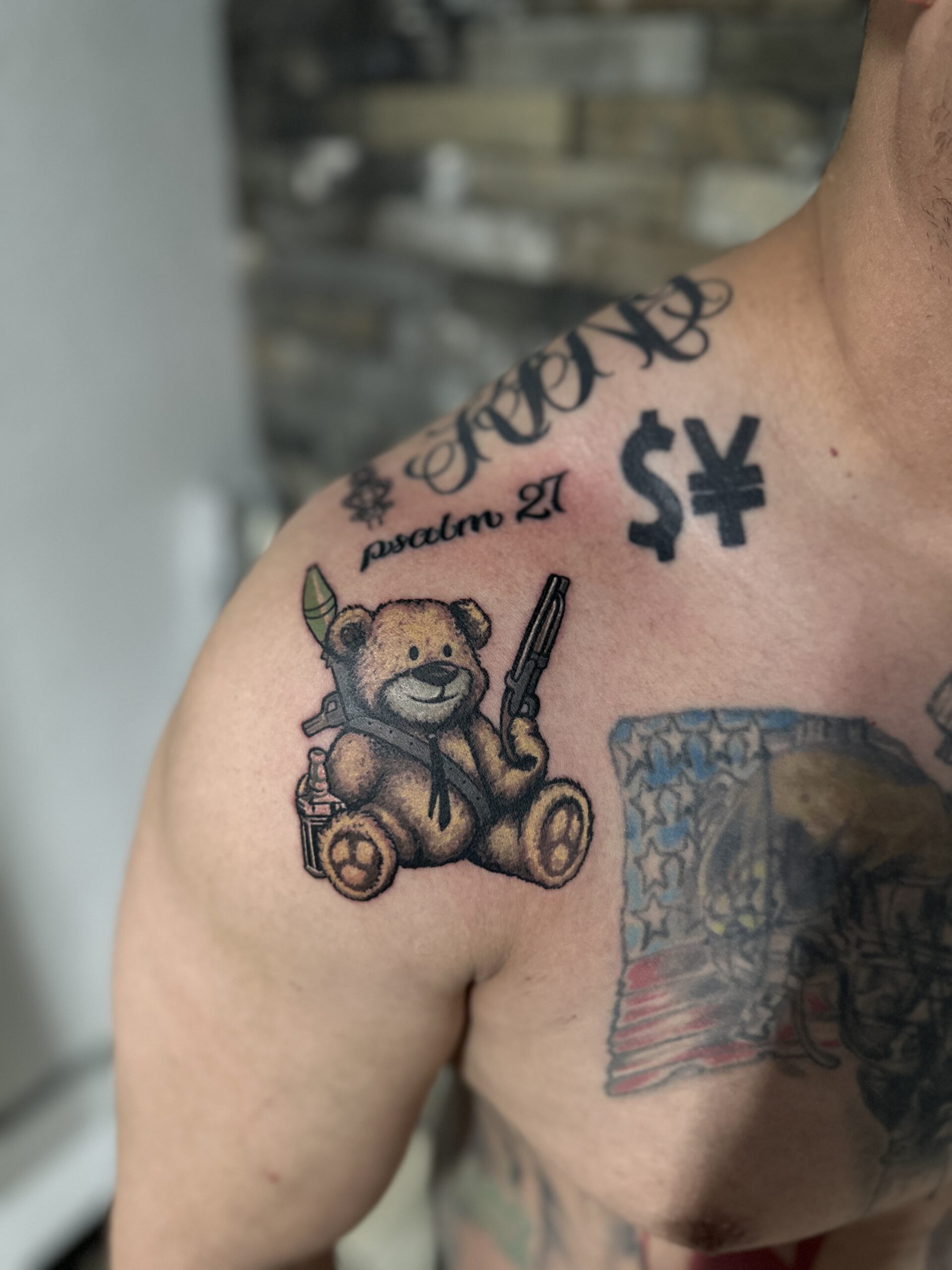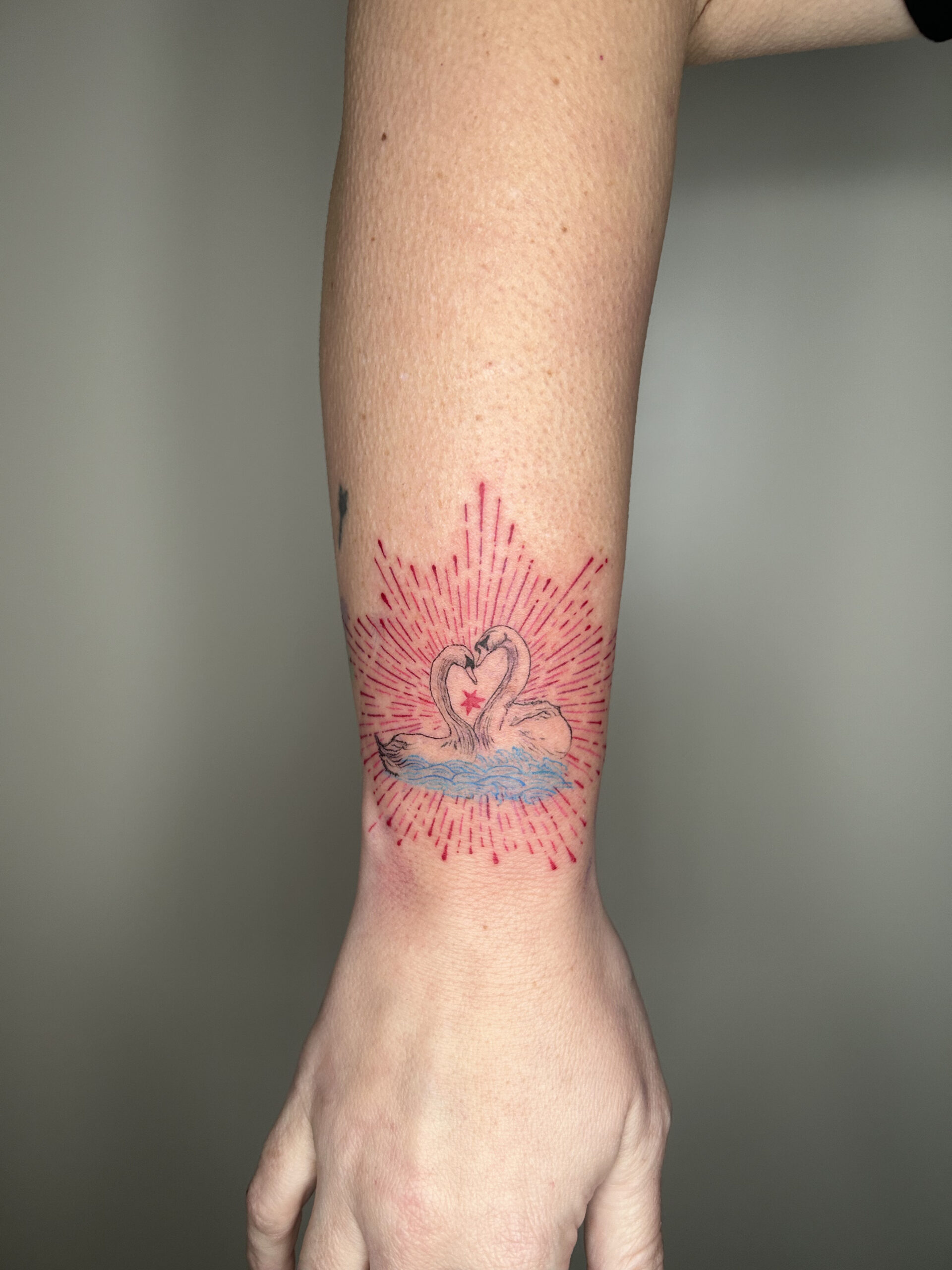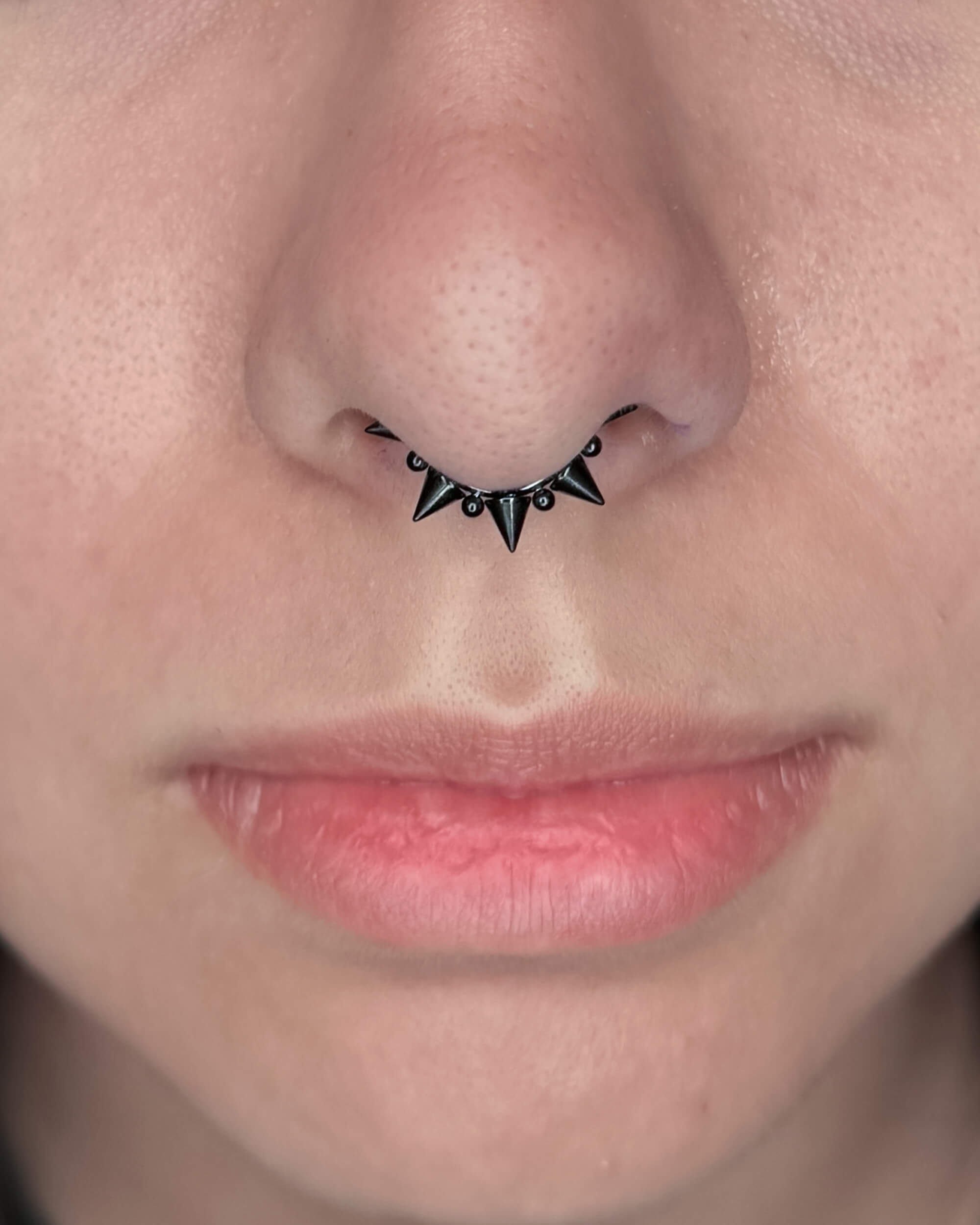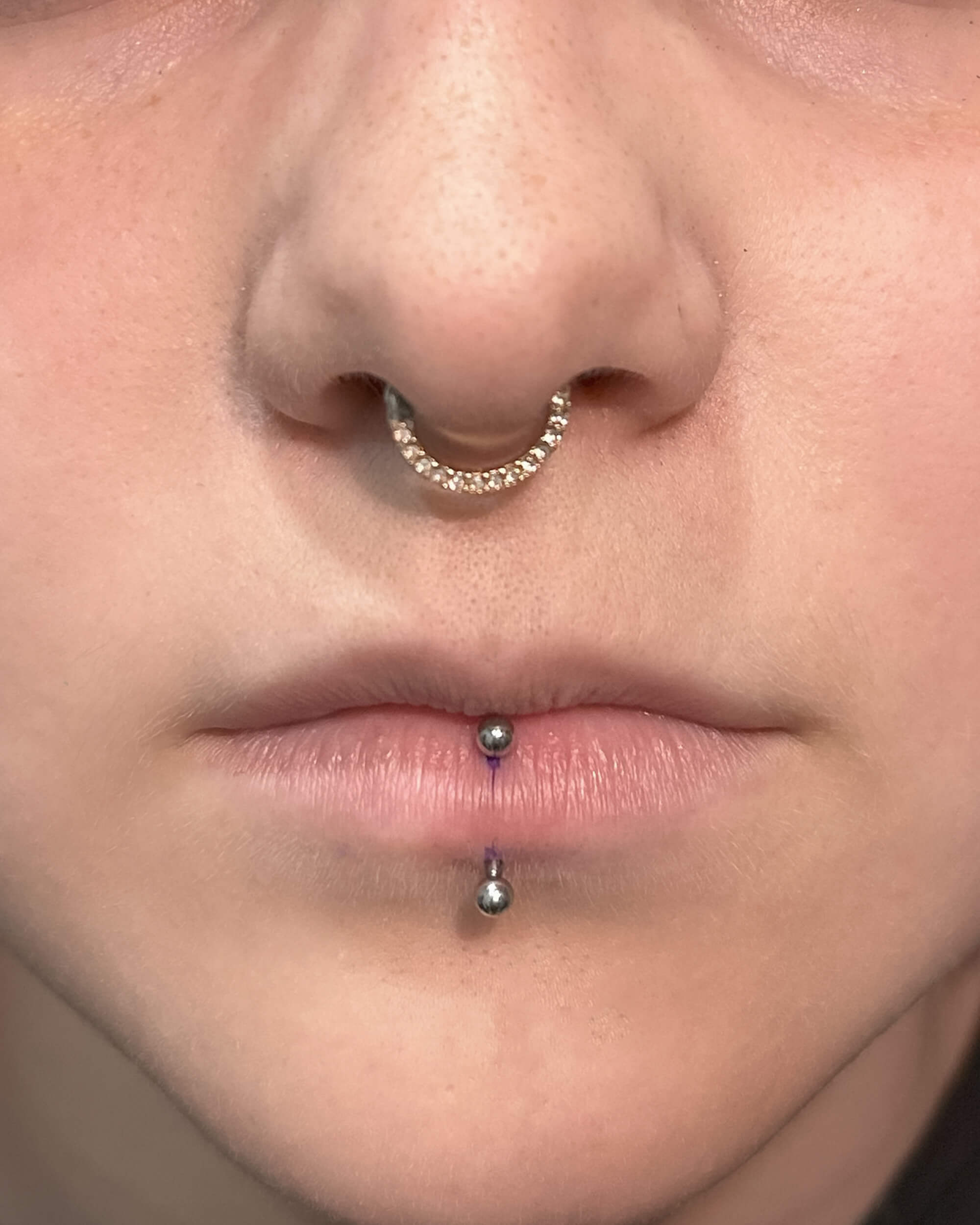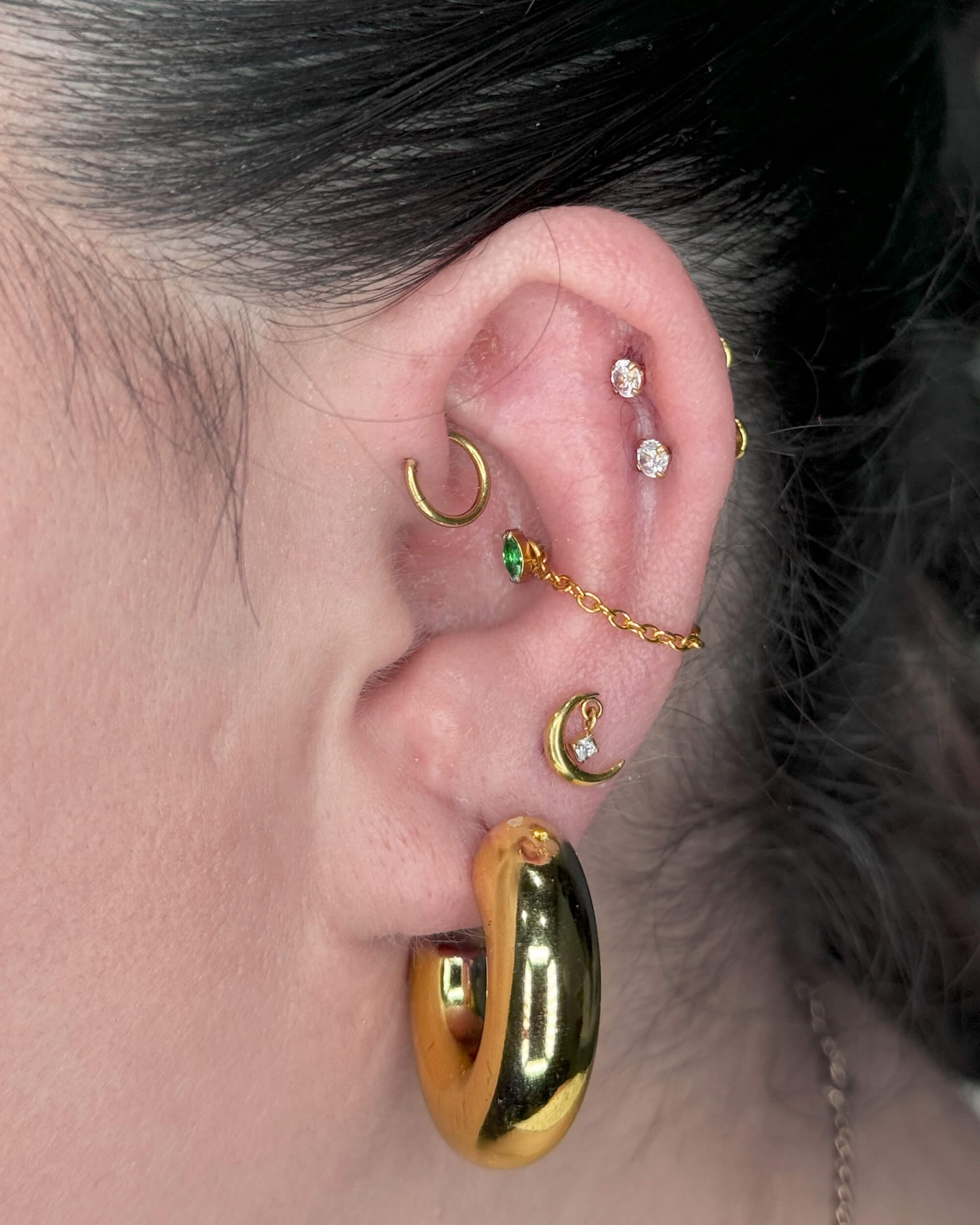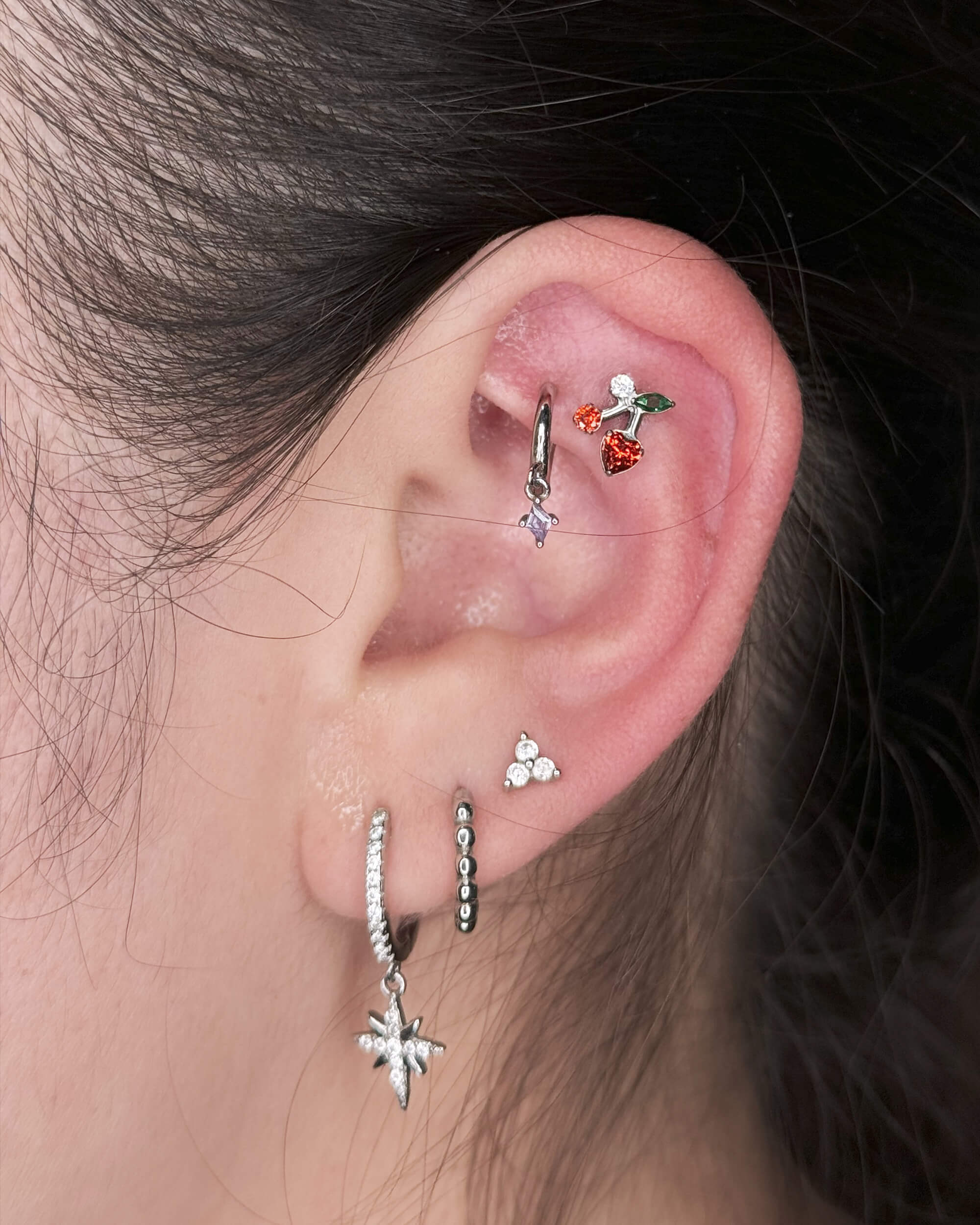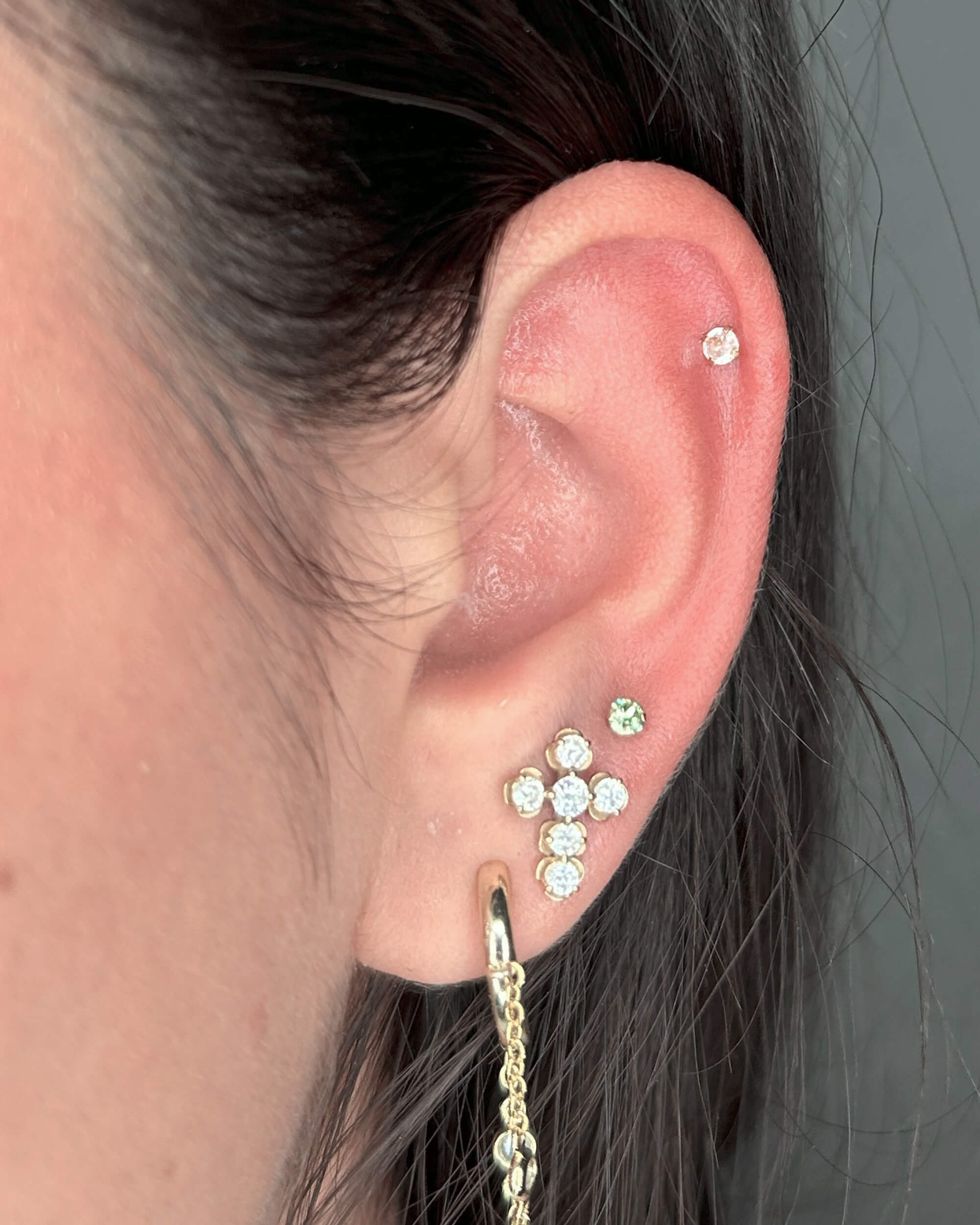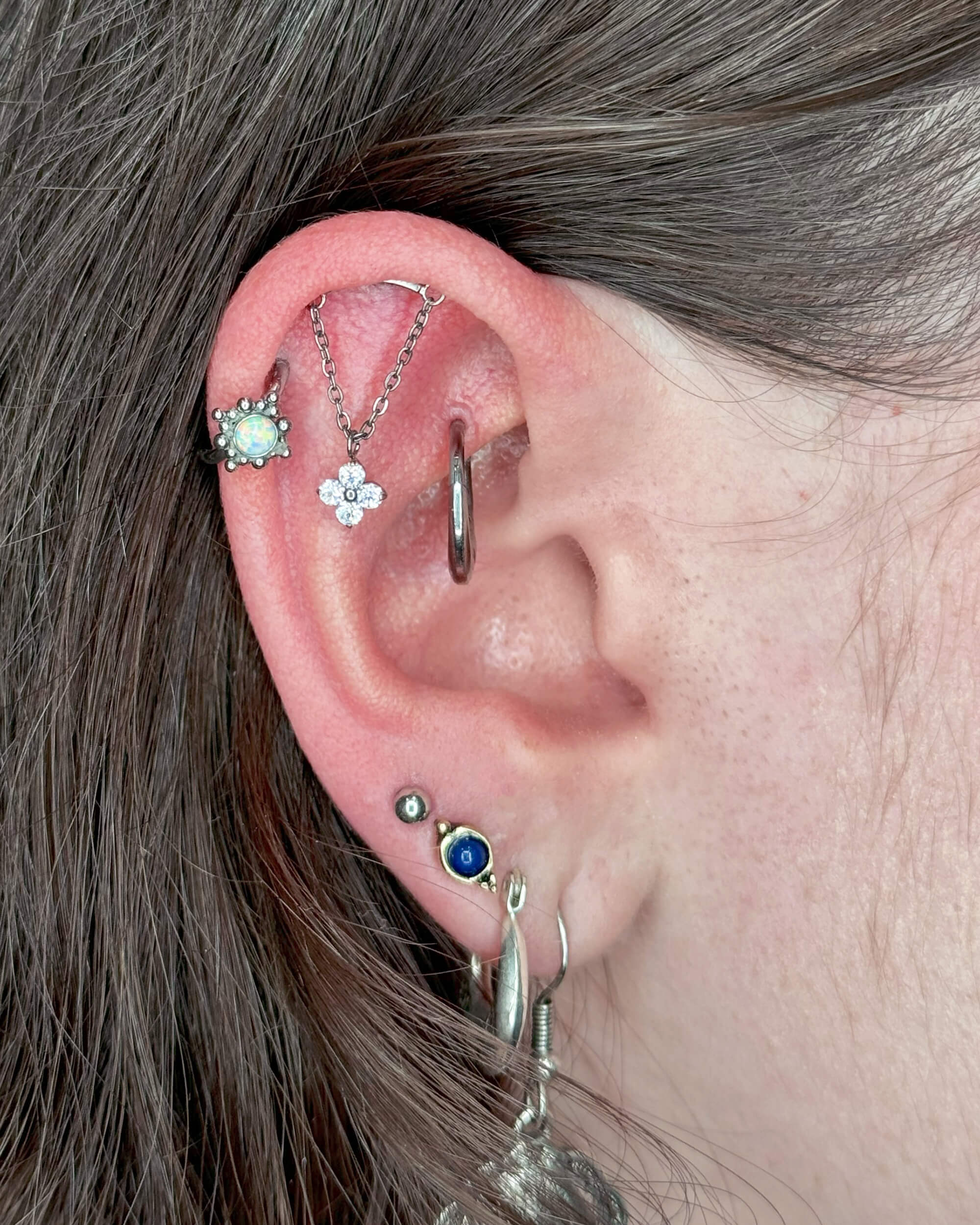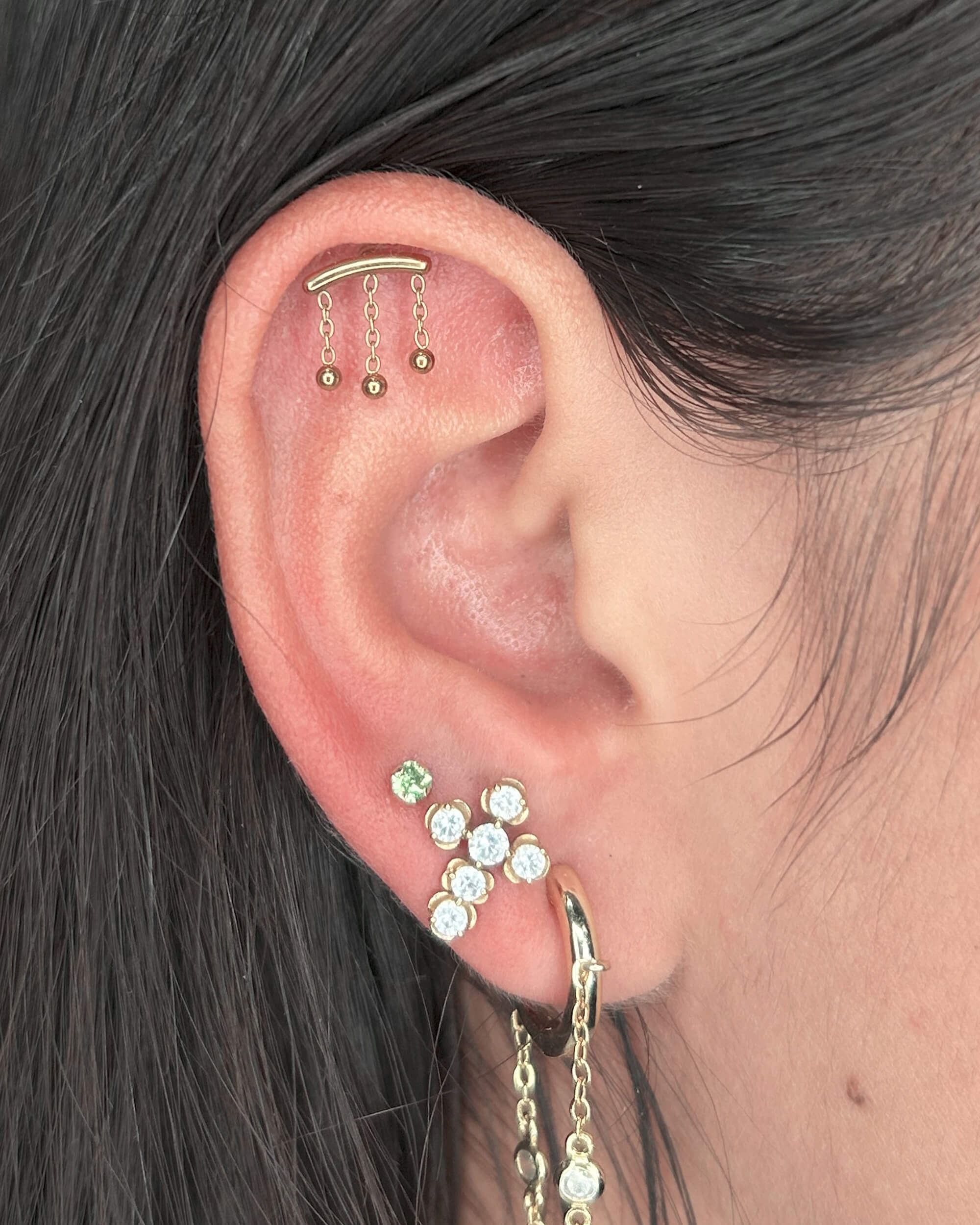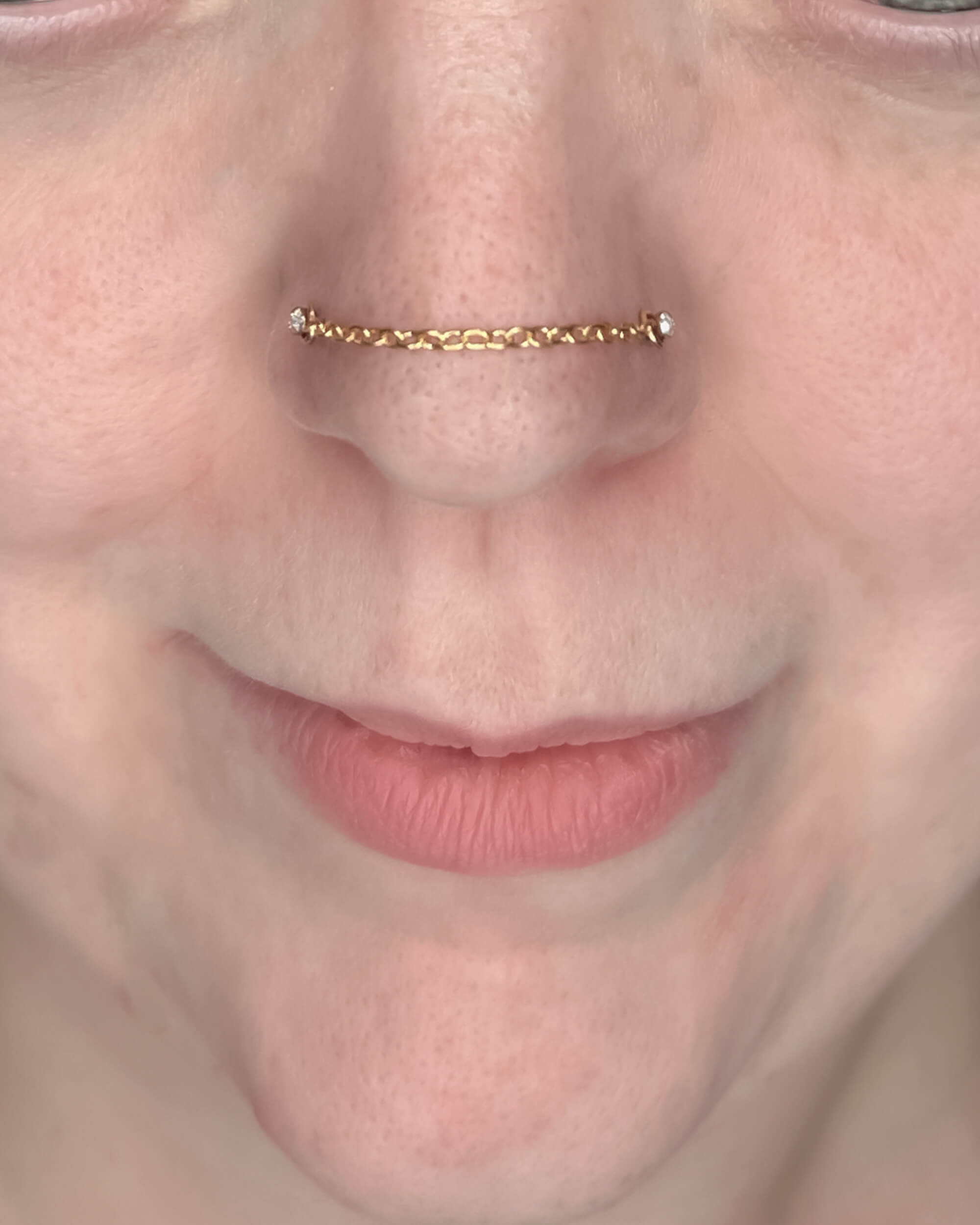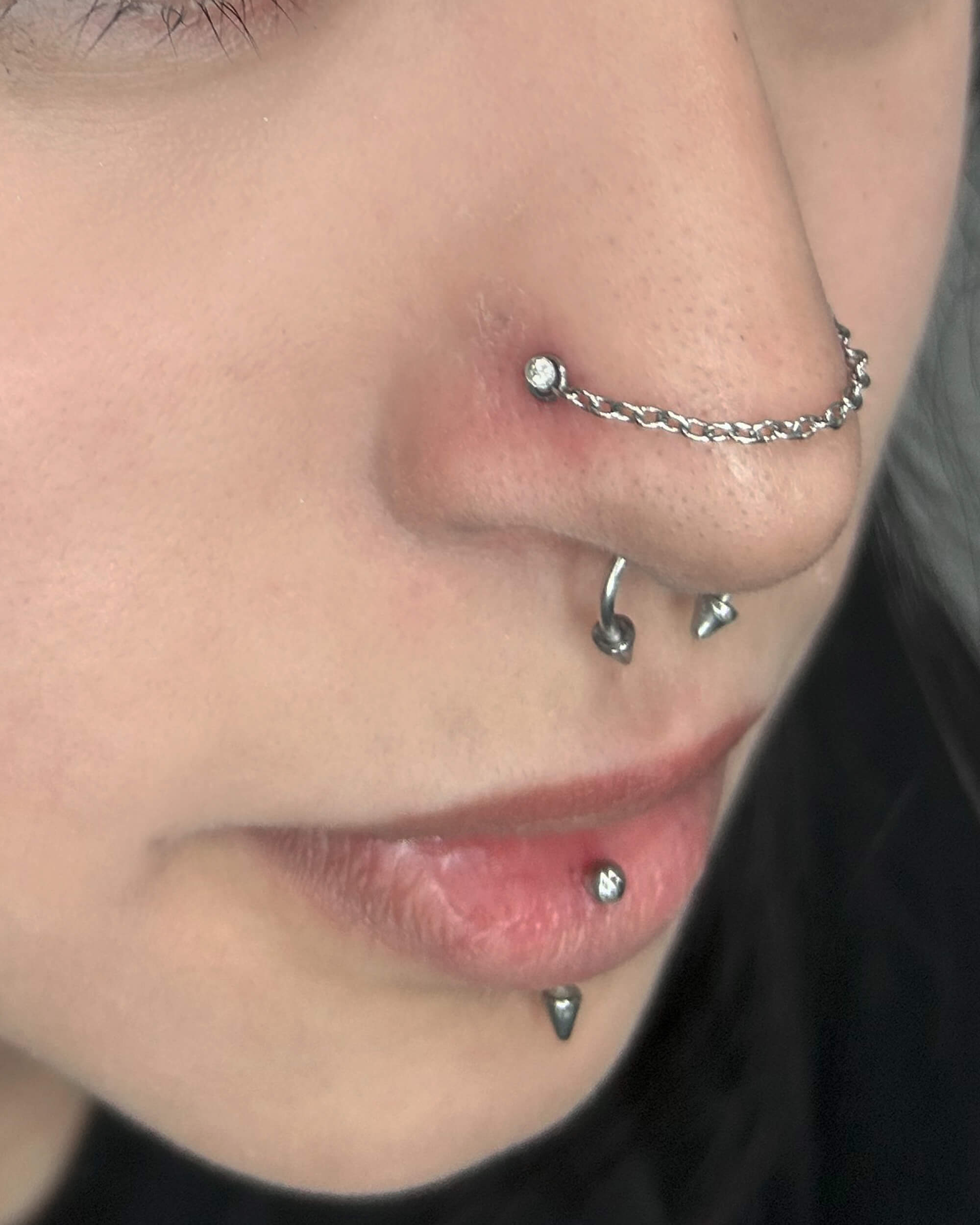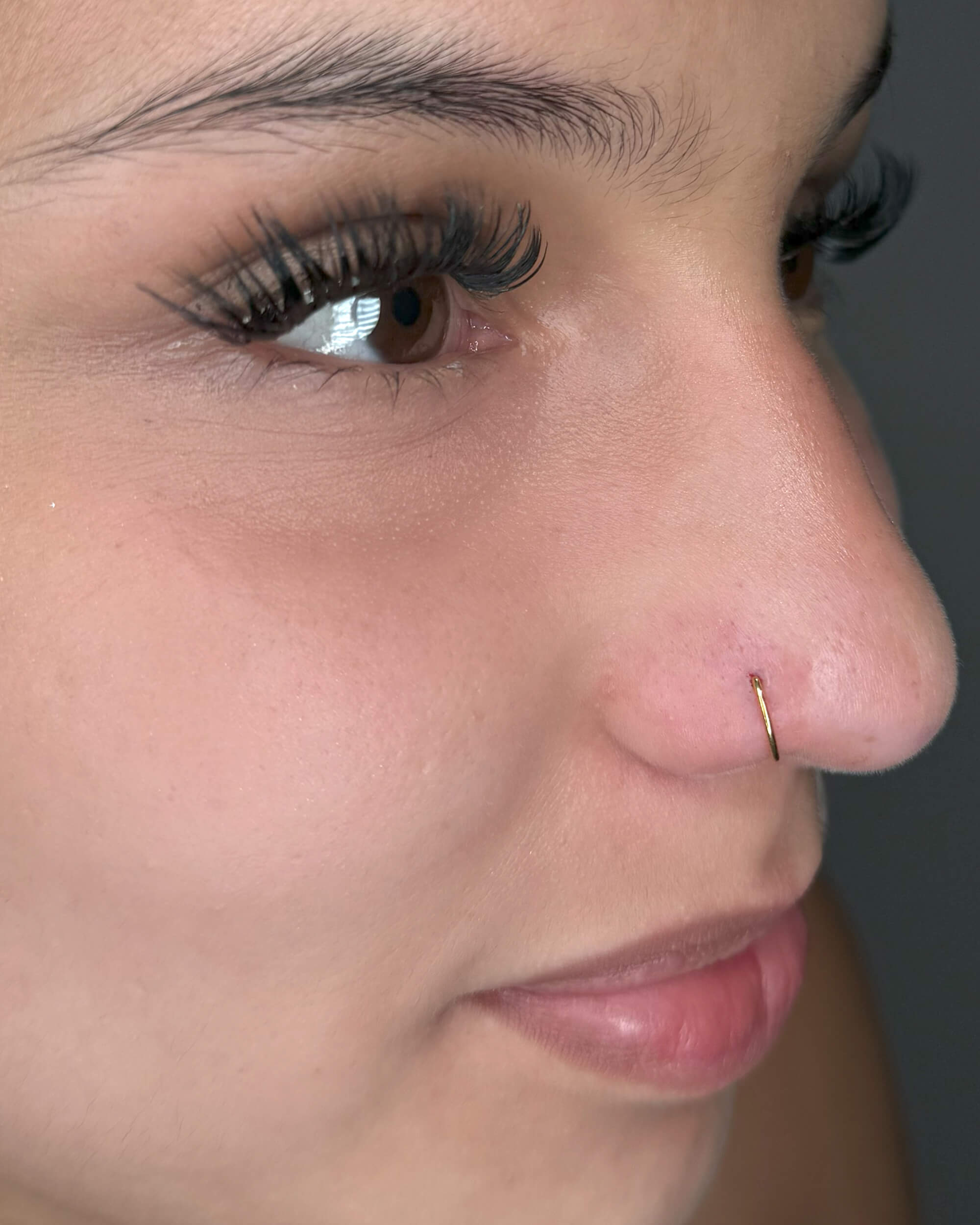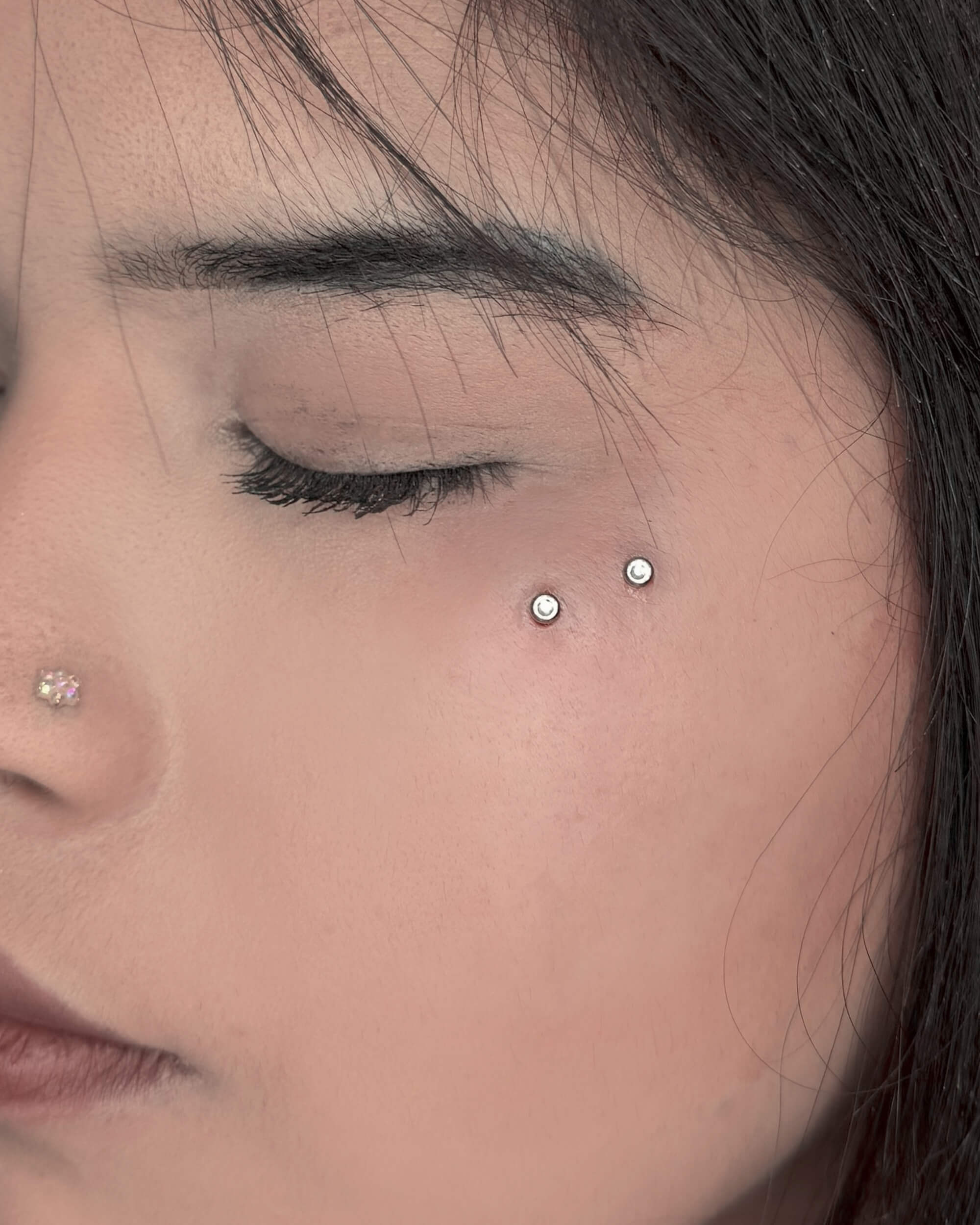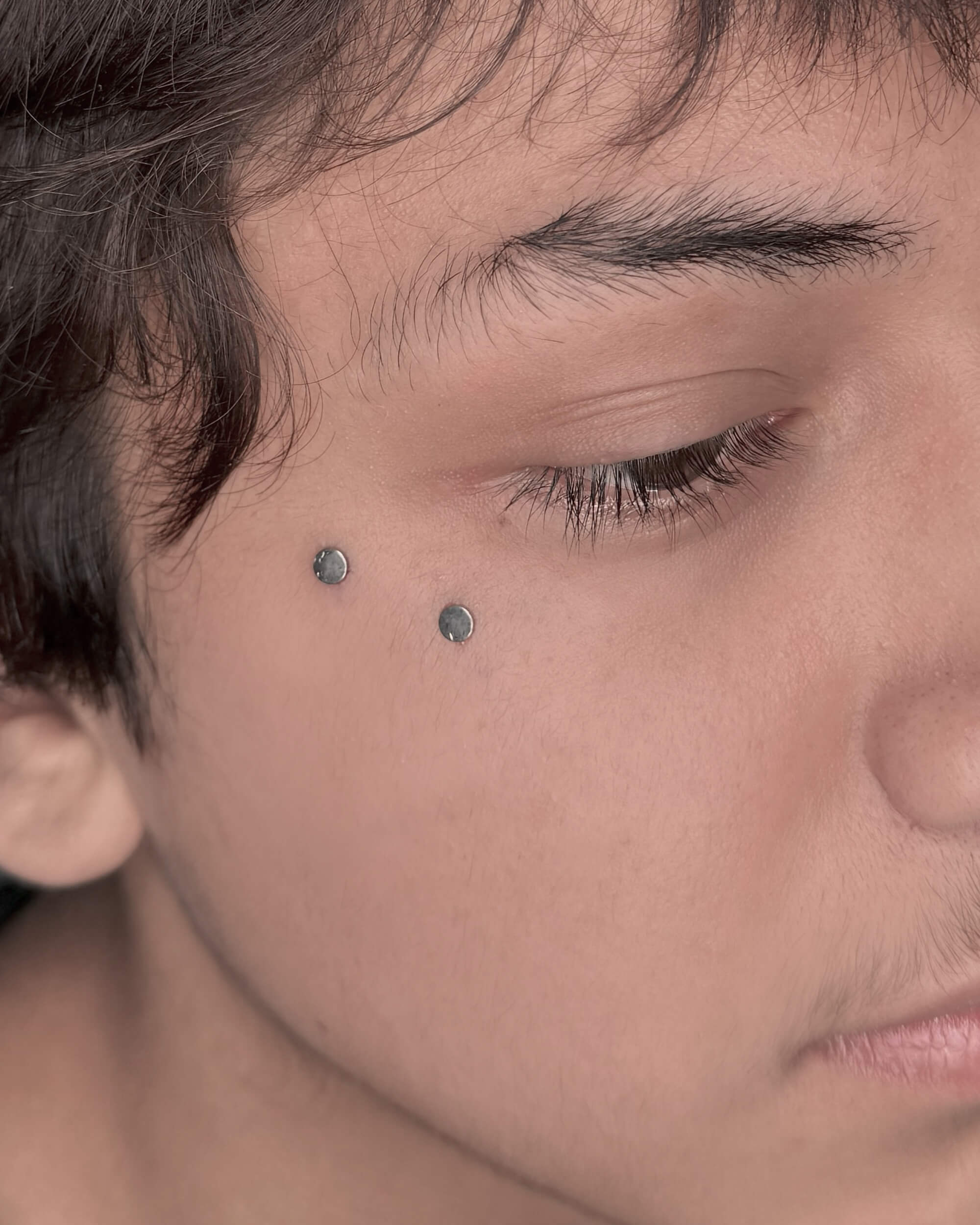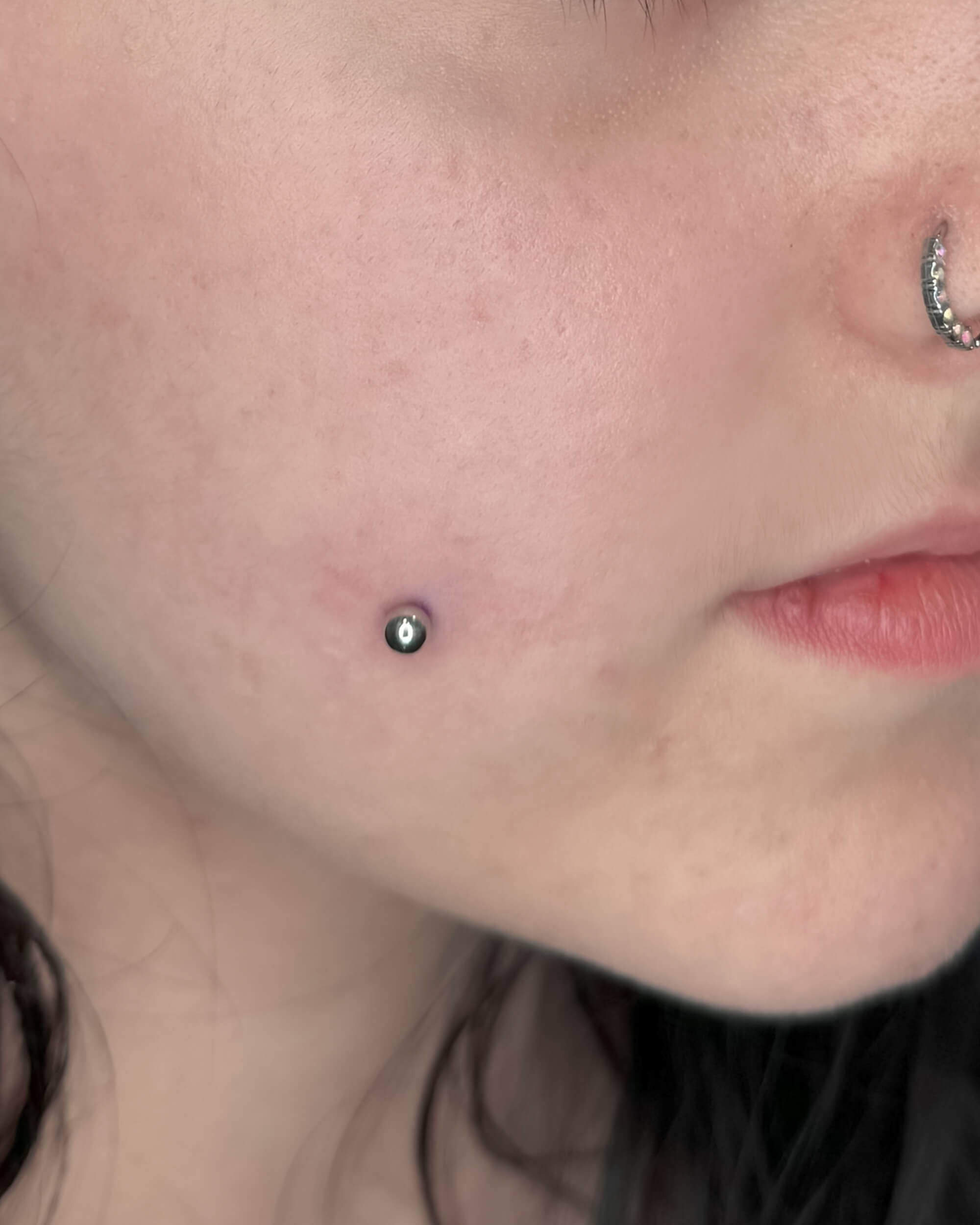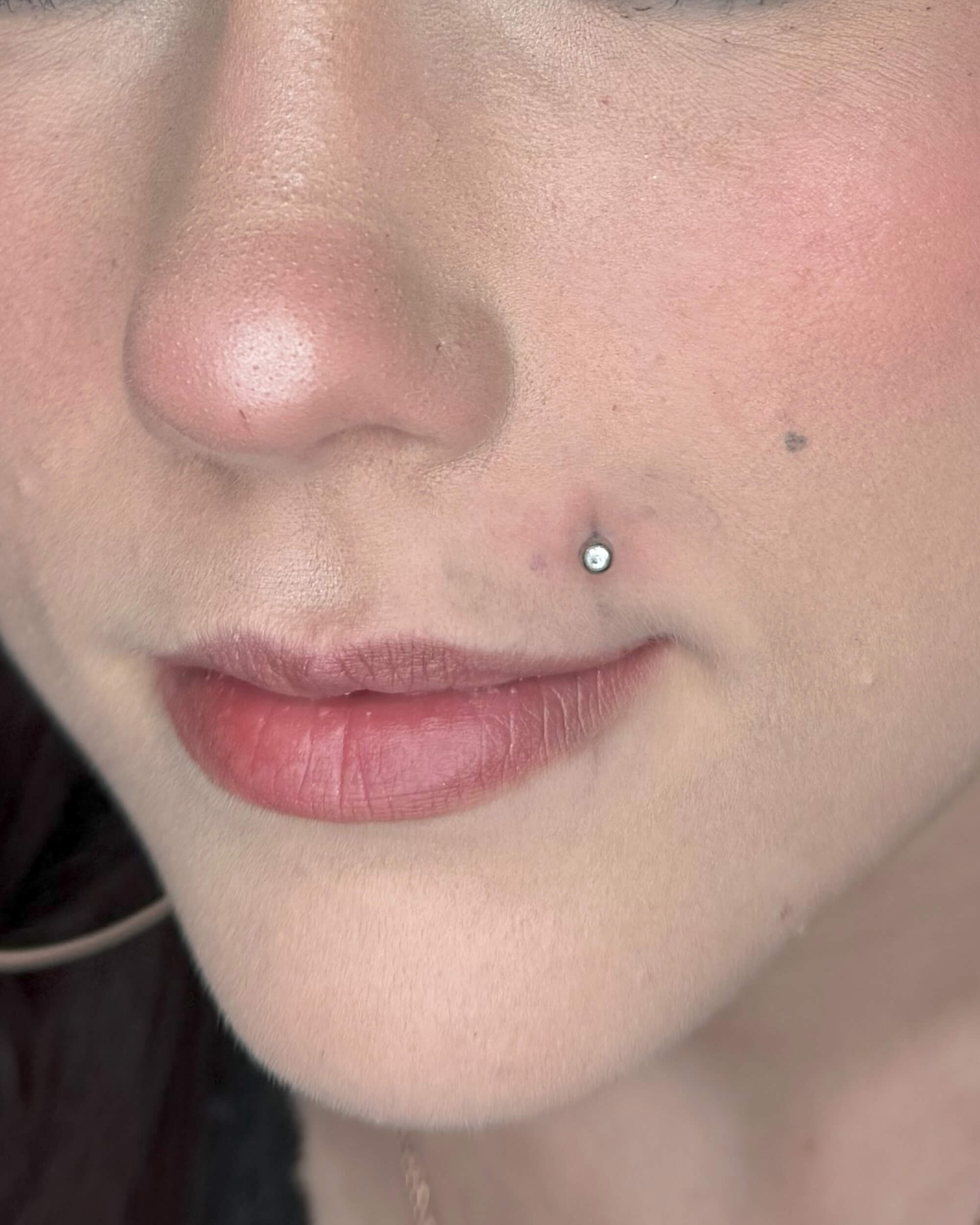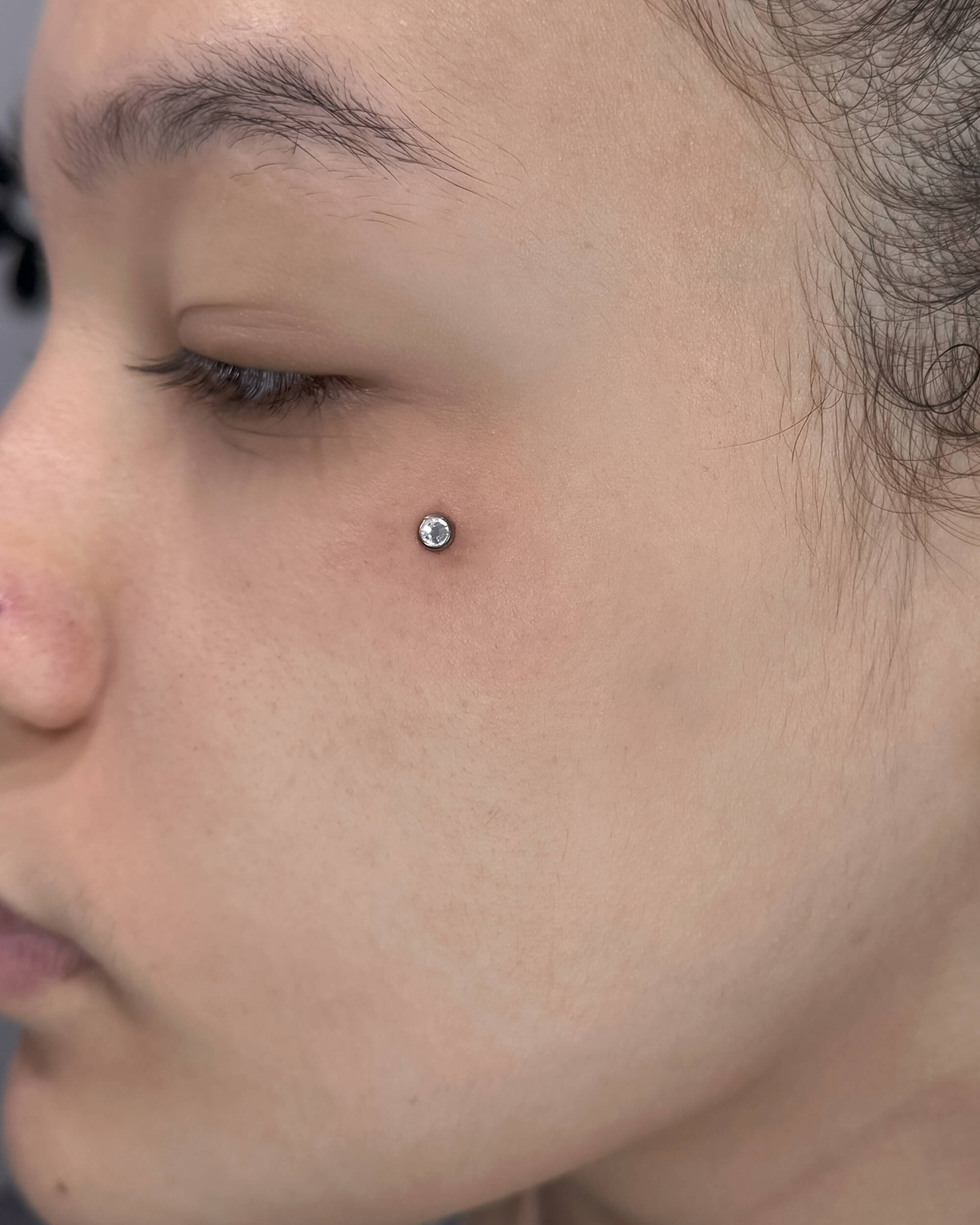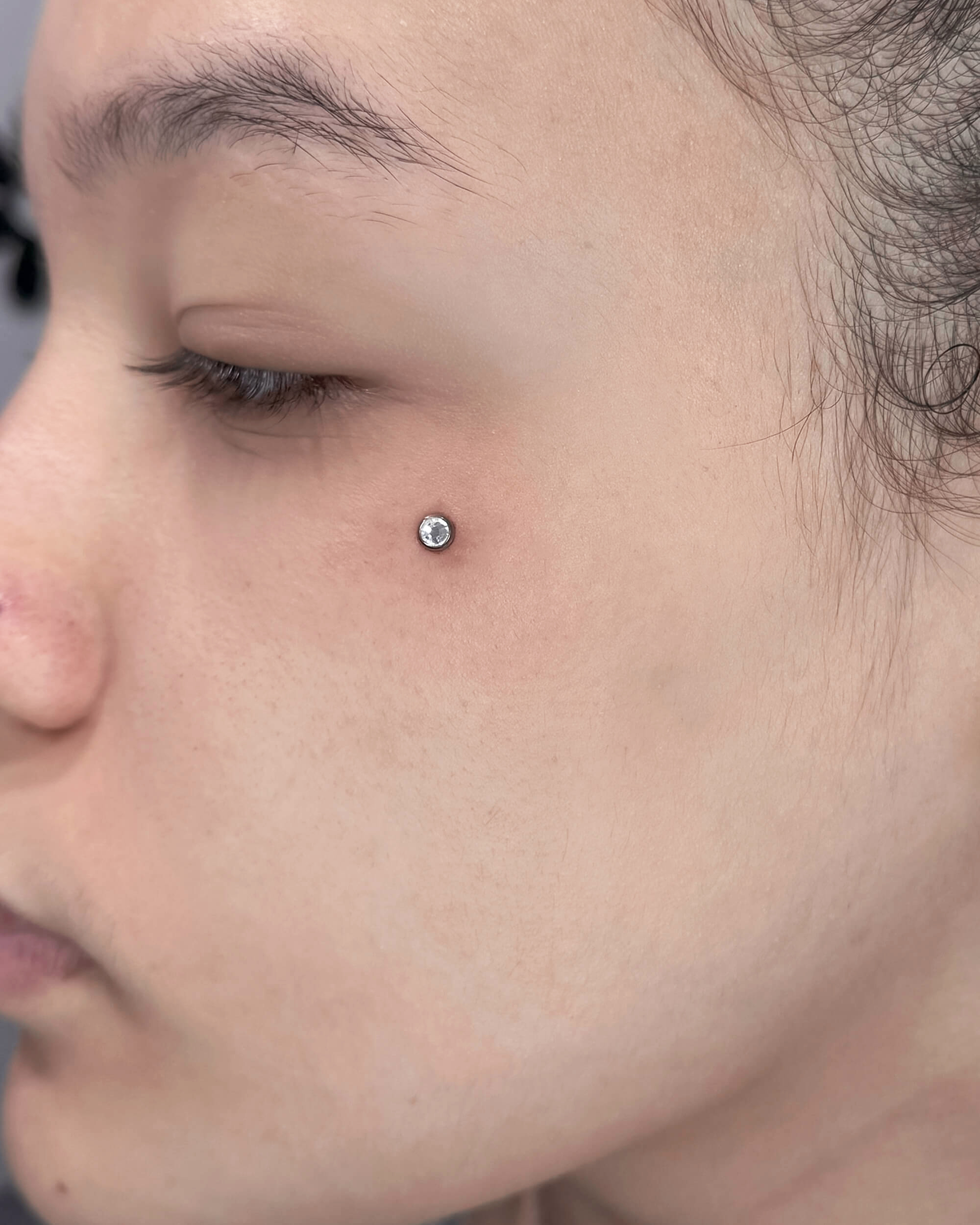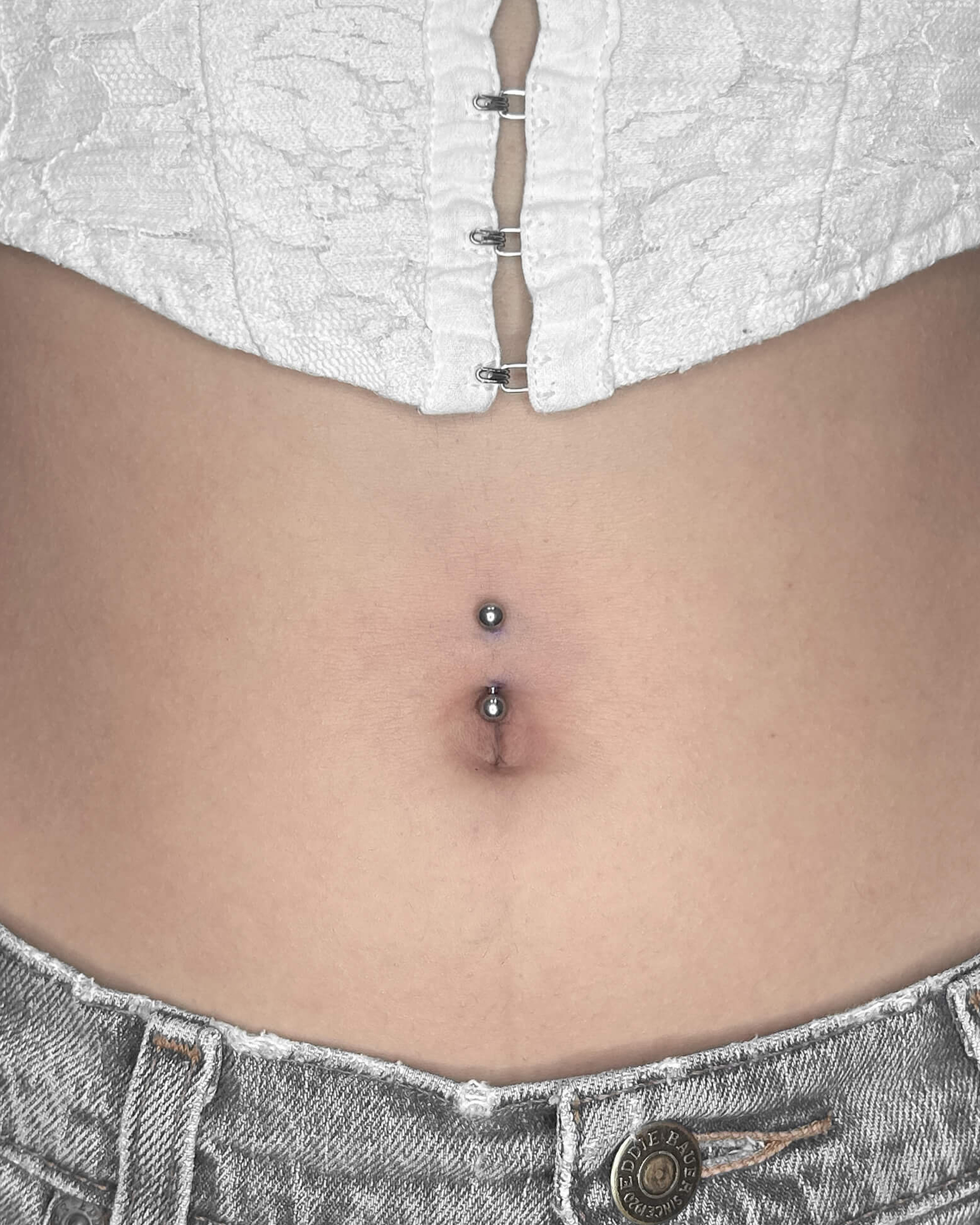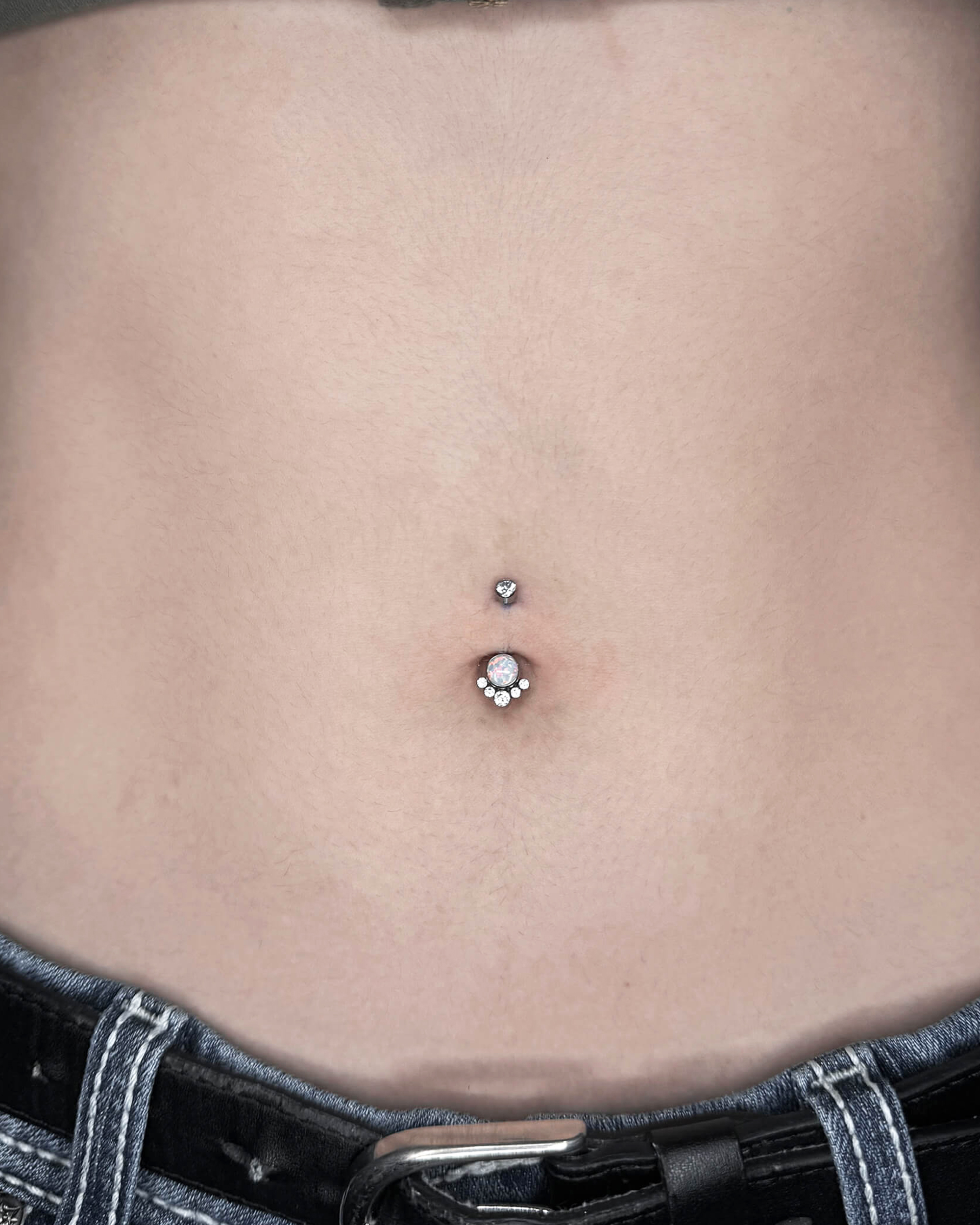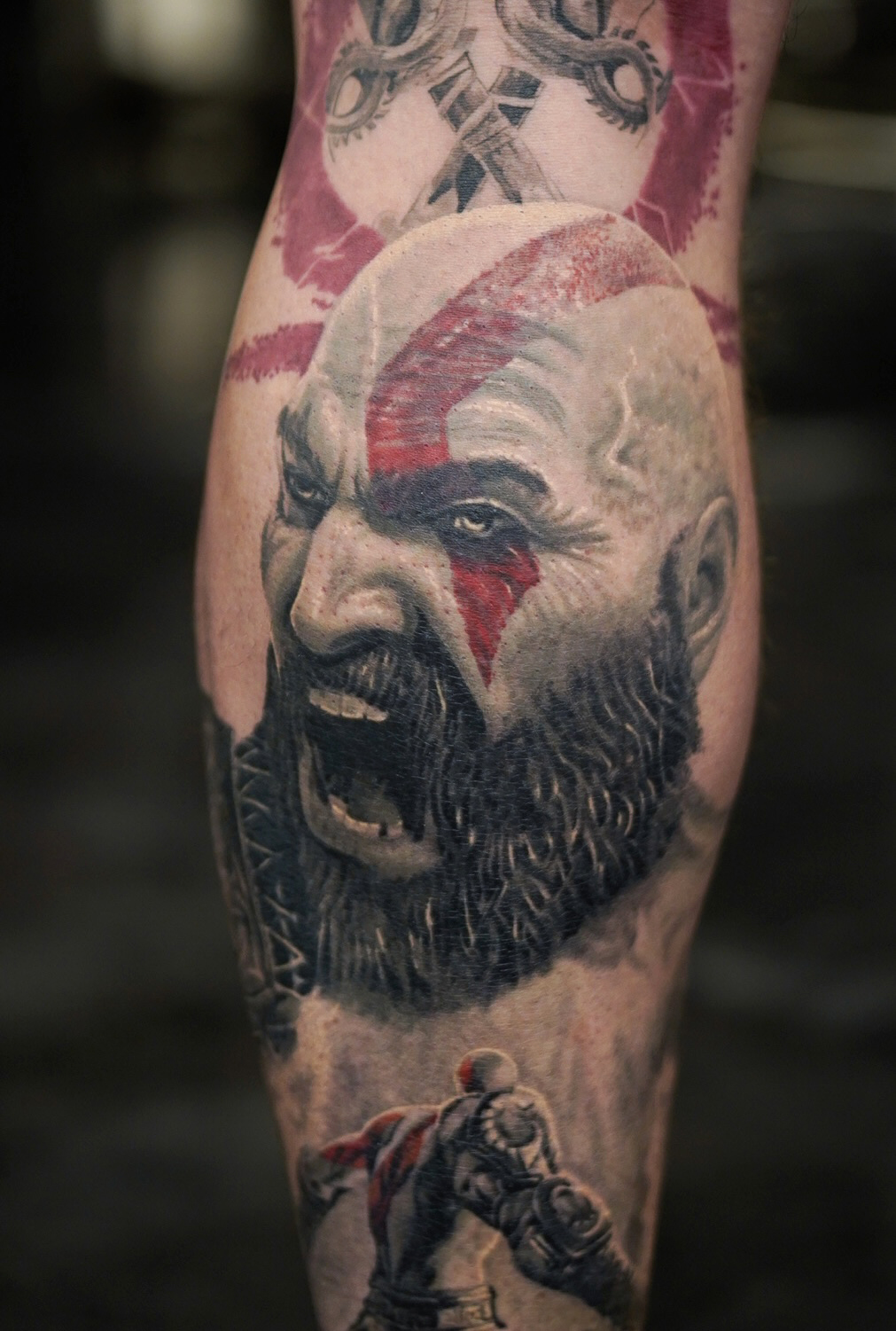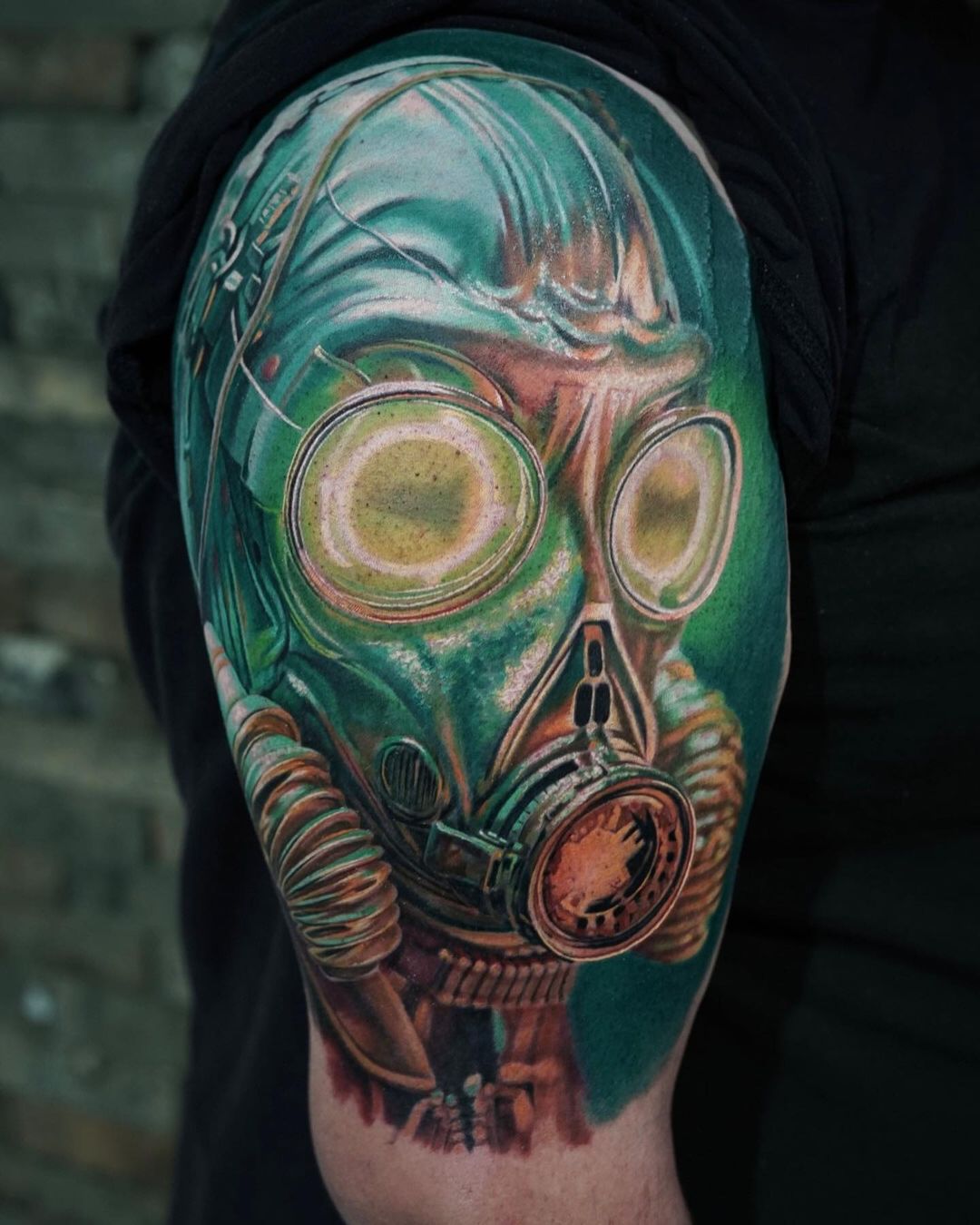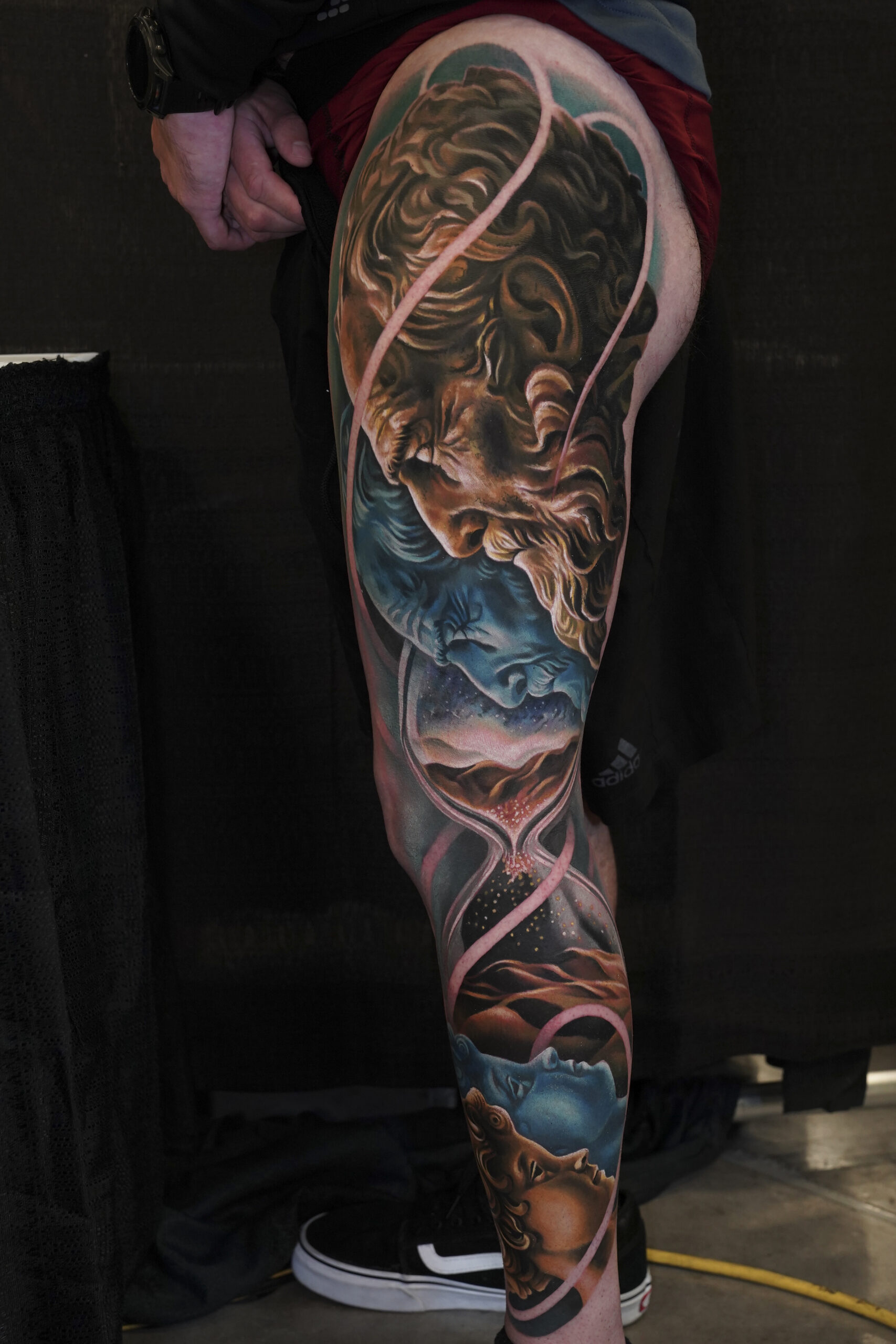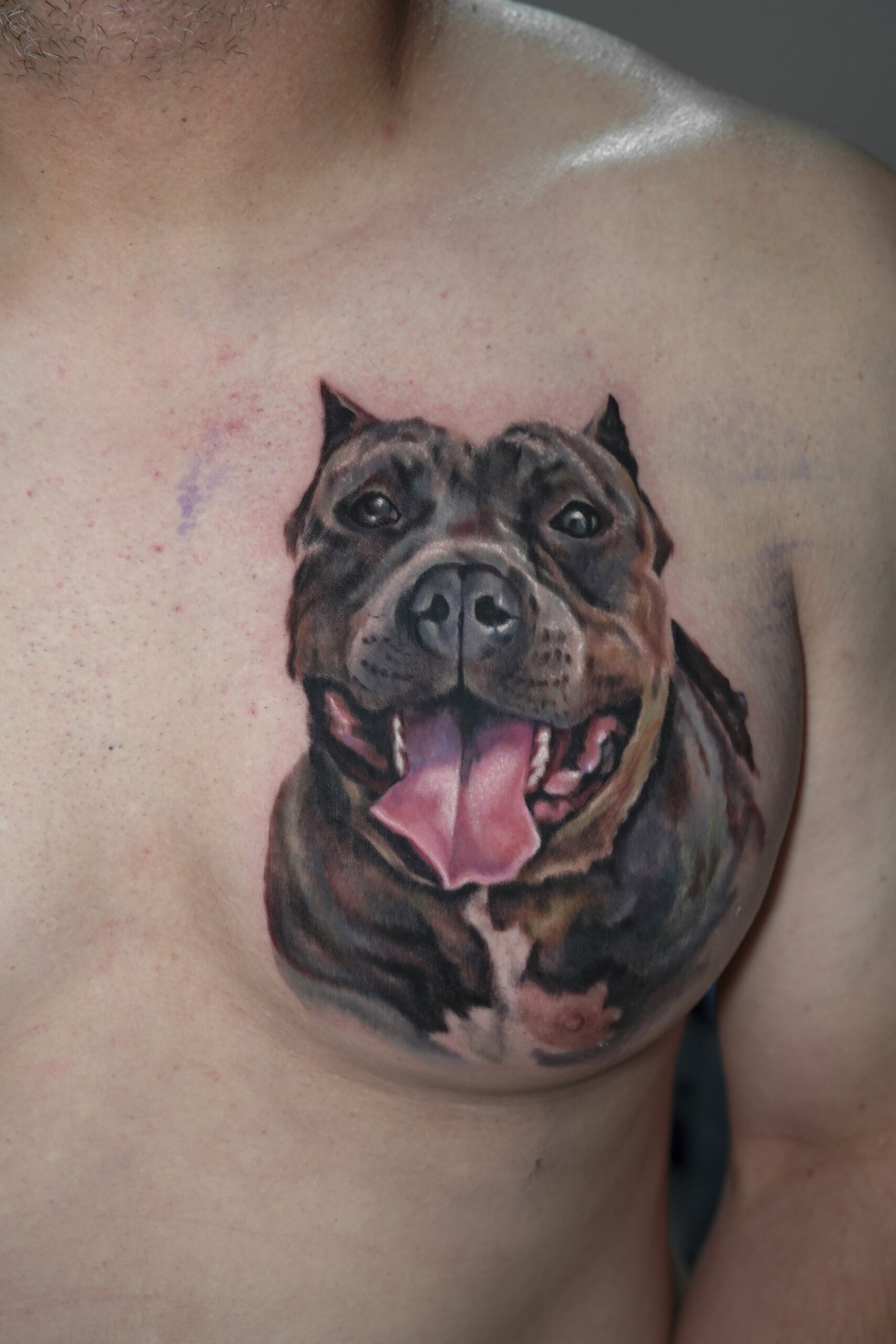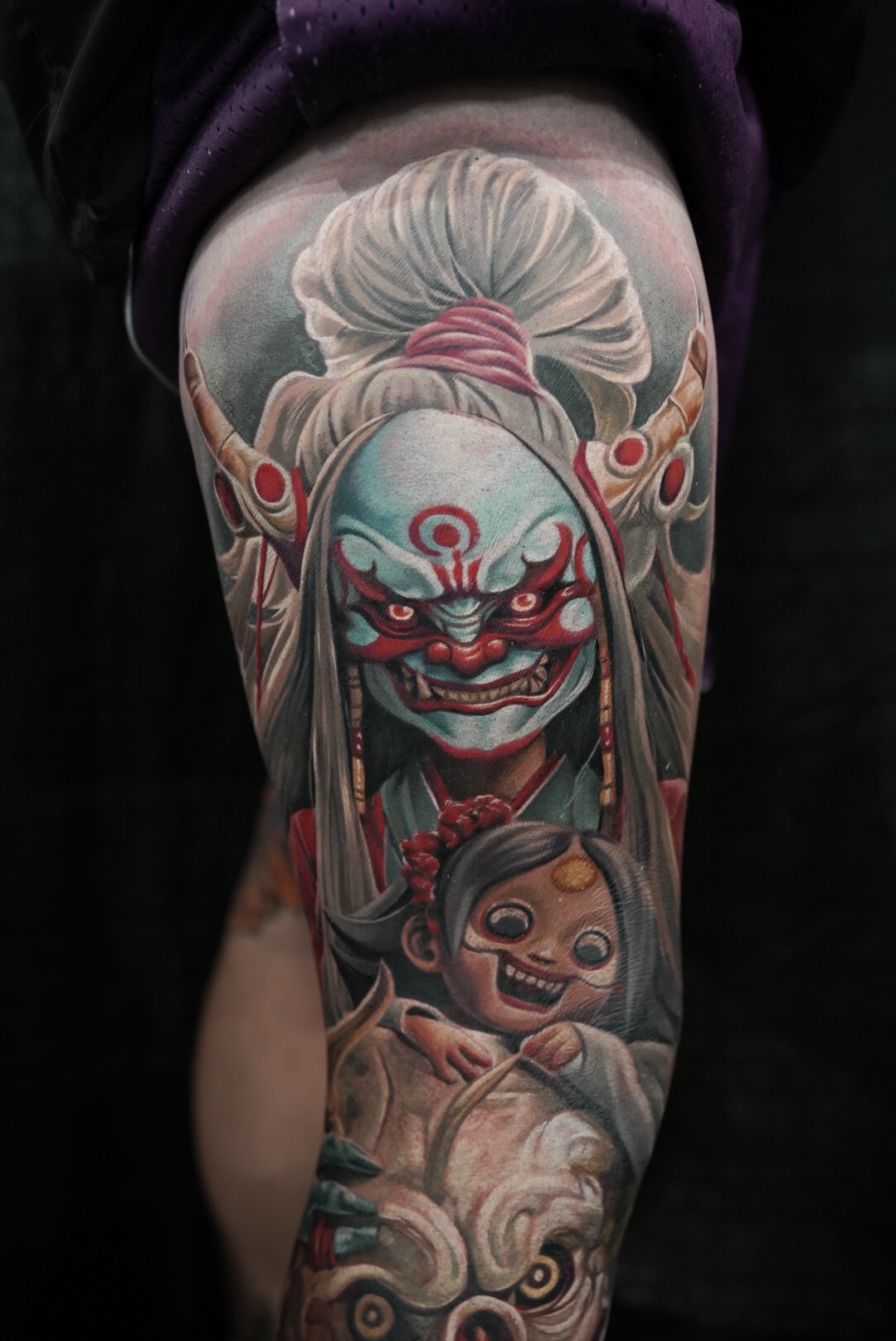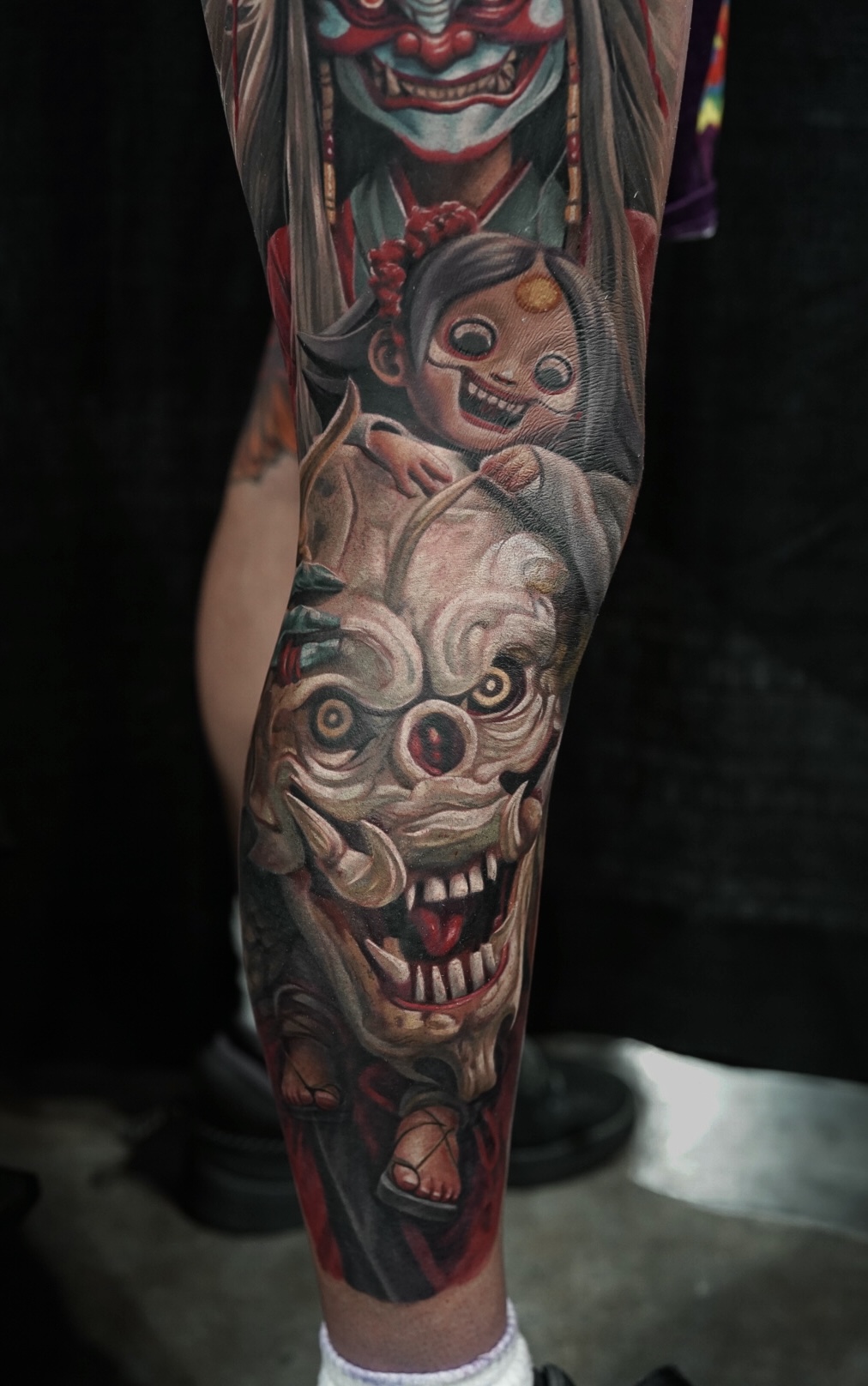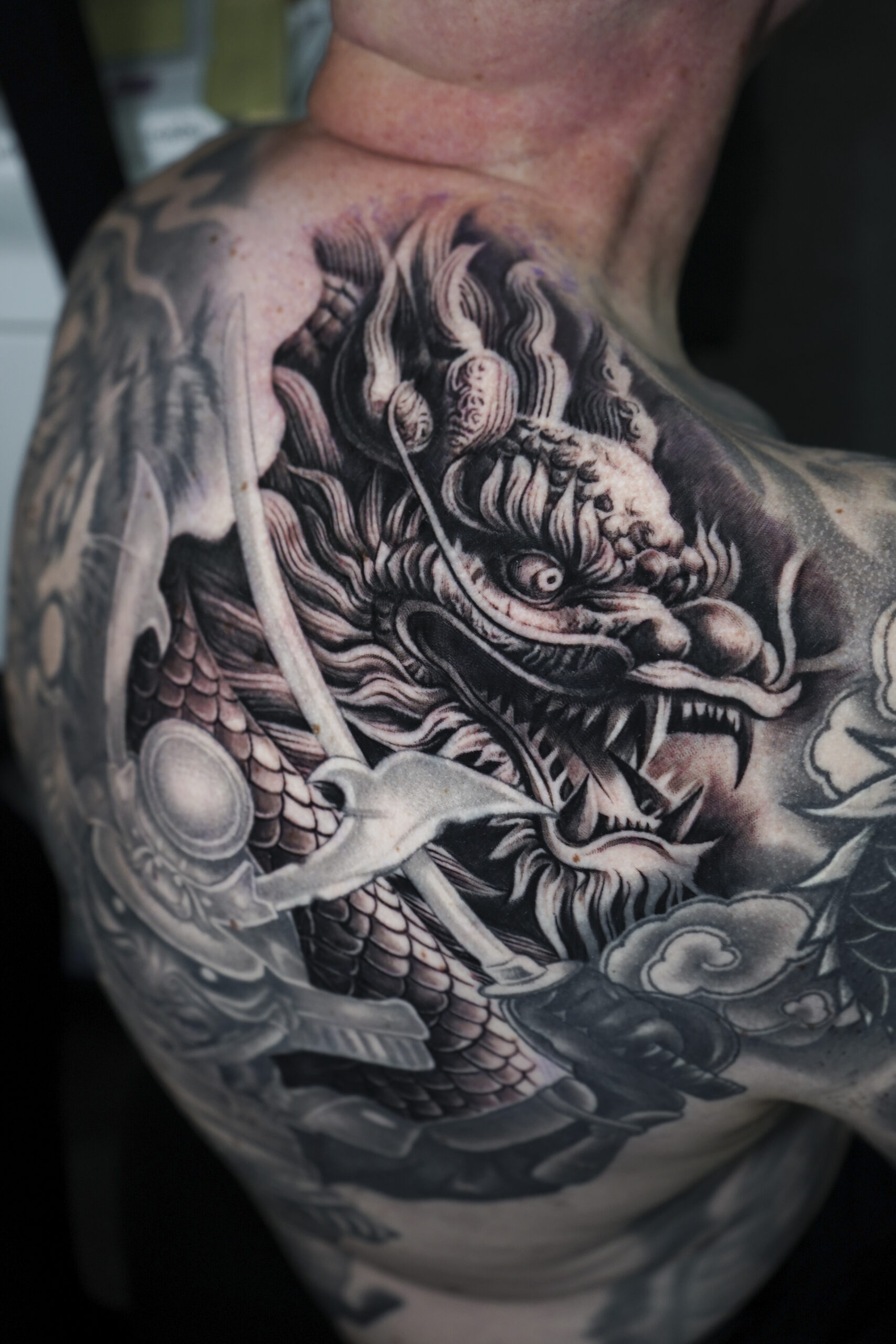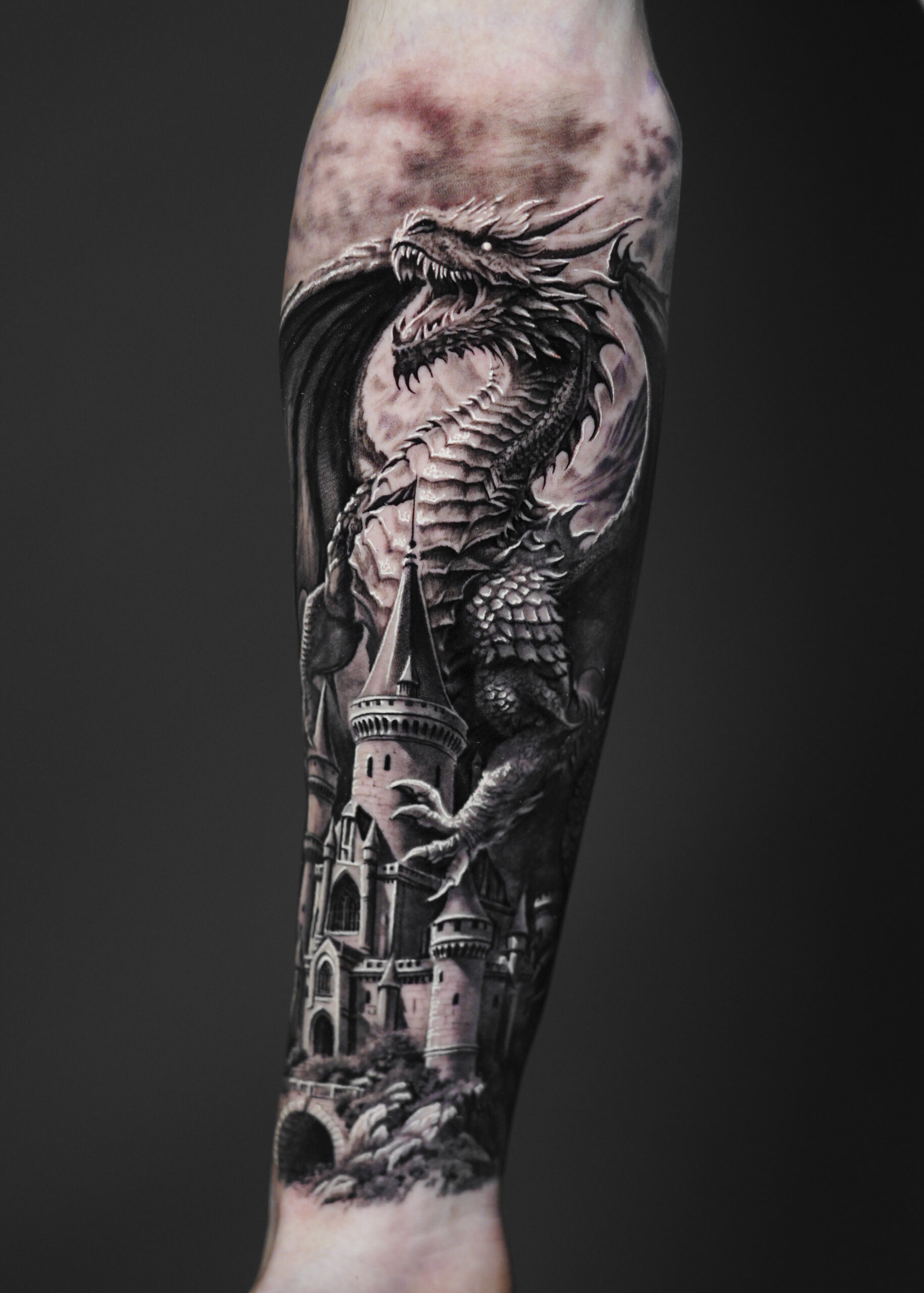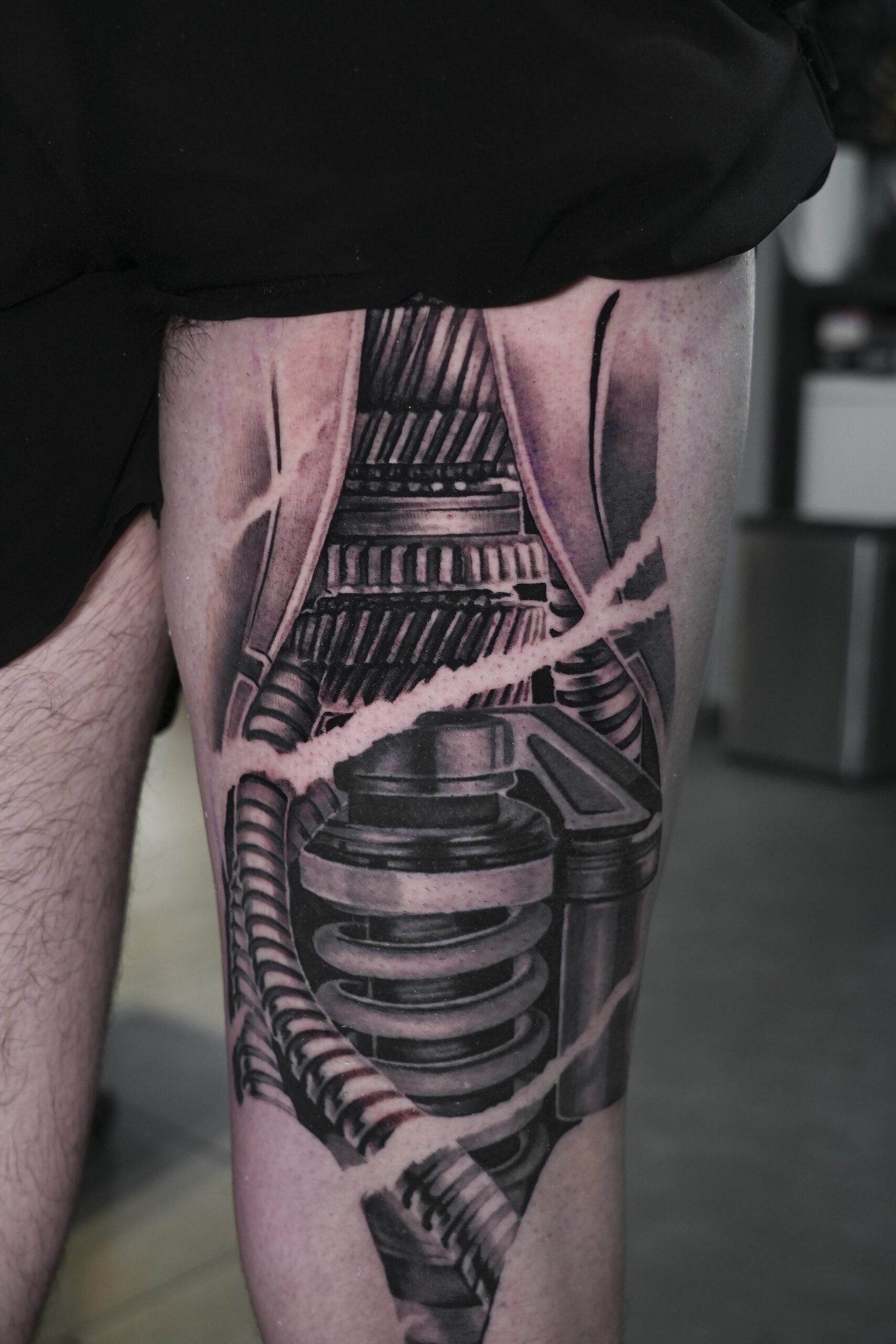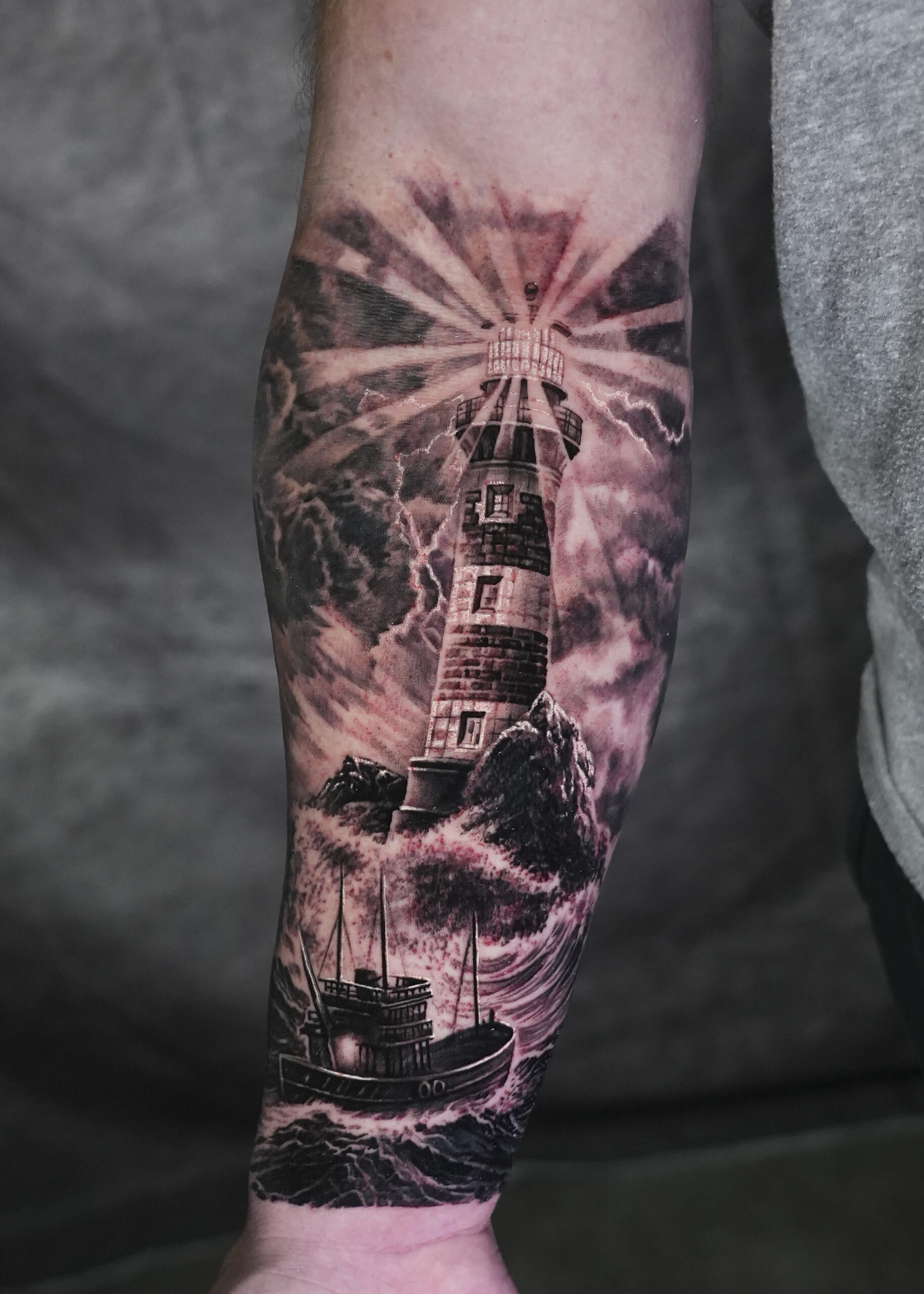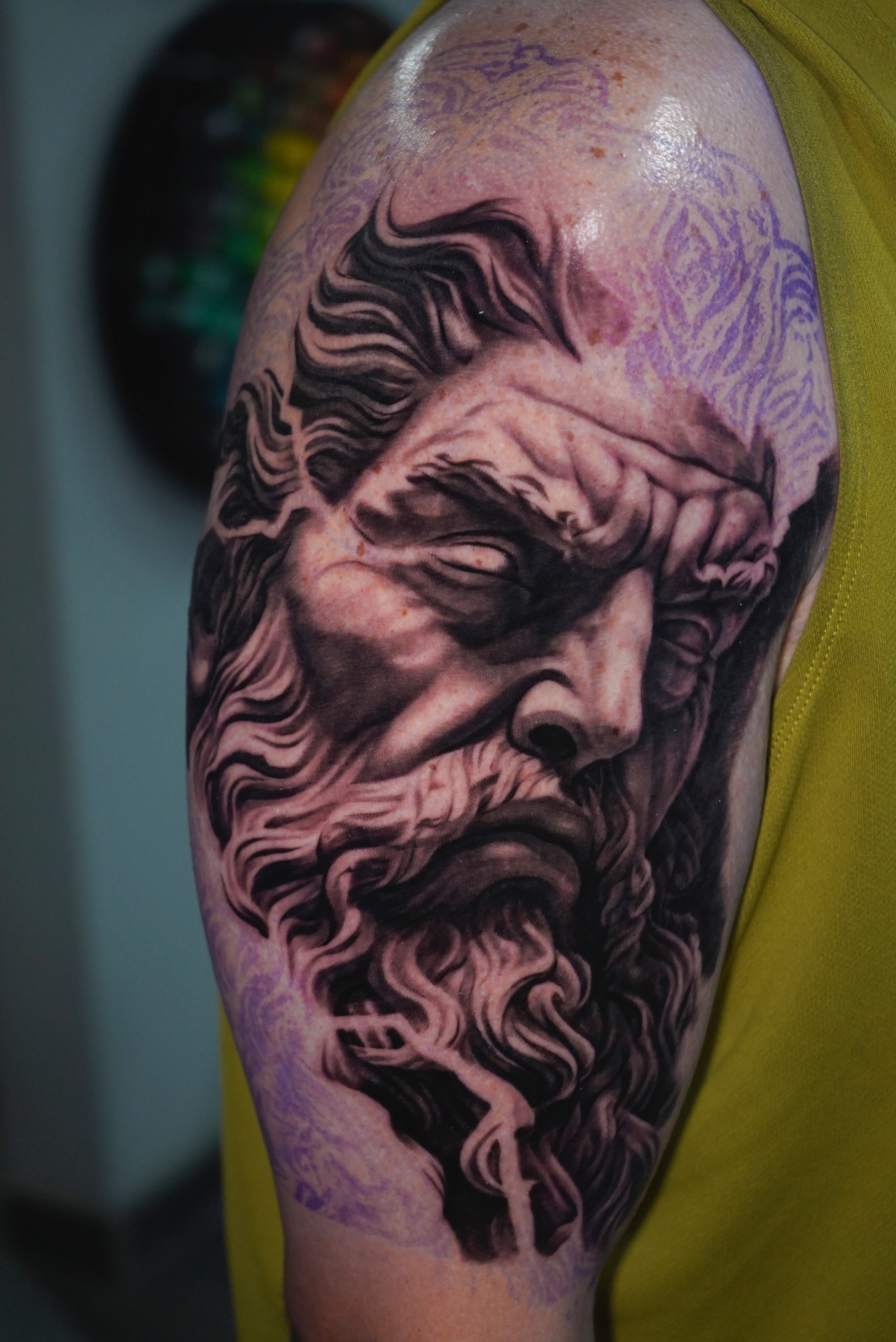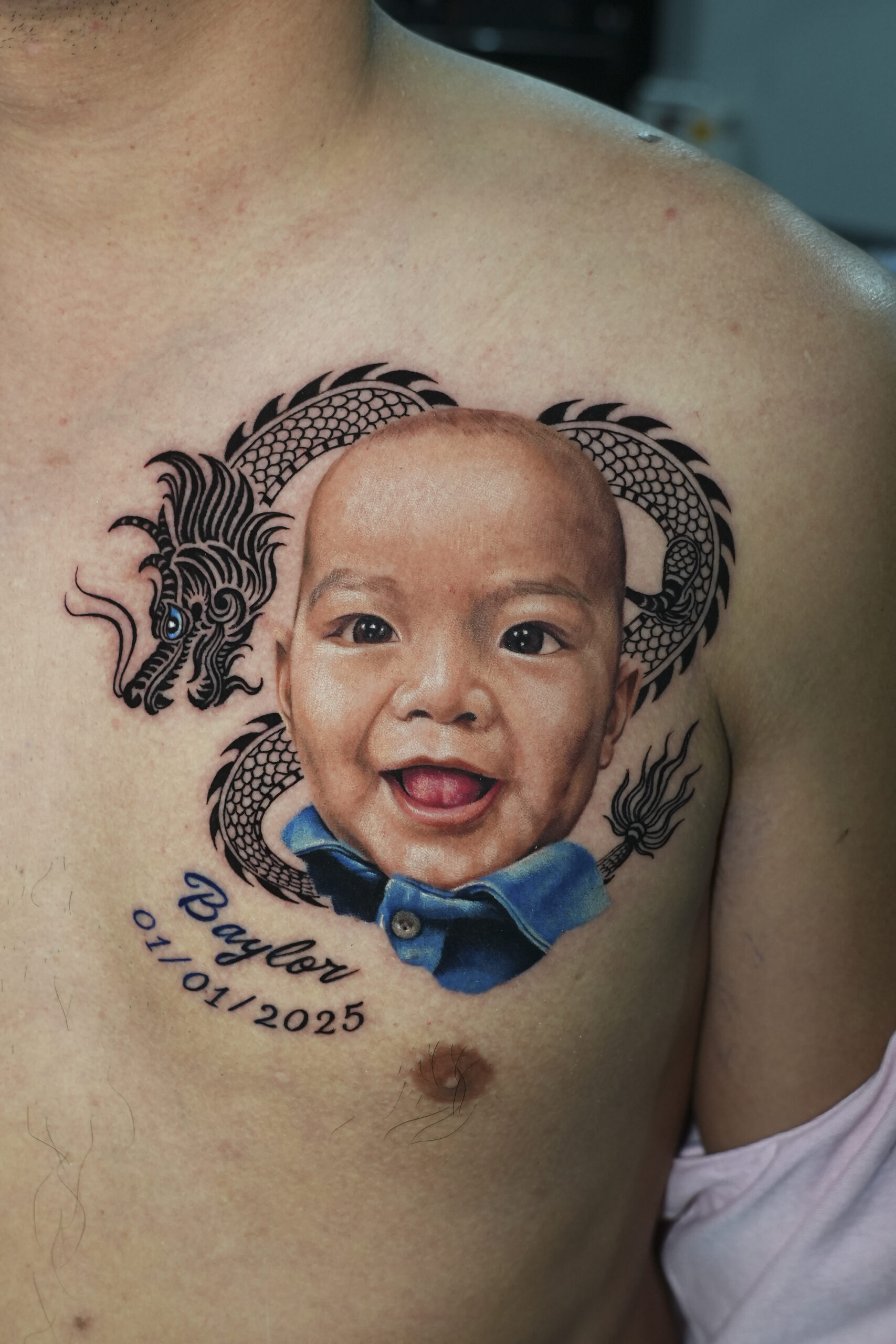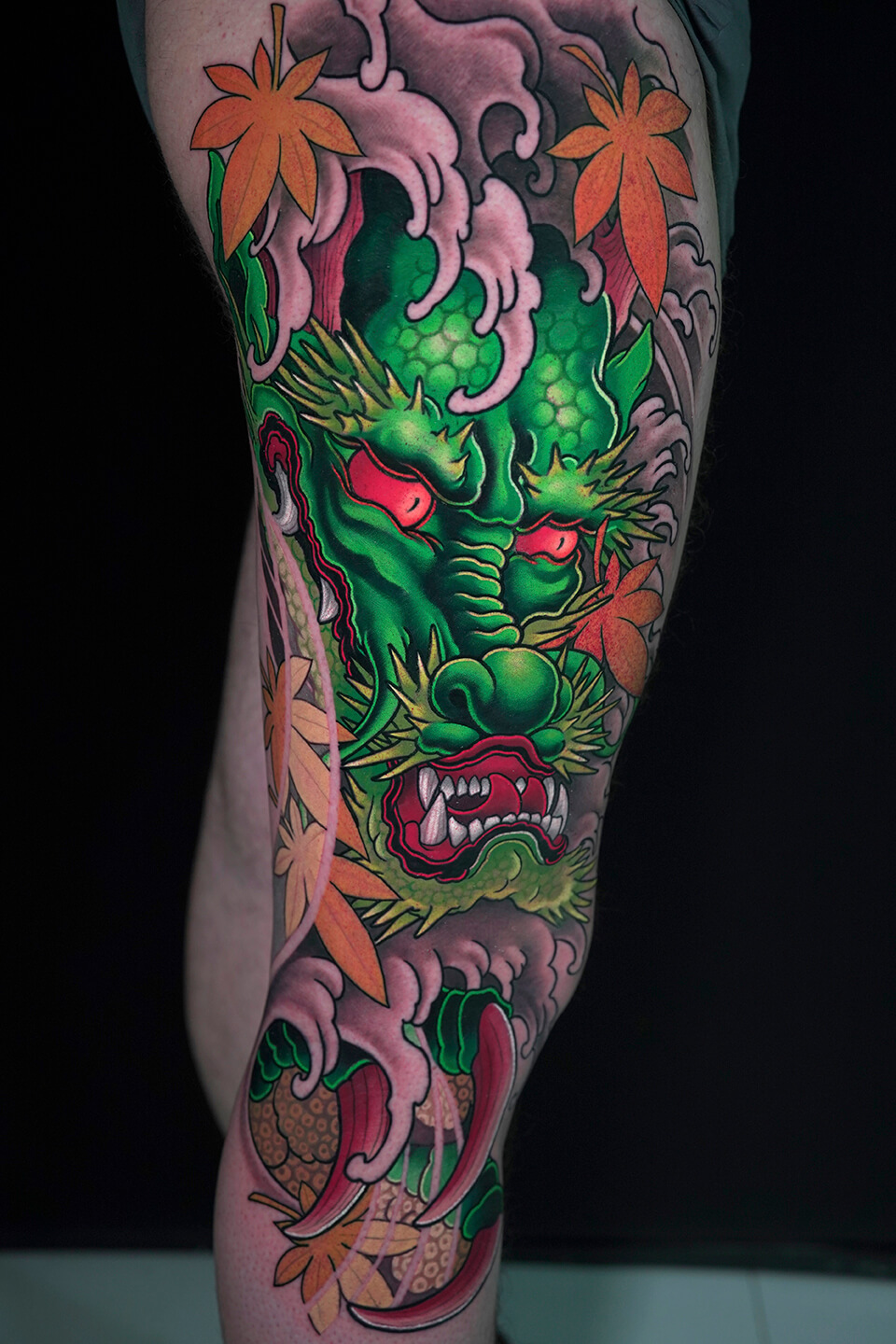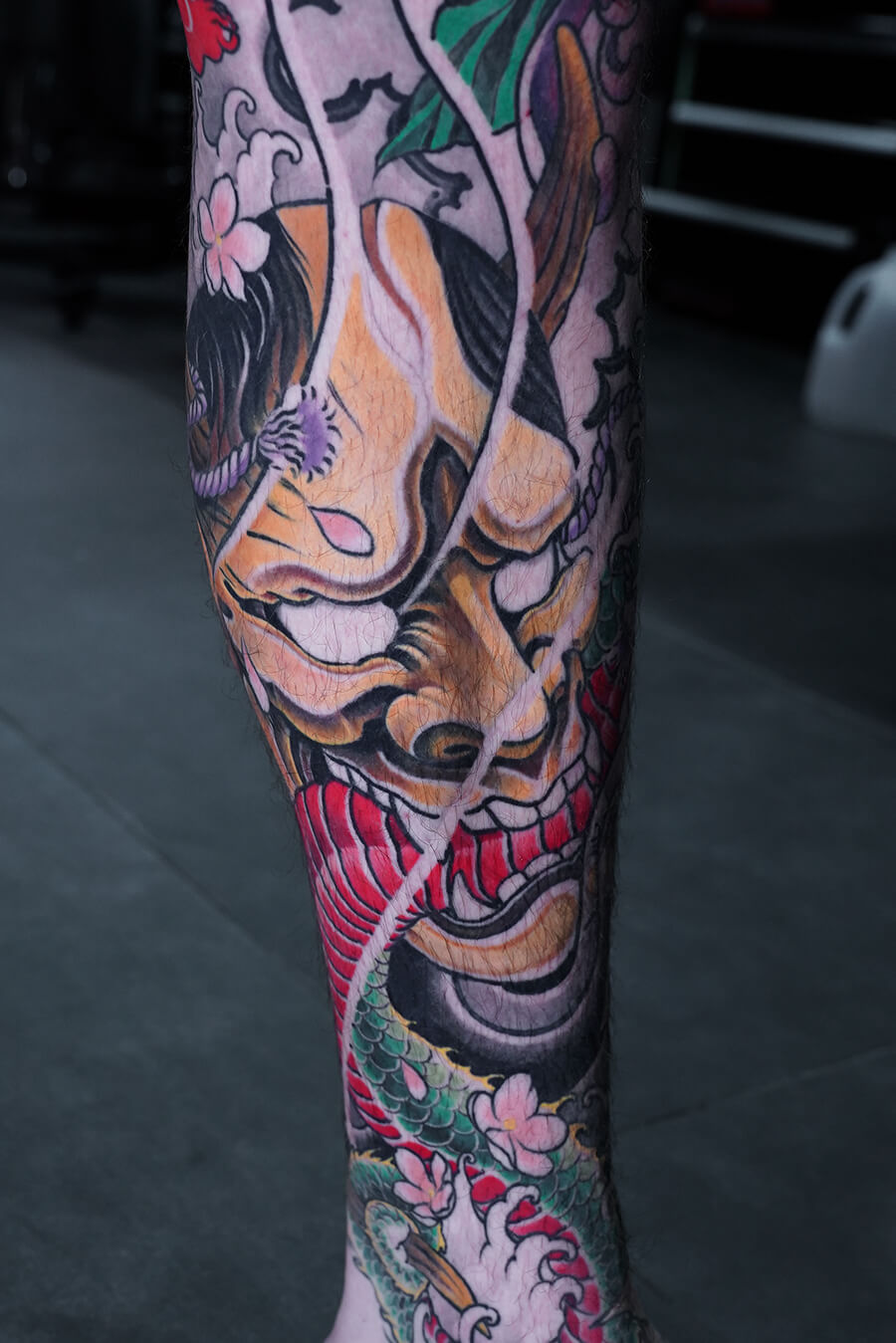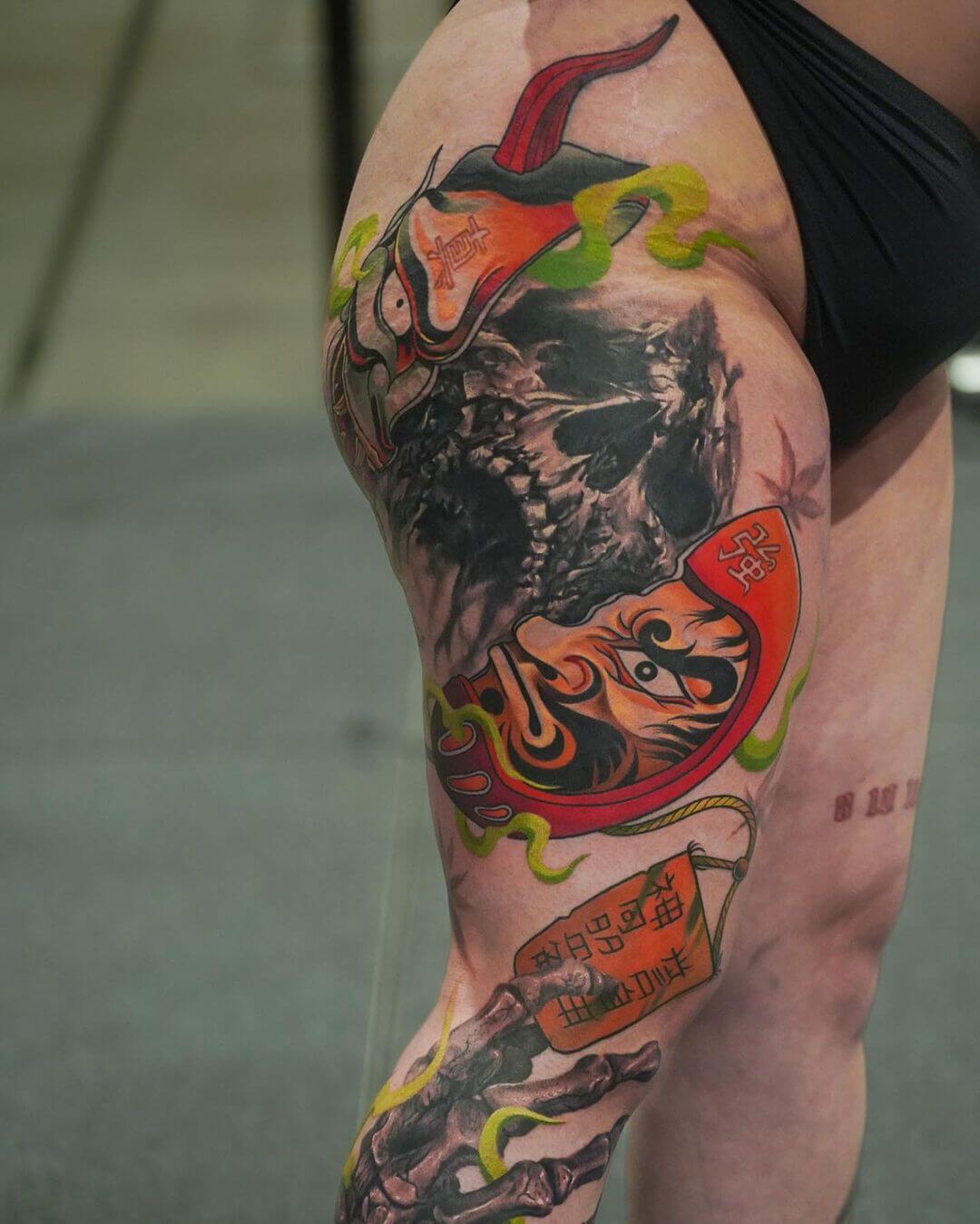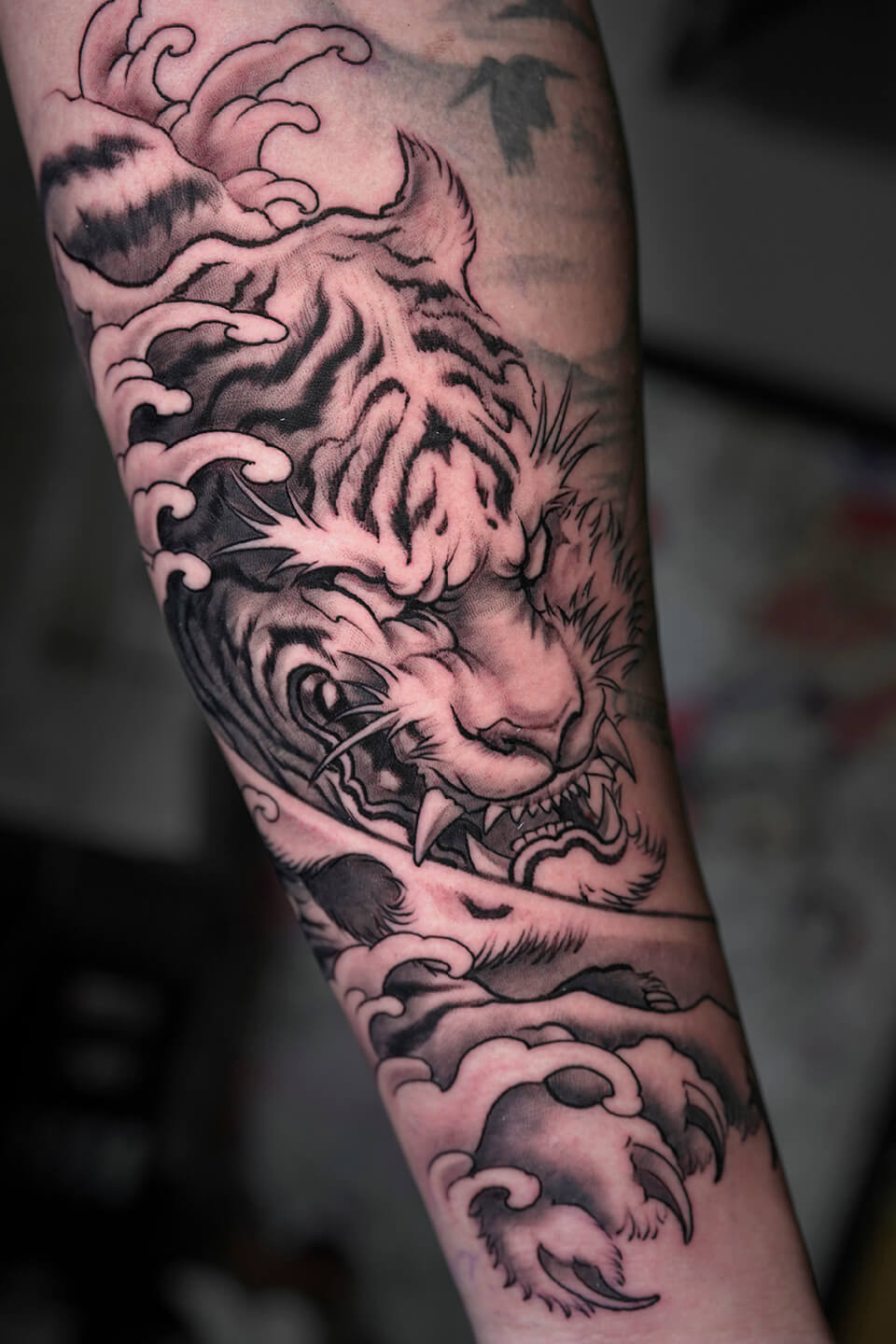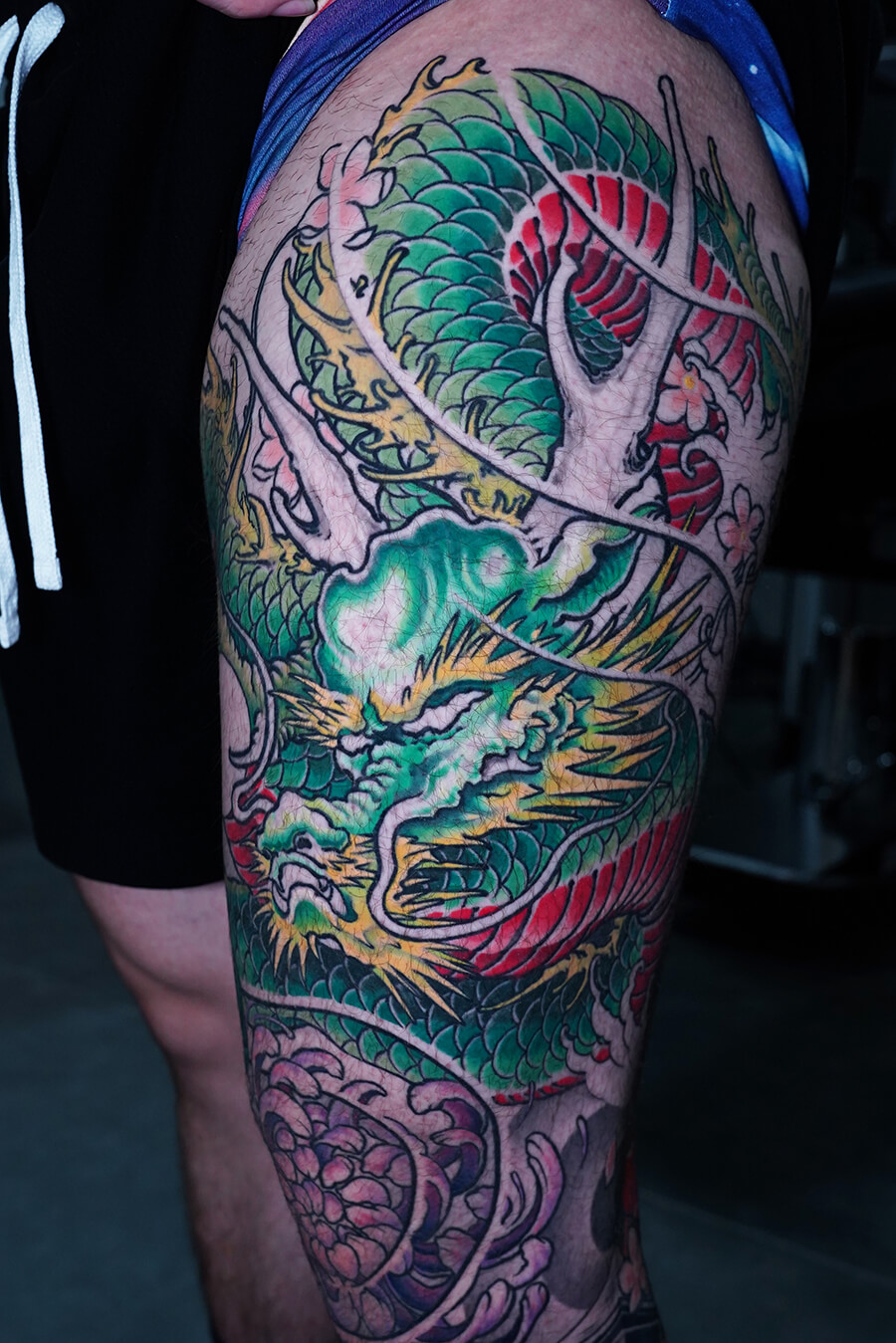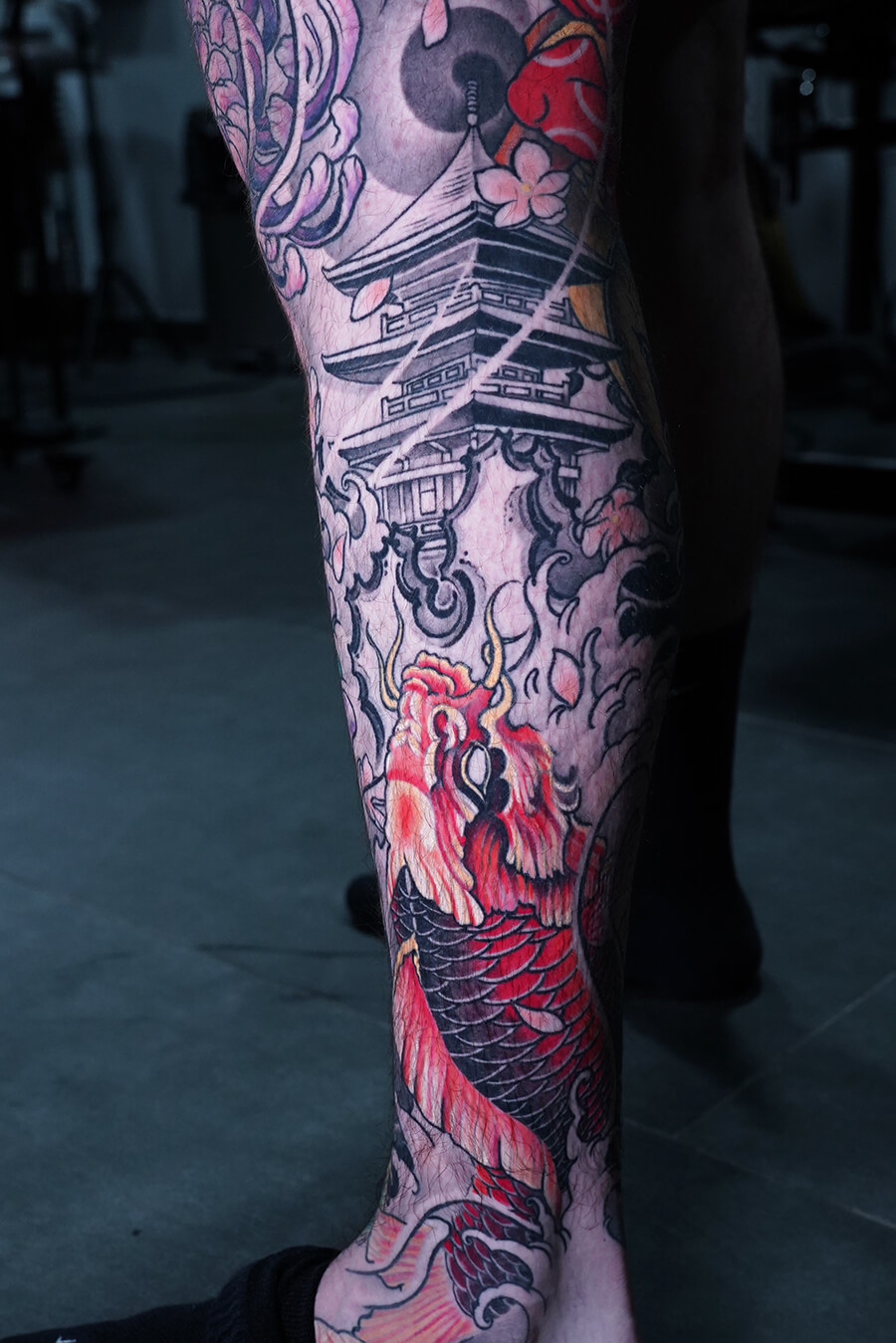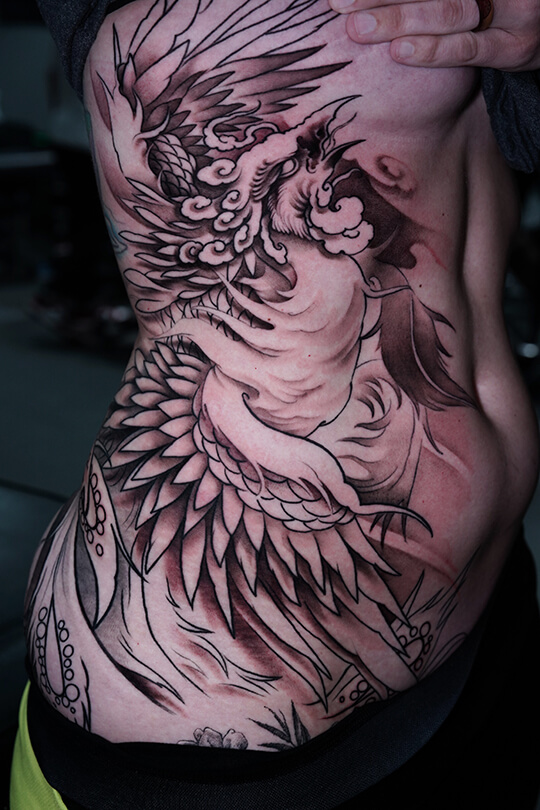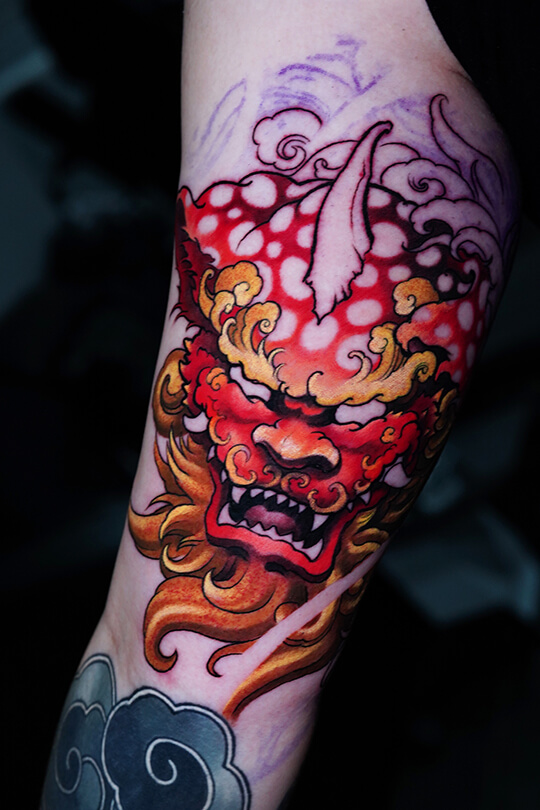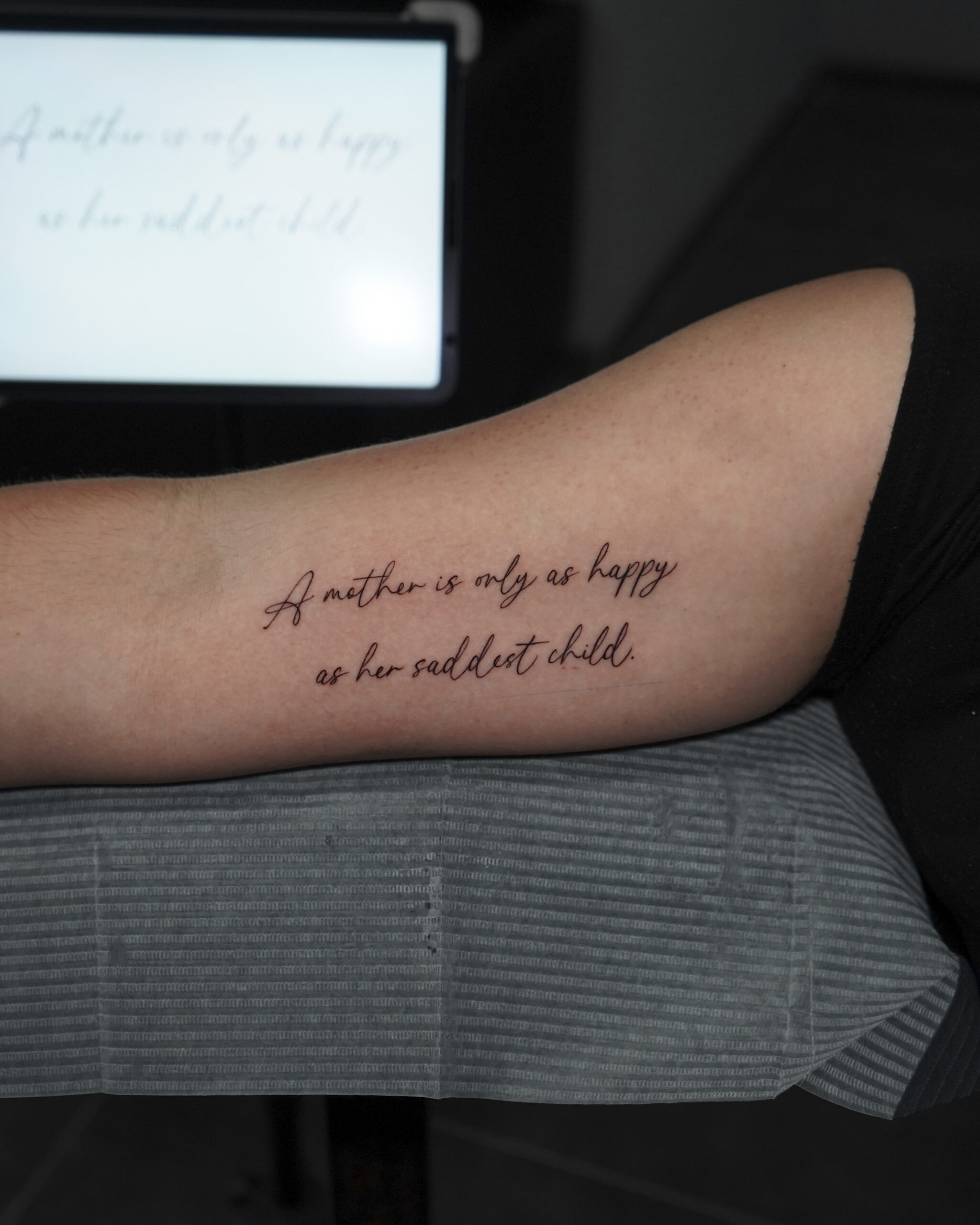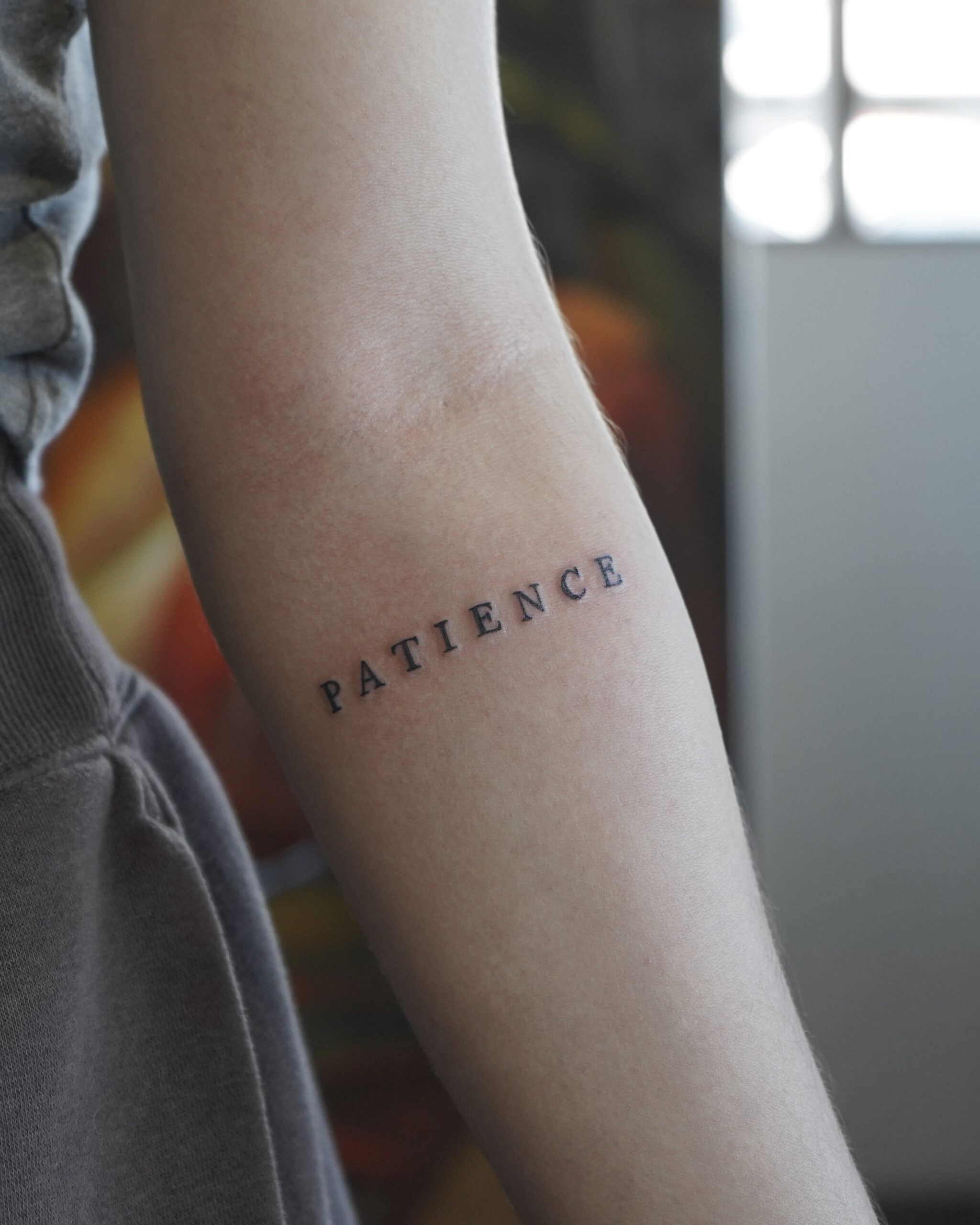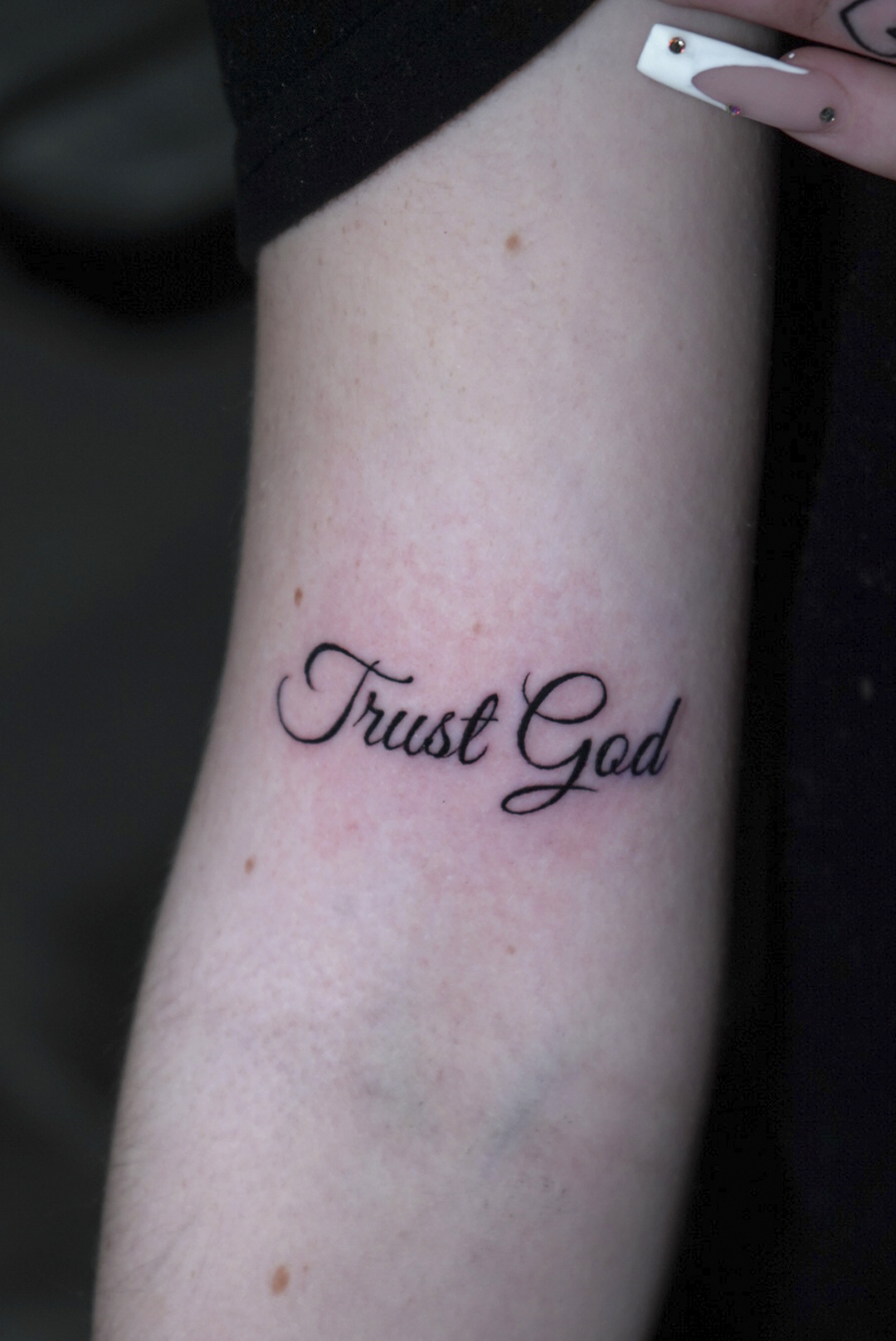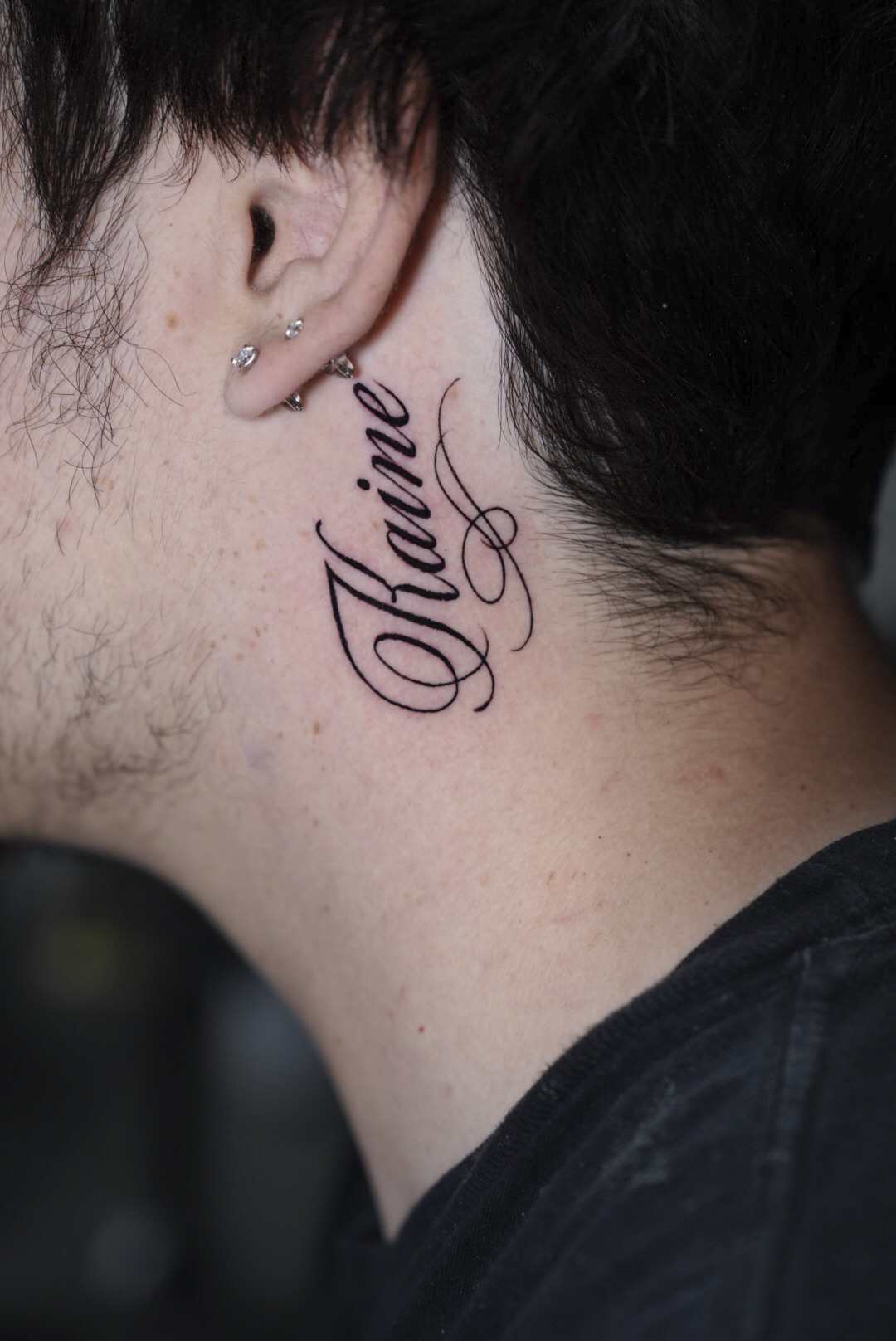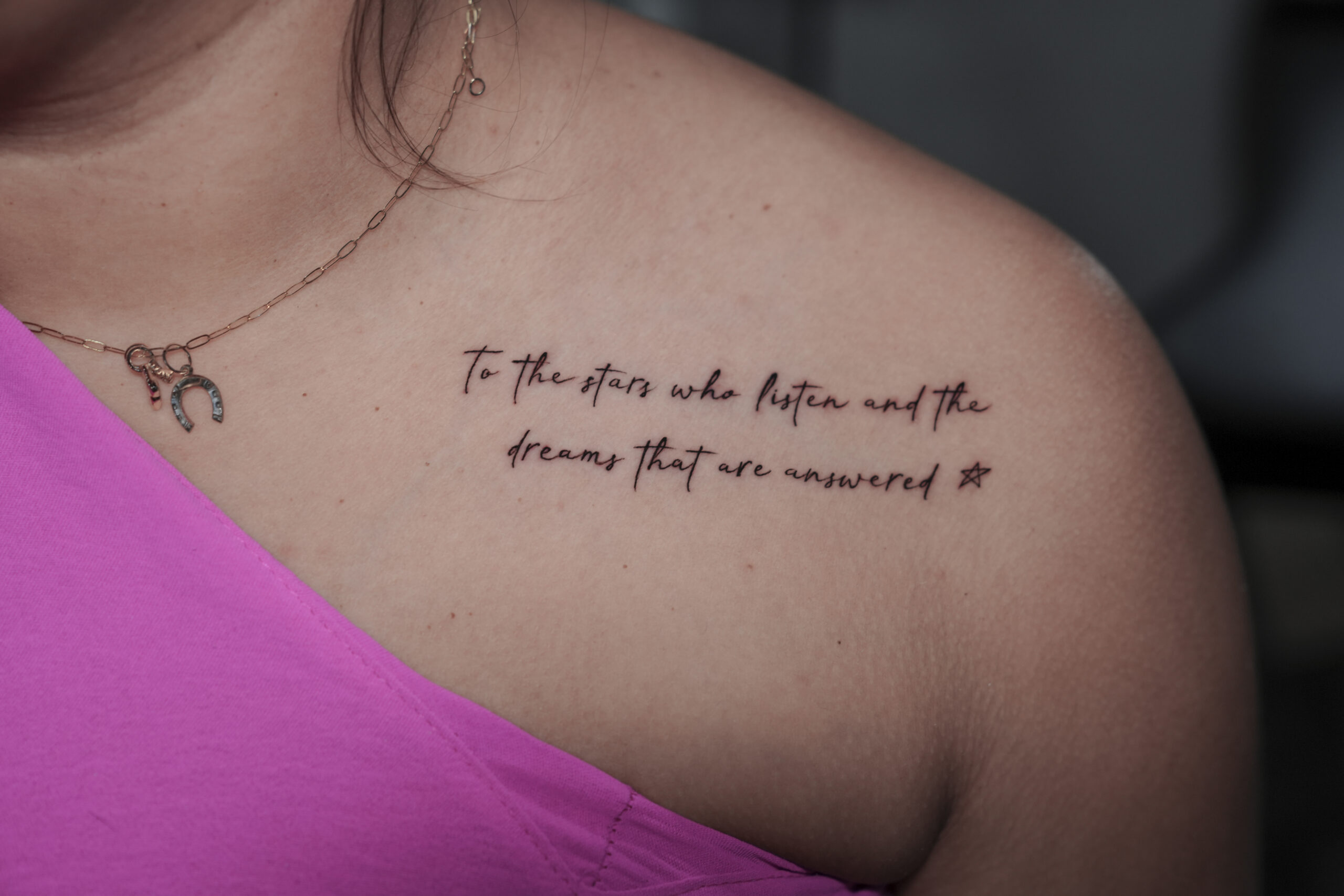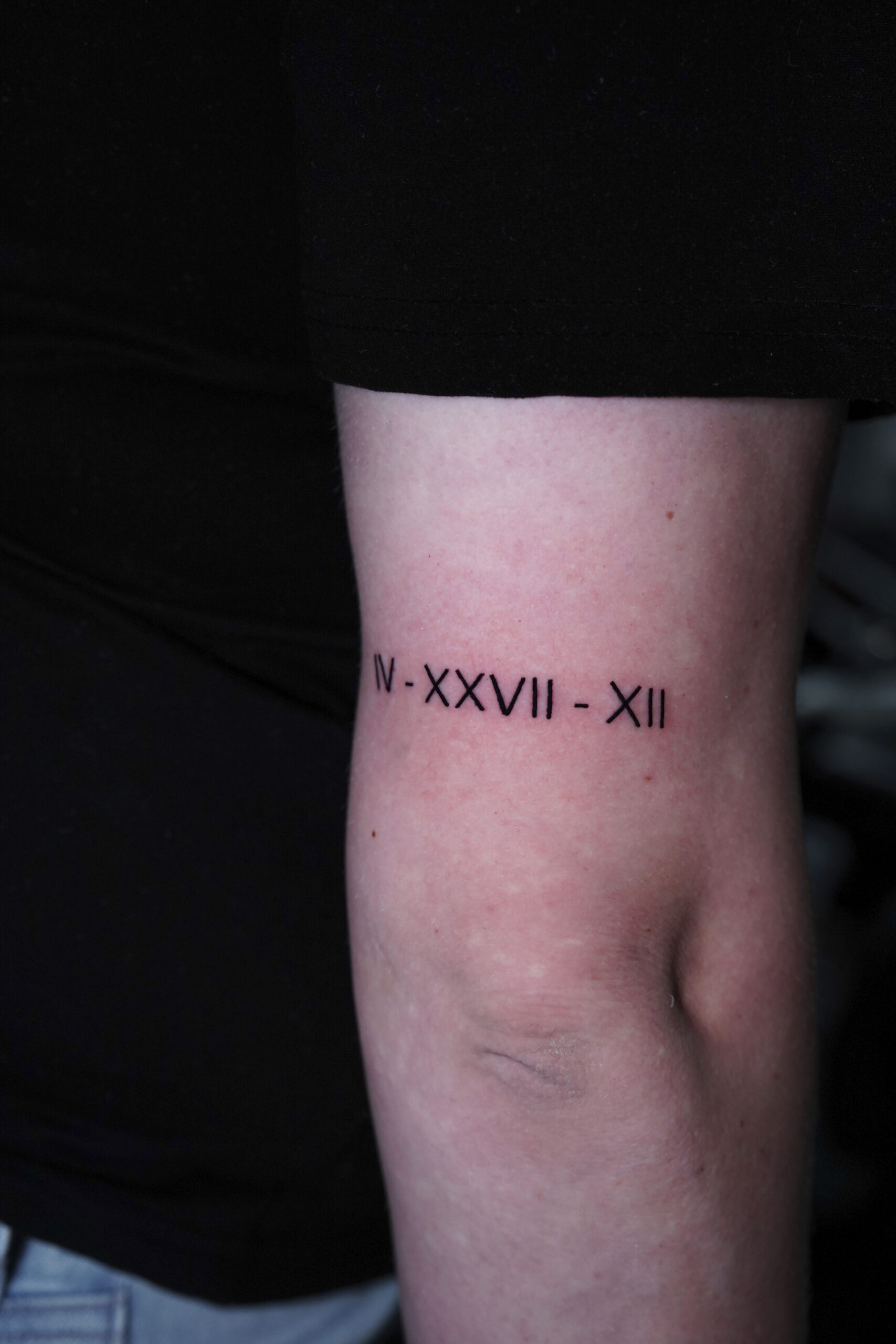Your dietary choices following a new piercing significantly impact healing success, comfort levels, and complication prevention. While proper aftercare focuses heavily on cleaning and jewelry care, nutrition and food selection play equally crucial roles in supporting your body’s healing processes and minimizing irritation to sensitive piercing sites. This comprehensive guide explores the nutritional landscape of piercing recovery, helping you navigate food choices that enhance healing and steer clear of items that may delay recovery or cause unnecessary discomfort.
Initial Foods to Eat After Getting a Piercing
When you get a new piercing, your body embarks on a natural healing journey. What you eat during this time can either help speed up recovery or hinder the recovery process. Here’s a detailed guide on the best foods to include in your diet after getting pierced.
Foods Rich in Vitamin C and Zinc
Vitamin C and zinc are powerhouse nutrients that play a vital role in wound healing. Vitamin C is essential for collagen production, which helps rebuild damaged skin and tissue around your piercing. Zinc supports immune function and cell regeneration, helping protect against infections.
Opt for fruits like strawberries, mangoes, melons, and blueberries. These fruits provide abundant antioxidants and vitamin C but are less acidic than citrus fruits, which can irritate healing piercings, especially those in the mouth or on the face. Incorporating these fruits into your diet not only nourishes your body but also strengthens your natural defenses during recovery.
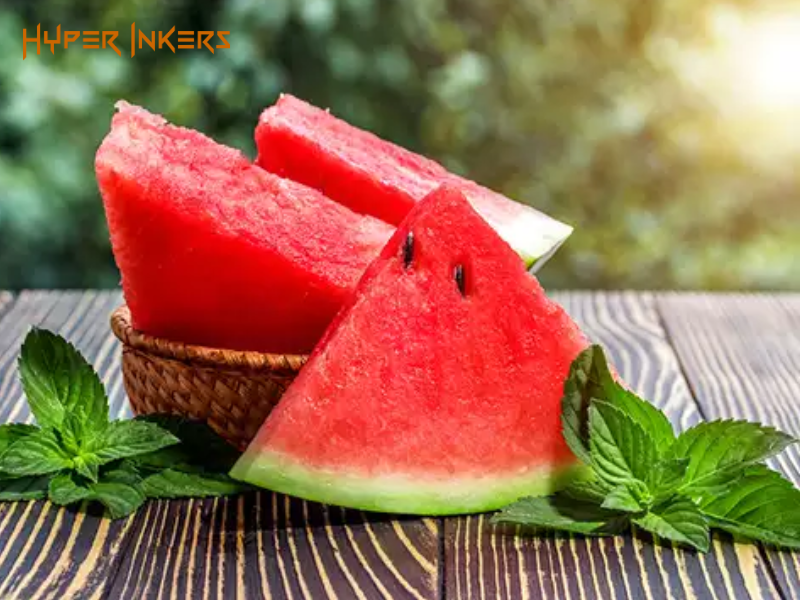
Soft Foods
Soft-textured foods are your best friends during the early stages of healing. Purees, warm soups, yogurts, and fruit compotes allow you to eat comfortably without causing stress or irritation to the pierced area. These gentle textures reduce friction and pressure, helping to minimize pain and avoid accidental injury to sensitive tissue.
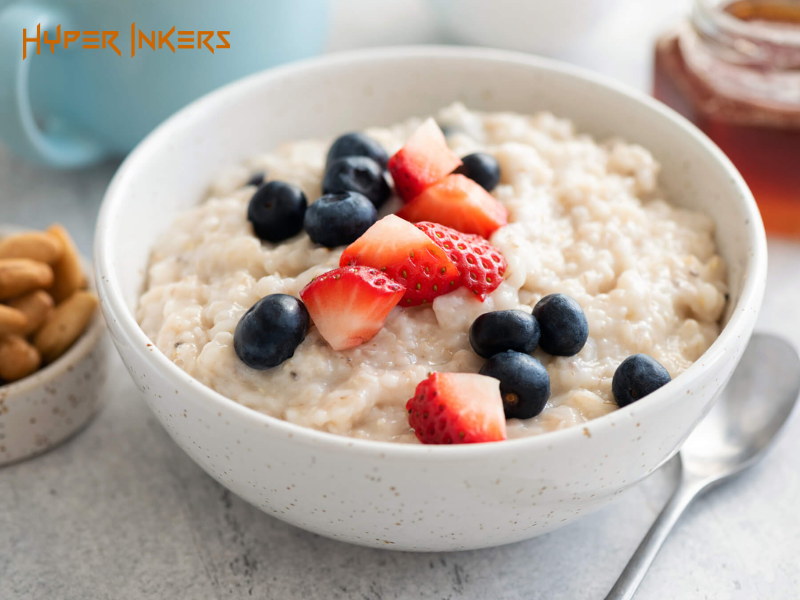
Lean Proteins
Protein such as chicken, fish, and tofu are the building blocks of tissue regeneration, making it excellent choices because they supply the amino acids necessary for collagen formation and wound healing. These foods can be prepared in soft, tender forms such as steamed chicken or poached fish to prevent discomfort while eating near your piercing.
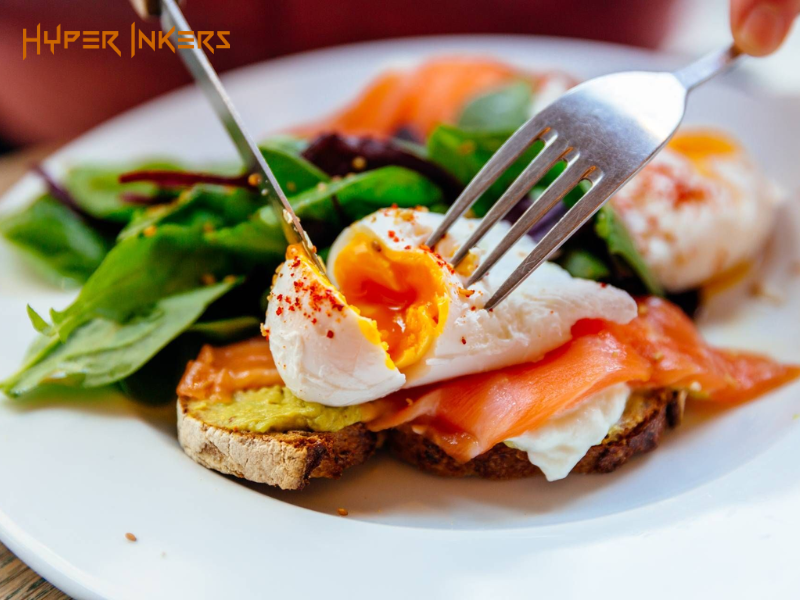
Water
Water is often underestimated, but is absolutely critical for healthy skin and rapid healing. Staying well-hydrated flushes toxins from your body, keeps your tissues supple, and supports all bodily functions involved in repair. Aim for at least eight glasses of water a day and avoid sugary or caffeinated drinks that can dehydrate you and impede your healing.
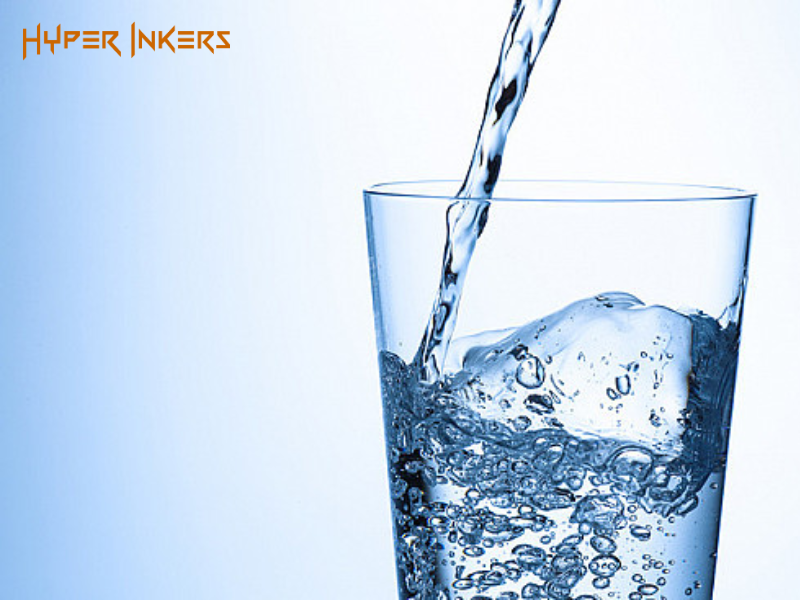
Foods and Drinks to Avoid During Piercing Healing
Certain foods and beverages can significantly hinder the healing process of a new piercing, increasing the risk of infection and causing unnecessary pain. Being aware of these dietary restrictions is crucial to ensure your piercing heals smoothly and comfortably.
Spicy Foods
Spicy ingredients like capsaicin can intensify the natural burning sensation of an open wound, leading to discomfort and increased inflammation near your piercing. Additionally, these foods can temporarily affect your immune system, making it harder for your body to fight off potential infections. Avoid hot peppers, spicy sauces, and heavily seasoned dishes such as spicy Mexican, Indian, or Thai dishes until your piercing has sufficiently healed. For oral piercings, it’s best to avoid spicy foods completely for 2 to 4 weeks, or until swelling has fully subsided.
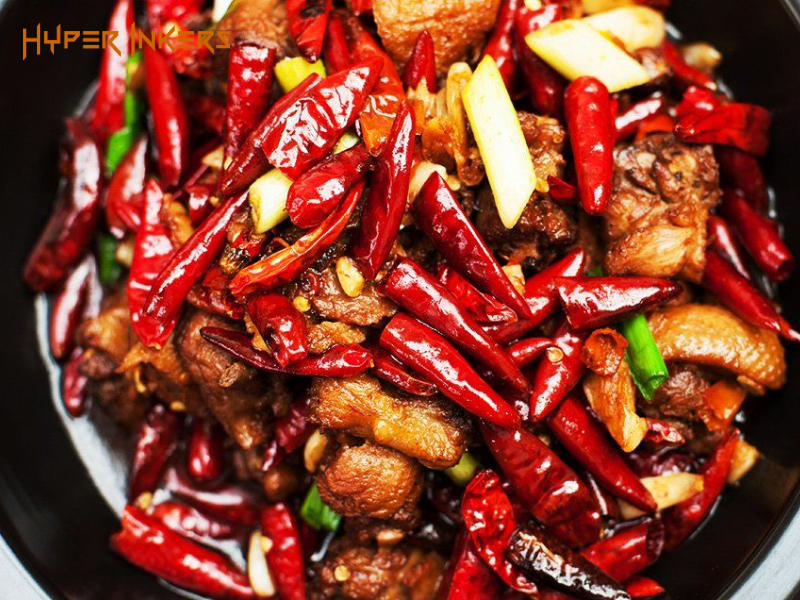
Acidic Foods
Acidic foods and beverages can cause a sharp stinging sensation on healing skin, disrupting the pH balance necessary for tissue repair. Items like oranges, lemons, tomatoes, vinegar, and pickled foods often aggravate sensitive piercing sites. Acidic drinks including citrus juices, coffee, wine, and carbonated sodas should either be consumed cautiously or avoided during the early healing phase. Once healing progresses, these can be reintroduced gradually, but it’s important to listen to your body and avoid anything that causes irritation.
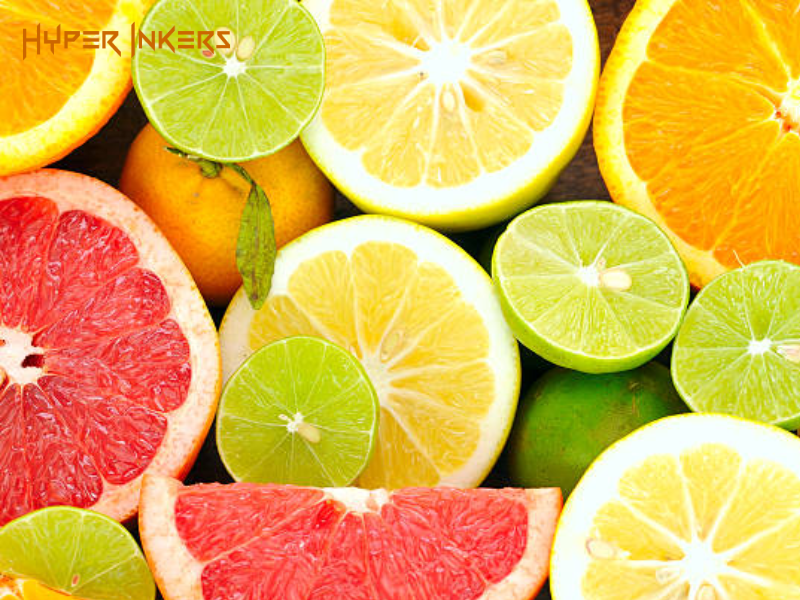
Hard and Crunchy Foods
Foods with hard or crunchy textures can cause mechanical irritation by scraping against or bumping your piercing, which may delay healing or cause discomfort. Raw vegetables, nuts, hard candies, crusty breads, and chips fall into this category. To satisfy cravings, try cooking vegetables until soft or opting for smooth nut butters instead of whole nuts.
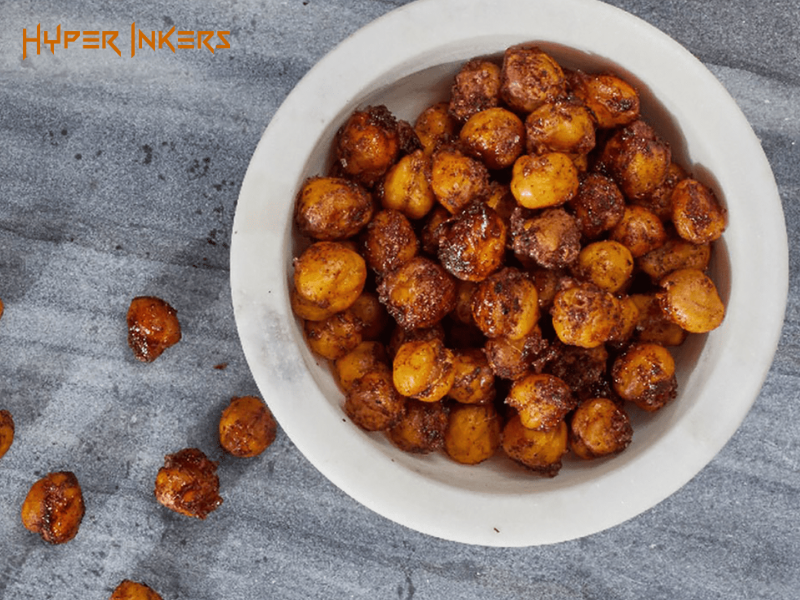
Sticky Foods
Sticky or gummy foods can adhere to jewelry and surrounding tissue, creating a breeding ground for bacteria that may lead to infection. Peanut butter, caramel, thick oatmeal, honey, and gummy snacks are common culprits. Diluting sticky foods with liquids or choosing softer alternatives can reduce this risk.
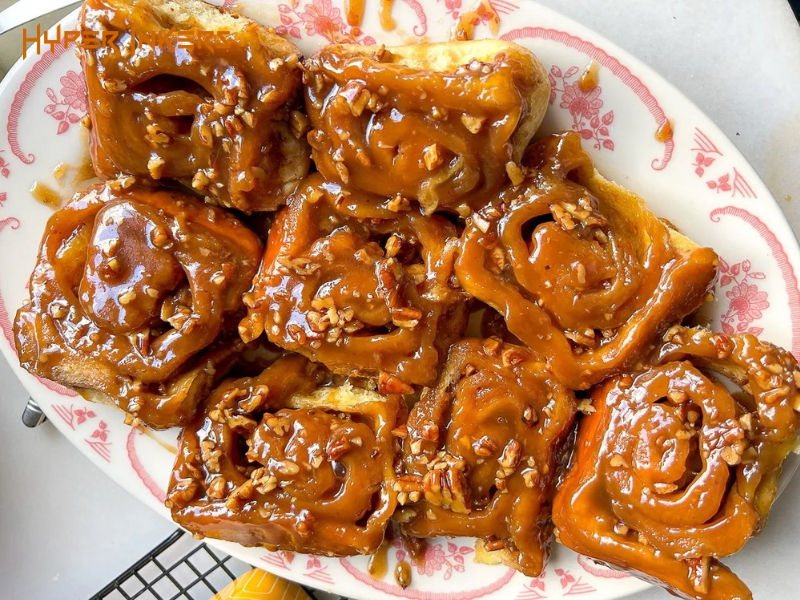
Alcohol
Alcohol consumption can interfere with your body’s ability to heal by suppressing immune function, increasing bleeding risk, and causing dehydration. Particularly for oral piercings, alcohol can cause immediate burning and irritation. Additionally, alcohol may interact negatively with any medications prescribed to manage piercing complications. For the sake of optimal healing, it’s best to abstain from alcohol until your piercing has fully healed.
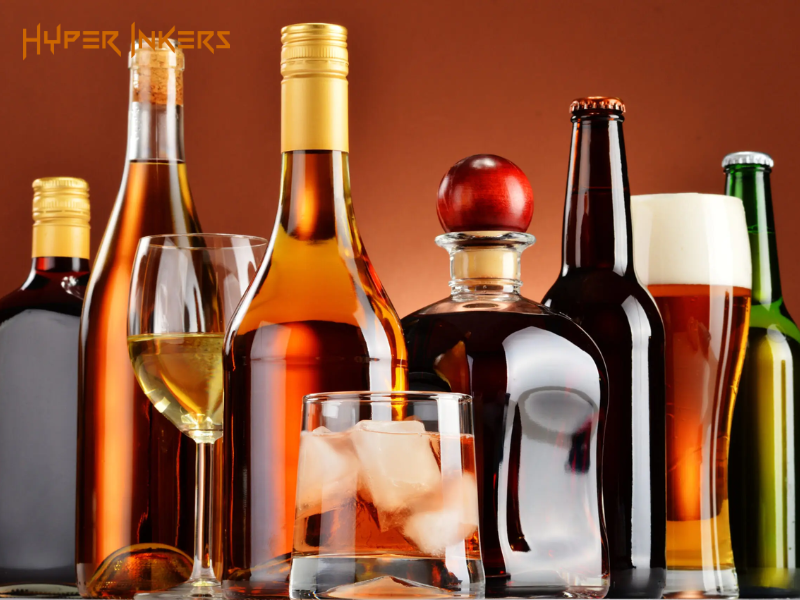
Salty Foods
Processed snacks, cured meats, canned soups, fast food, and salted nuts often contain high levels of salt that may exacerbate discomfort. High sodium intake can lead to increased swelling and inflammation around the piercing by drawing moisture from healing tissues. While you don’t need to eliminate salt completely, moderating your intake during healing is important to support your body’s recovery.
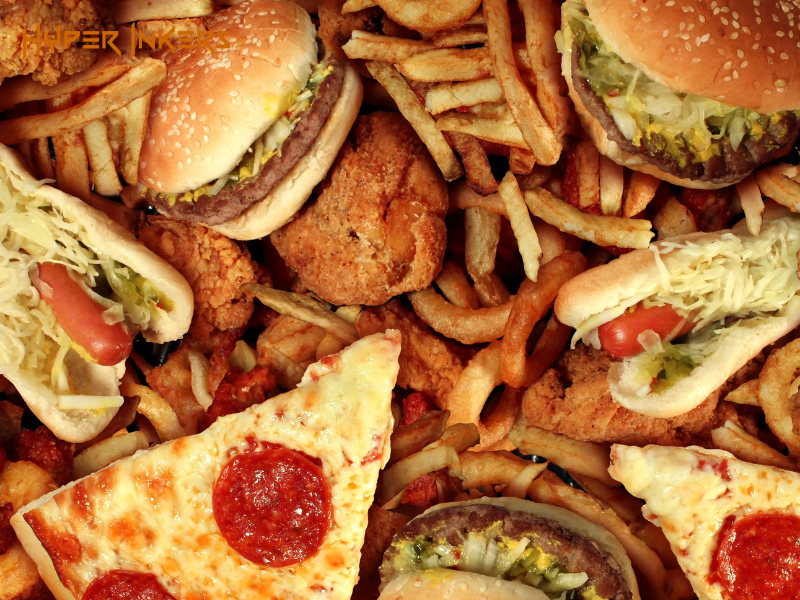
Hot Beverages and Foods
Avoid beverages above body temperature and allow hot foods to cool to warm or room temperature before eating. Also, using straws and sipping carefully can help minimize contact with oral piercings. Common items to watch include coffee, tea, soups, and reheated meals. Even after your piercing has healed, extremely hot foods may still cause temporary discomfort, so adopting moderate temperature habits benefits long-term comfort.
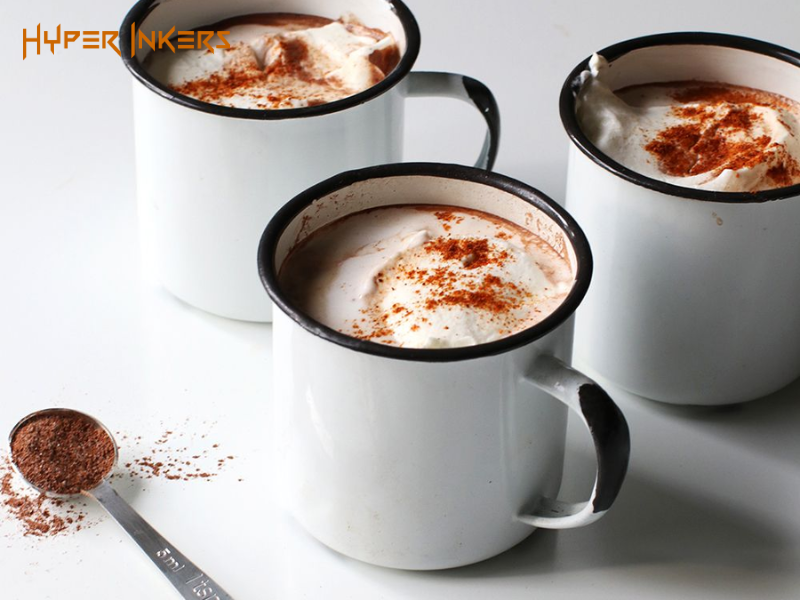
FAQs About Foods After Piercings
Can I drink alcohol while my piercing is healing?
It’s best to avoid alcohol while your piercing is healing. Alcohol can dehydrate your body, suppress your immune system, and increase inflammation, all of which can delay the healing process and increase the risk of infection. To ensure the fastest and safest recovery, hold off on drinking alcohol until your piercing has fully healed.
How do I know if a food is irritating my piercing?
You can tell if a food is irritating your piercing if you experience increased redness, swelling, burning, or pain shortly after eating it. The area around the piercing may feel more sensitive or uncomfortable than usual. Sometimes, irritation can also cause itching or tenderness. If these symptoms consistently occur after consuming certain foods, it’s a good idea to avoid them until your piercing heals fully.
Proper nutrition during piercing healing involves both choosing foods that support recovery and avoiding items that could hinder progress or cause unnecessary discomfort. At Hyper Inkers, we believe that informed care from selecting the right piercing placement to nurturing your body with supportive foods will make all the difference in your body modification journey. Whether you’re exploring new placements or preparing for your first piercing, trust Hyper Inkers to guide you with expert advice, exceptional care, and personalized support every step of the way.











